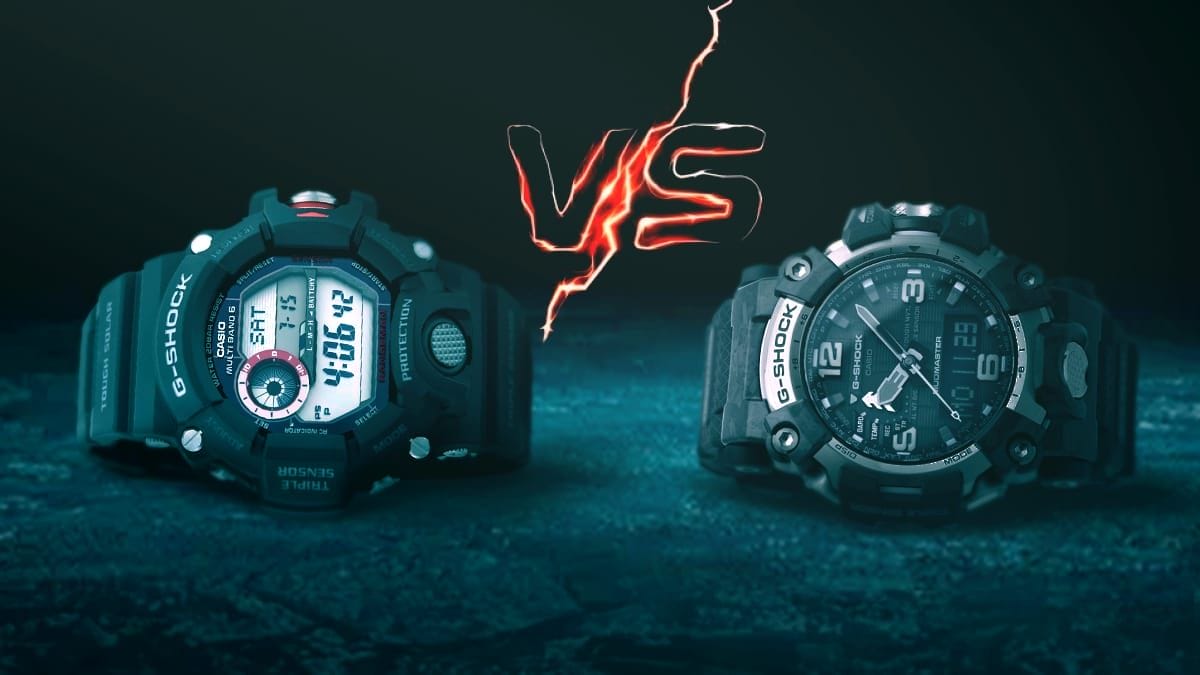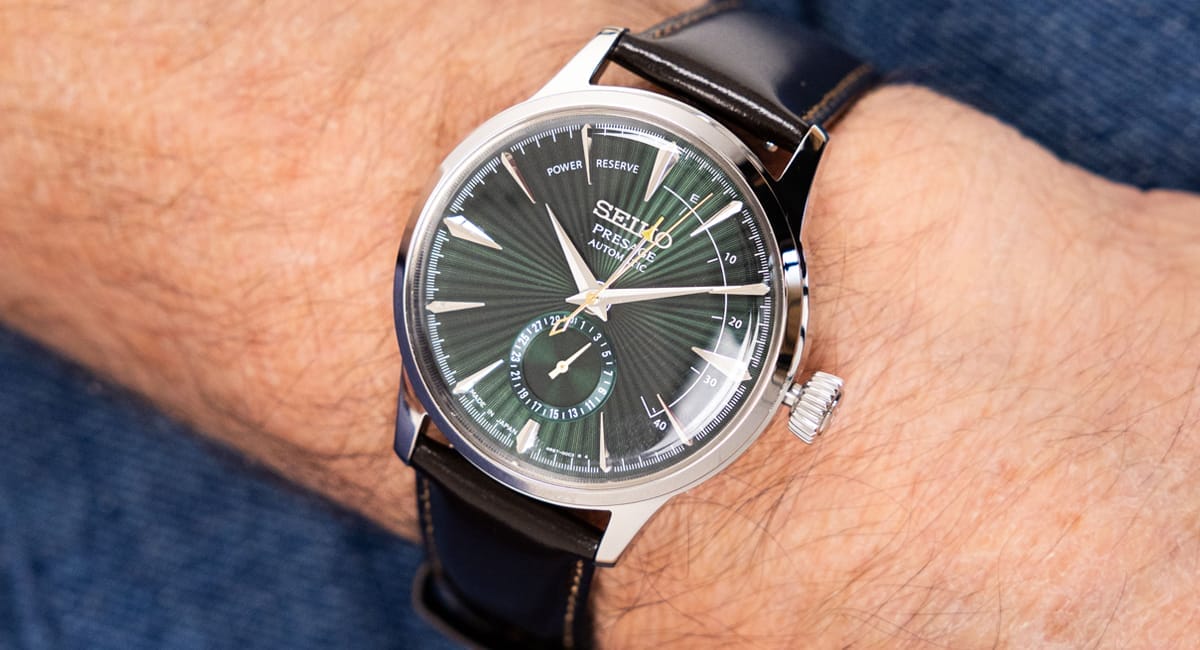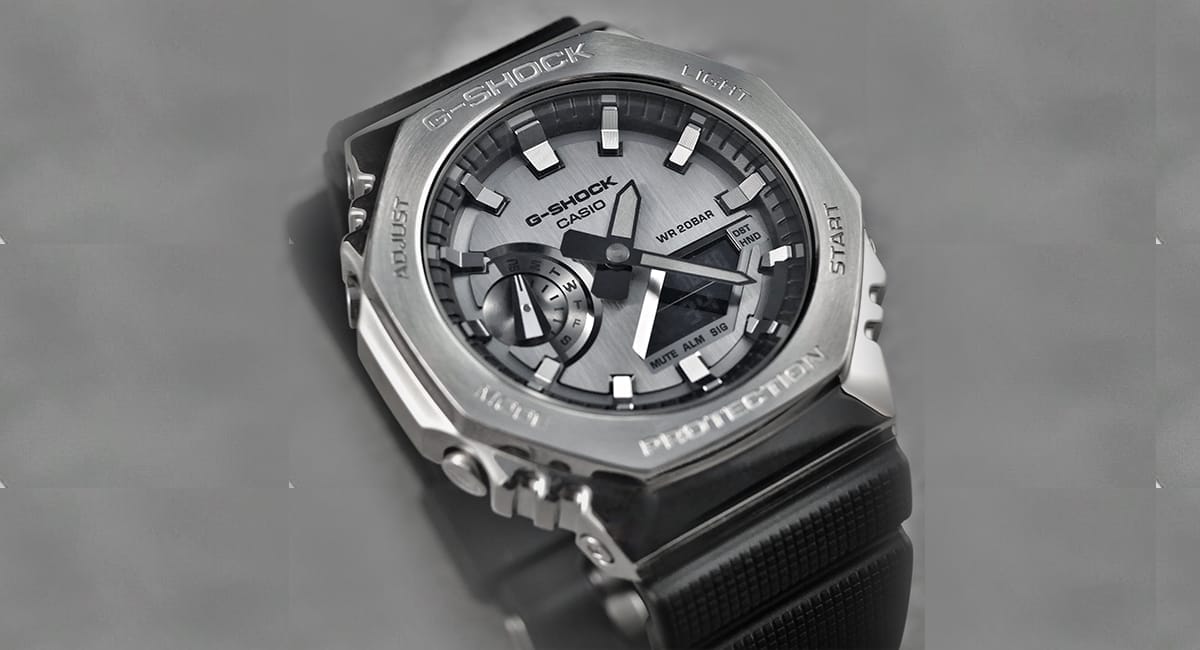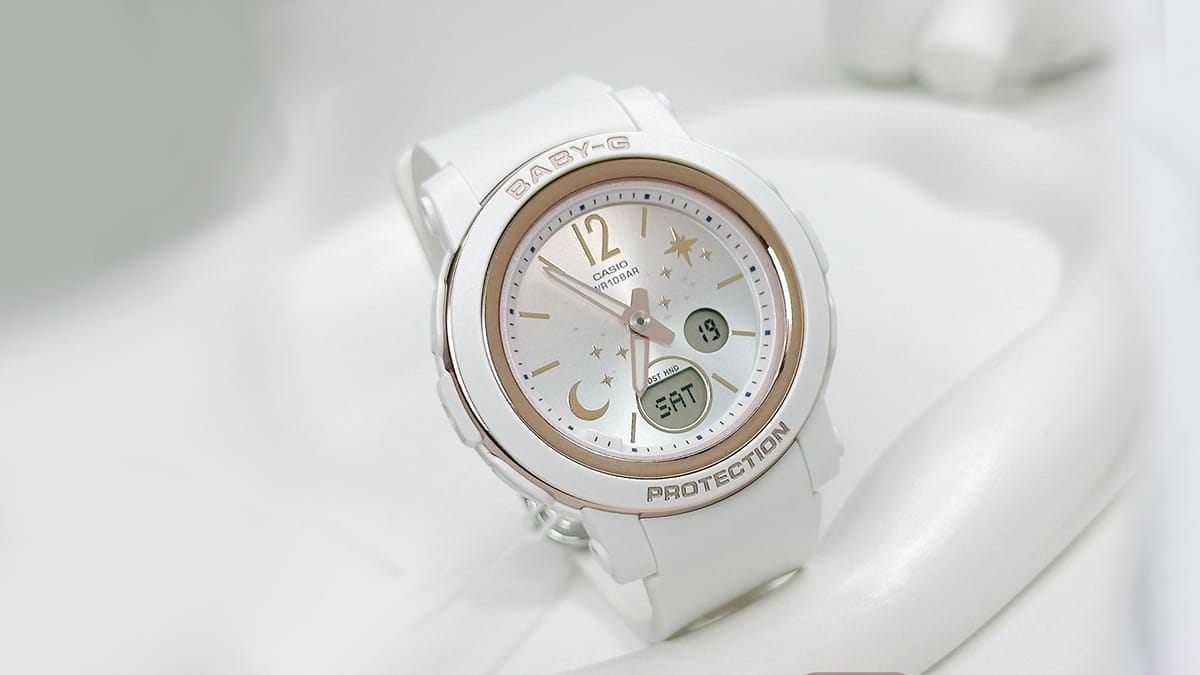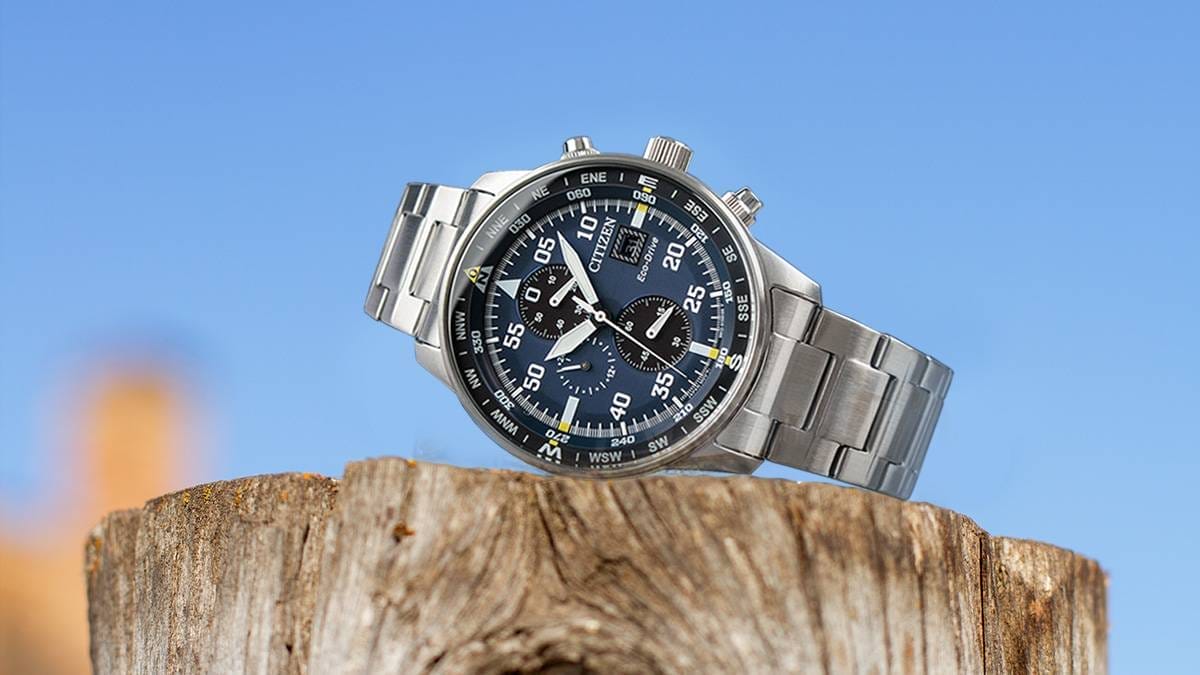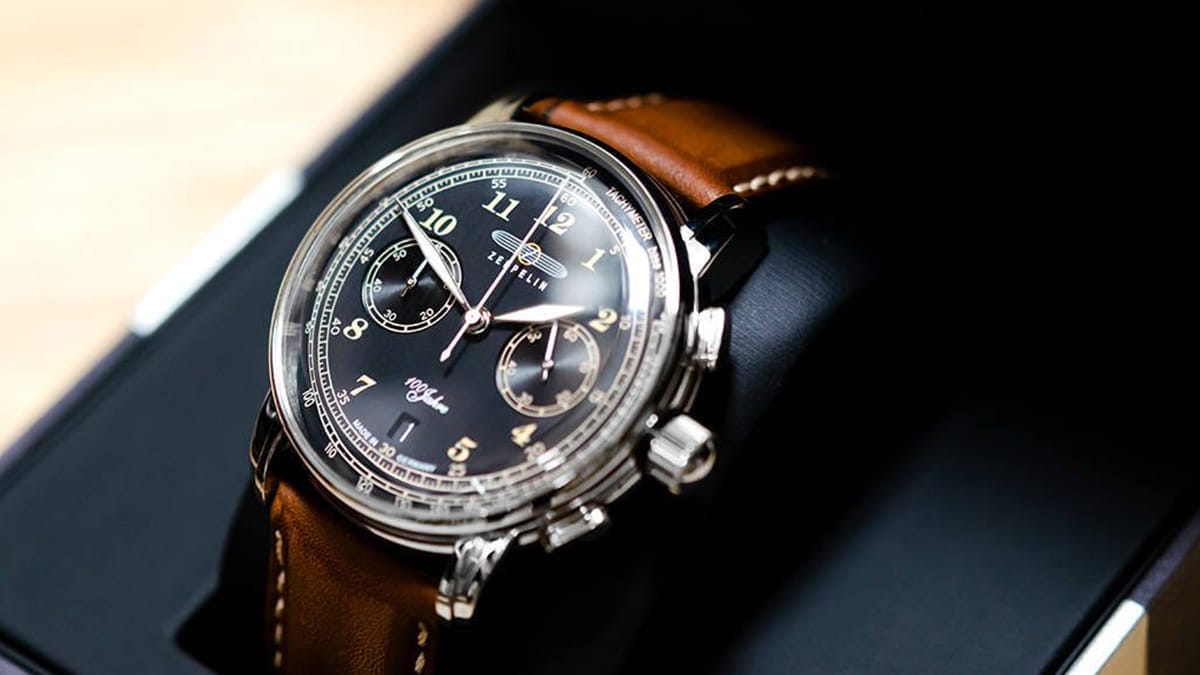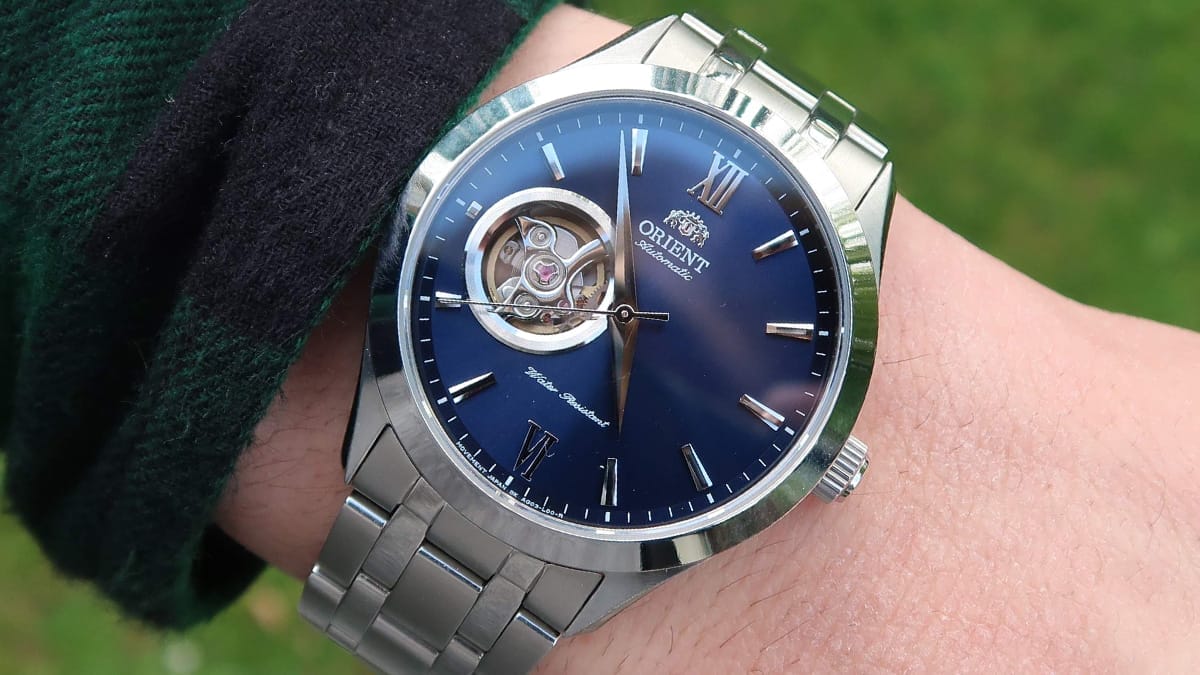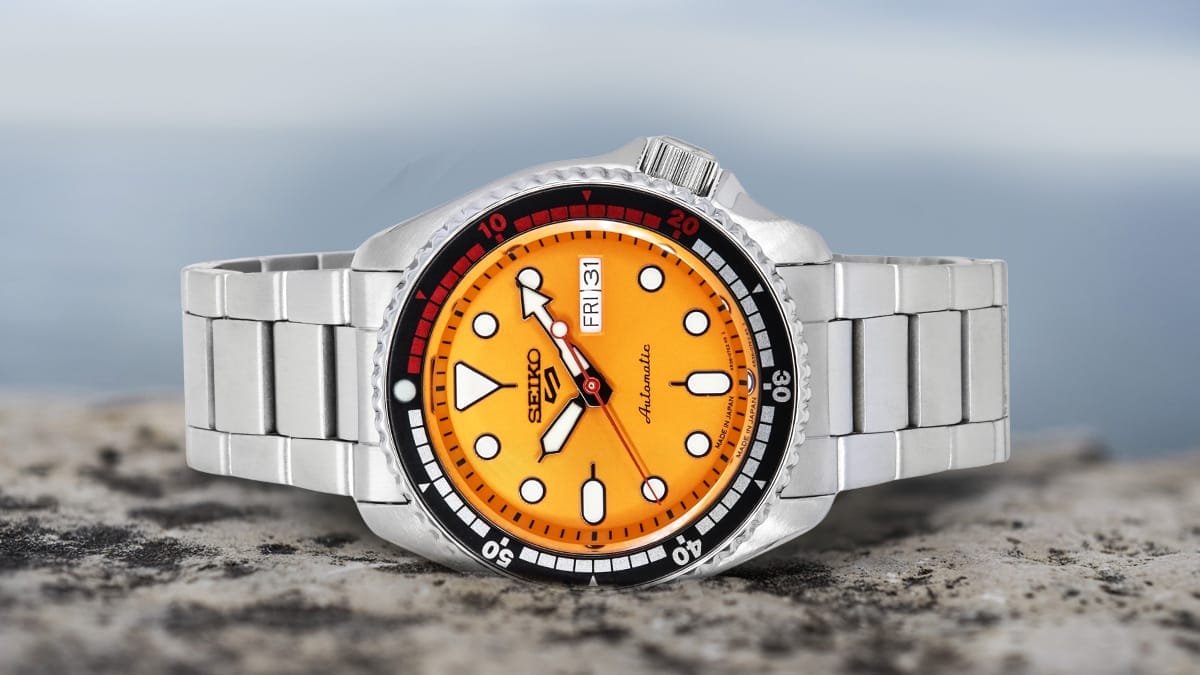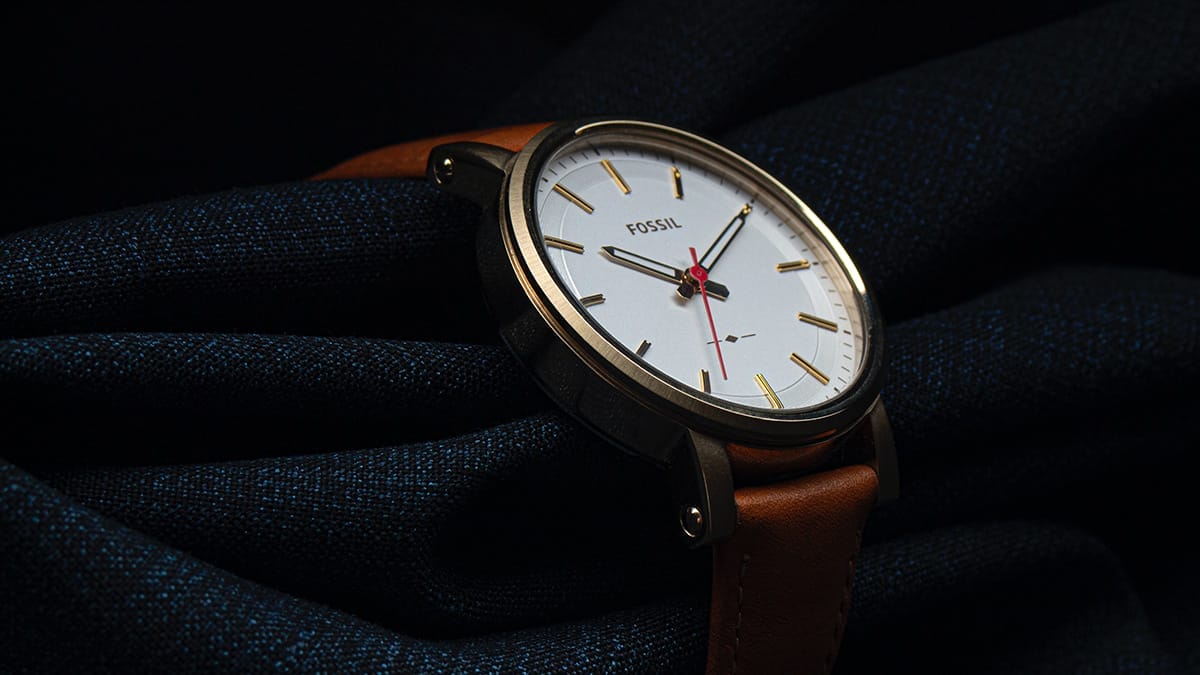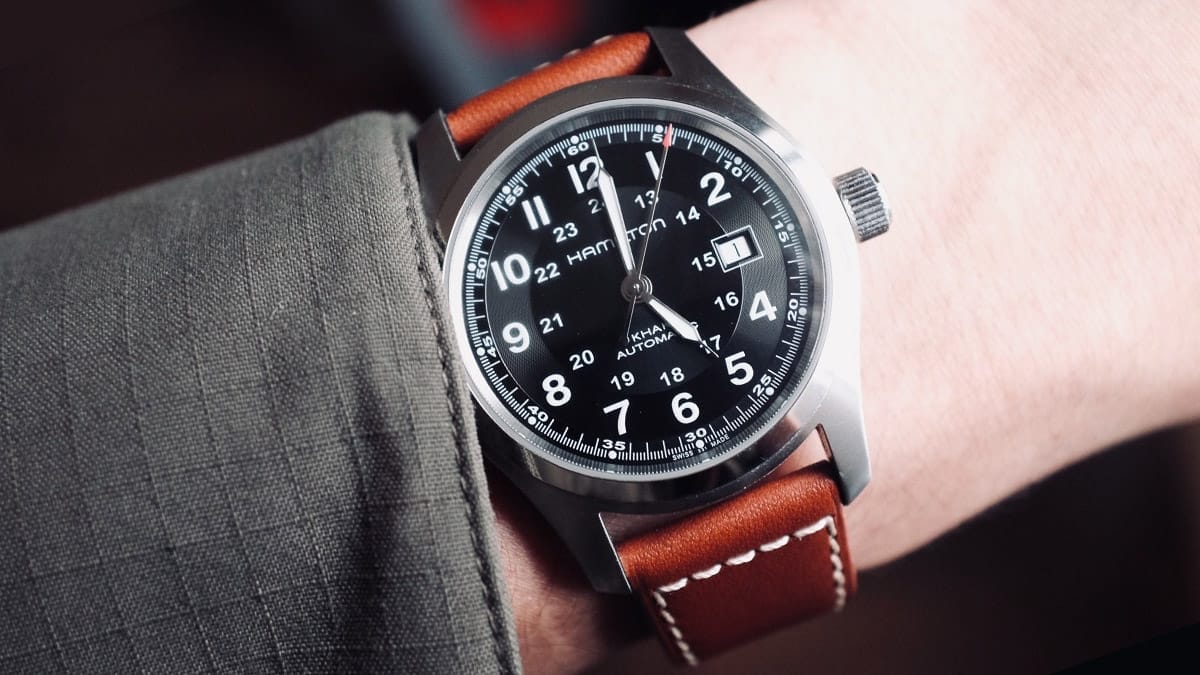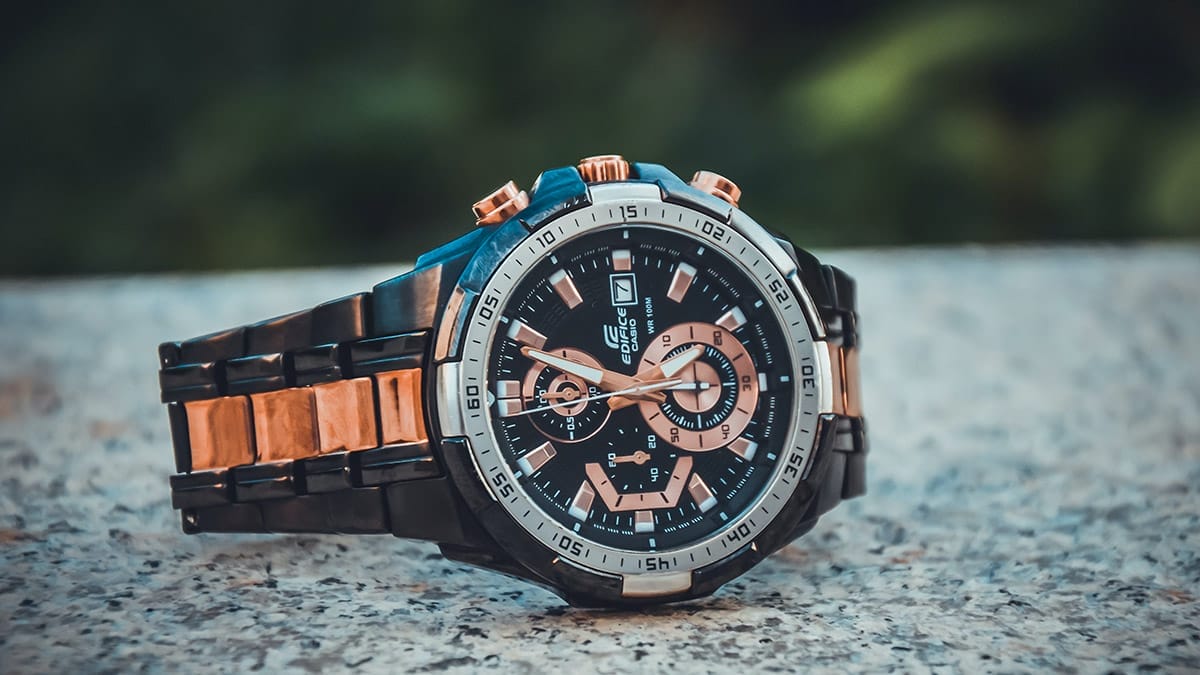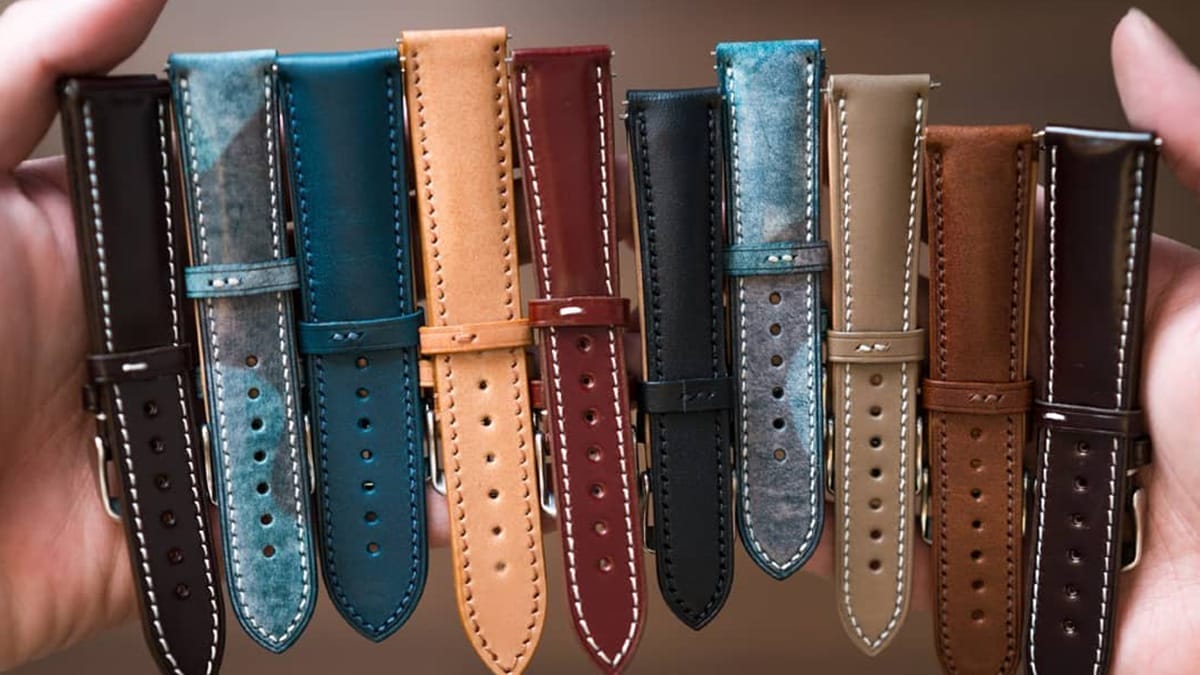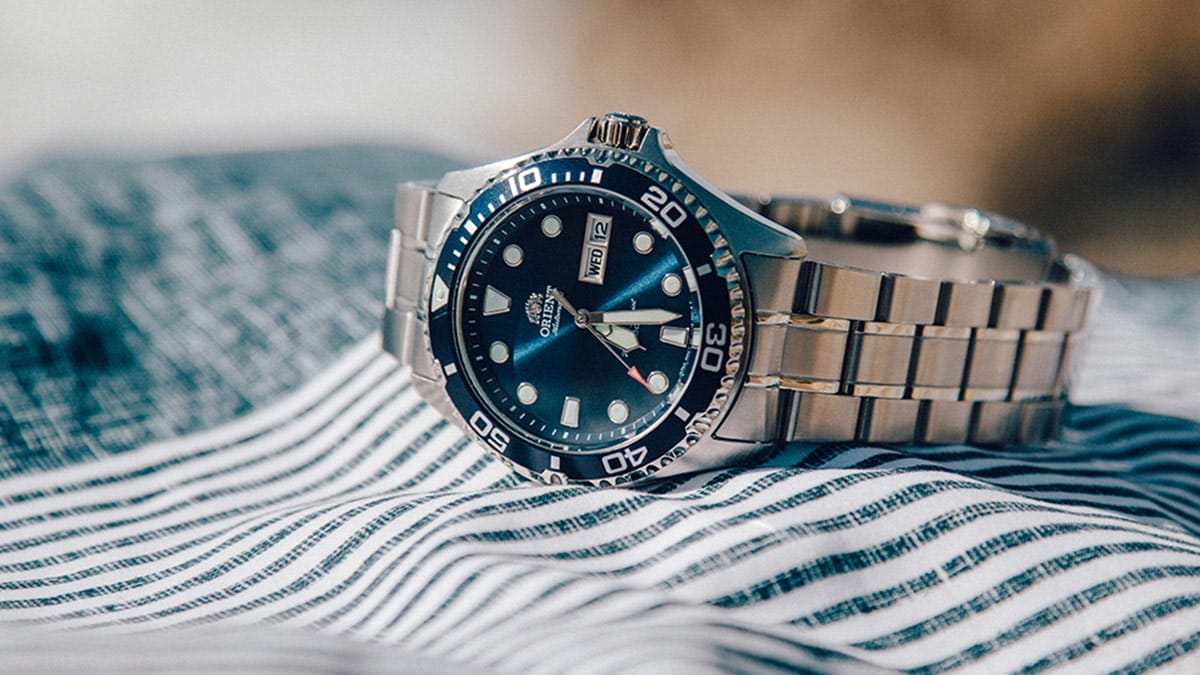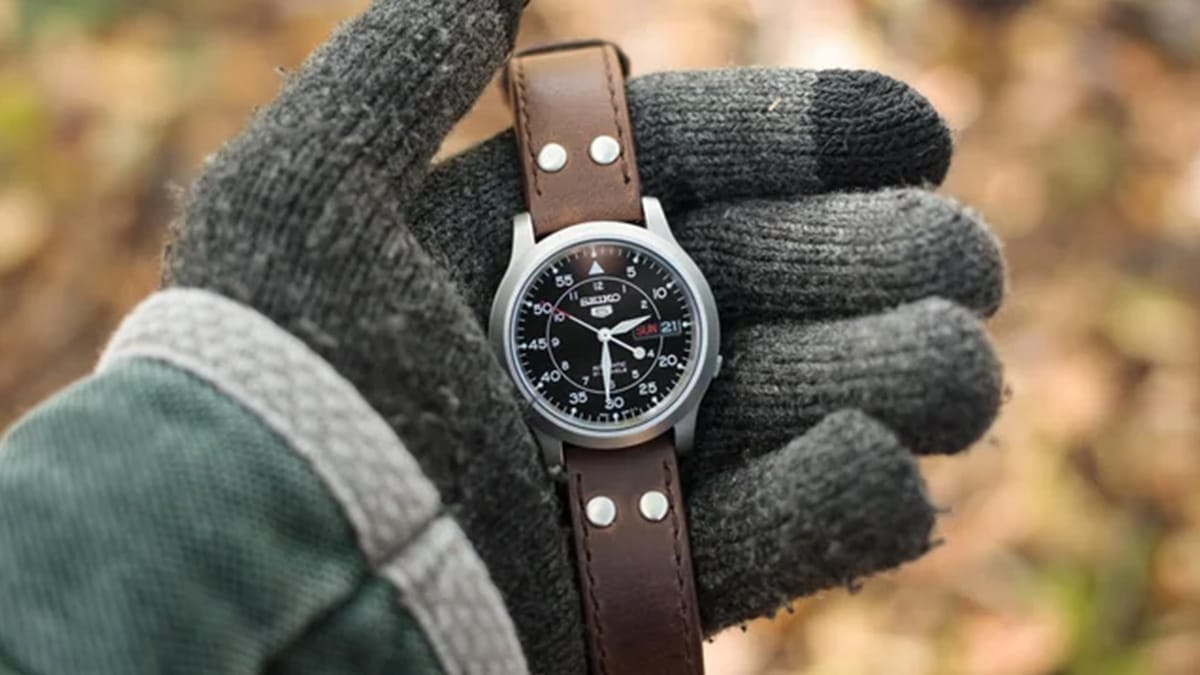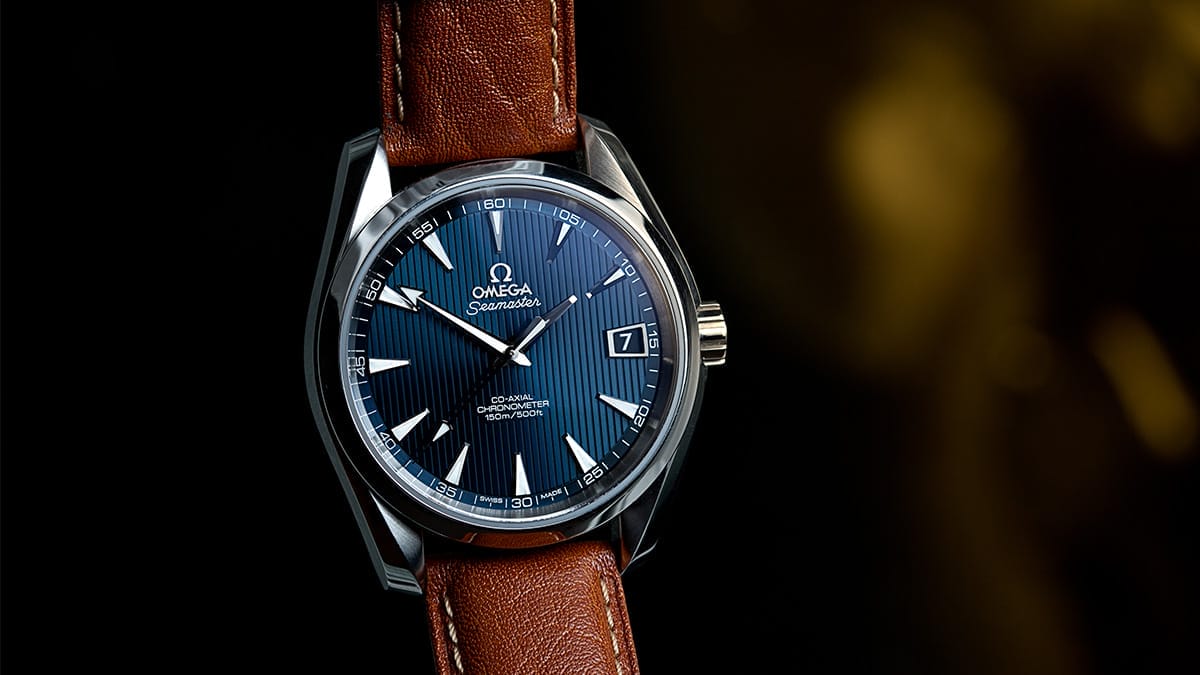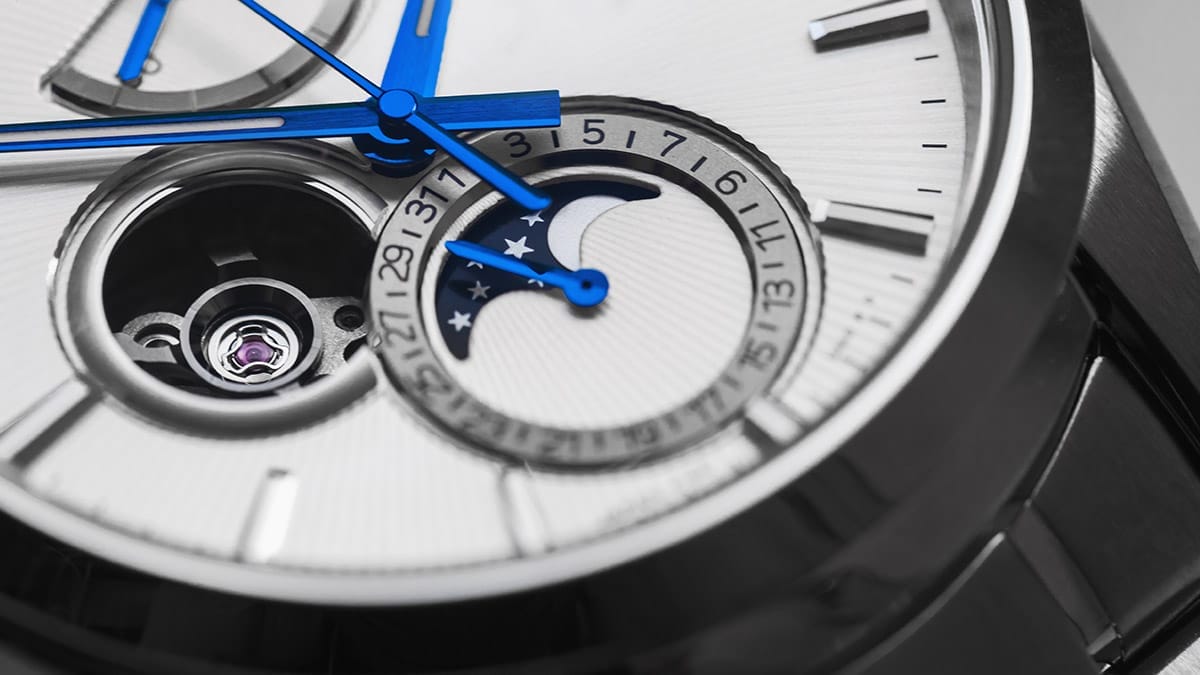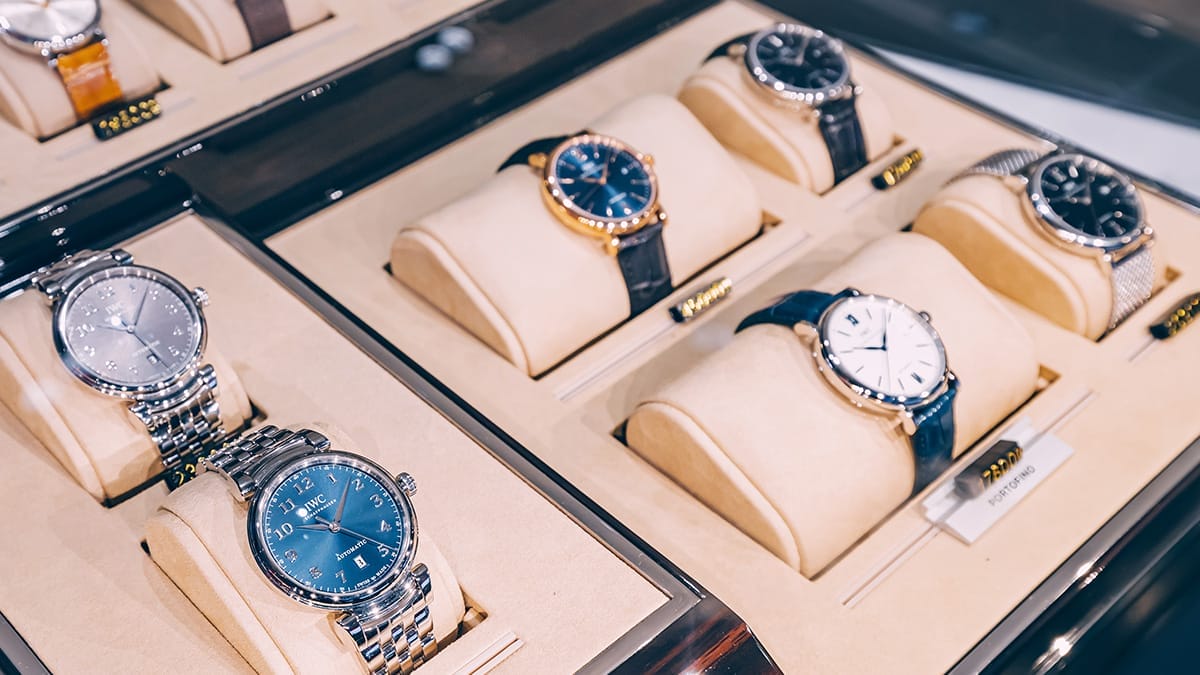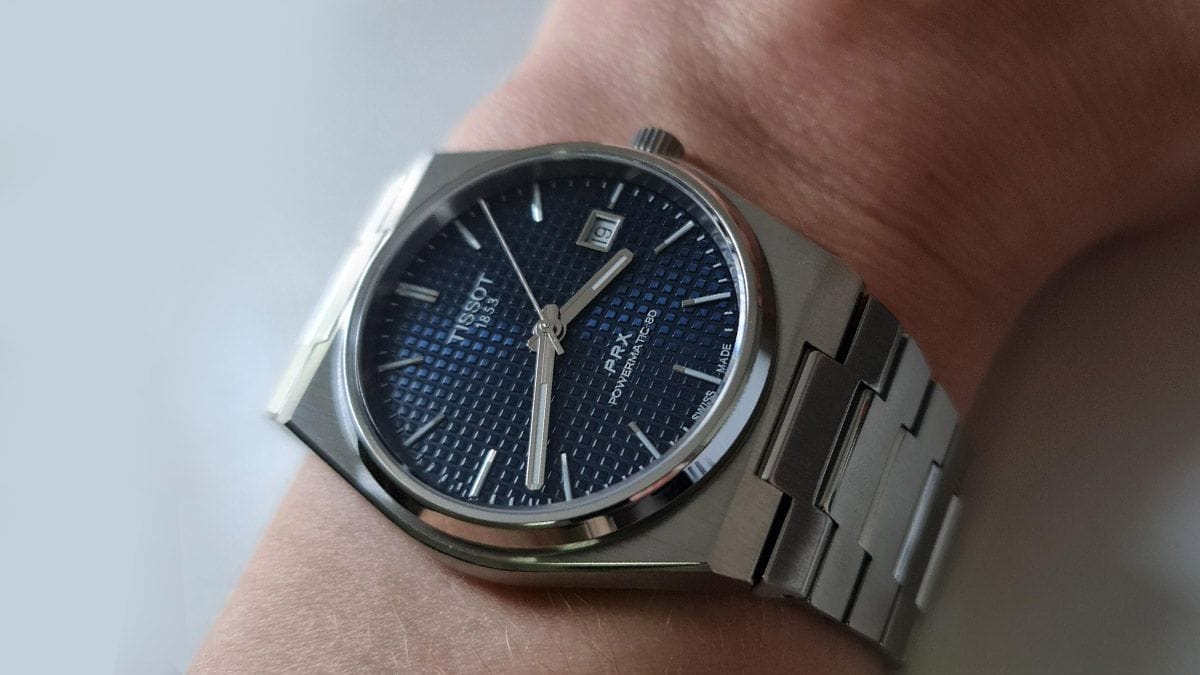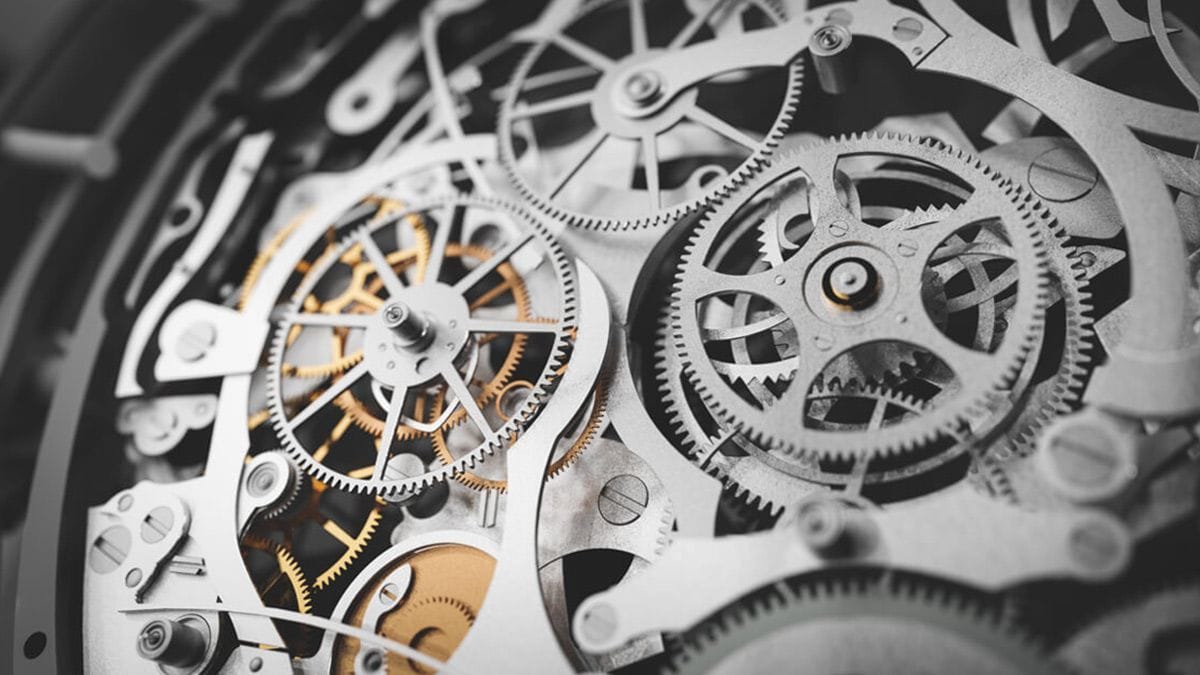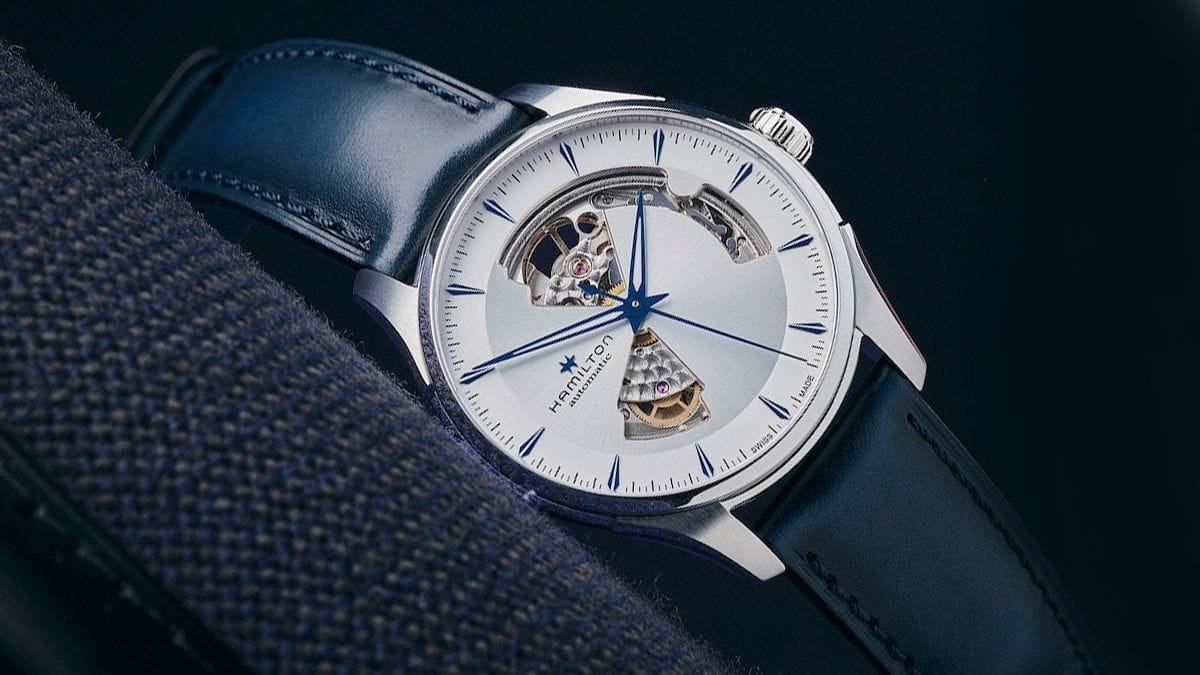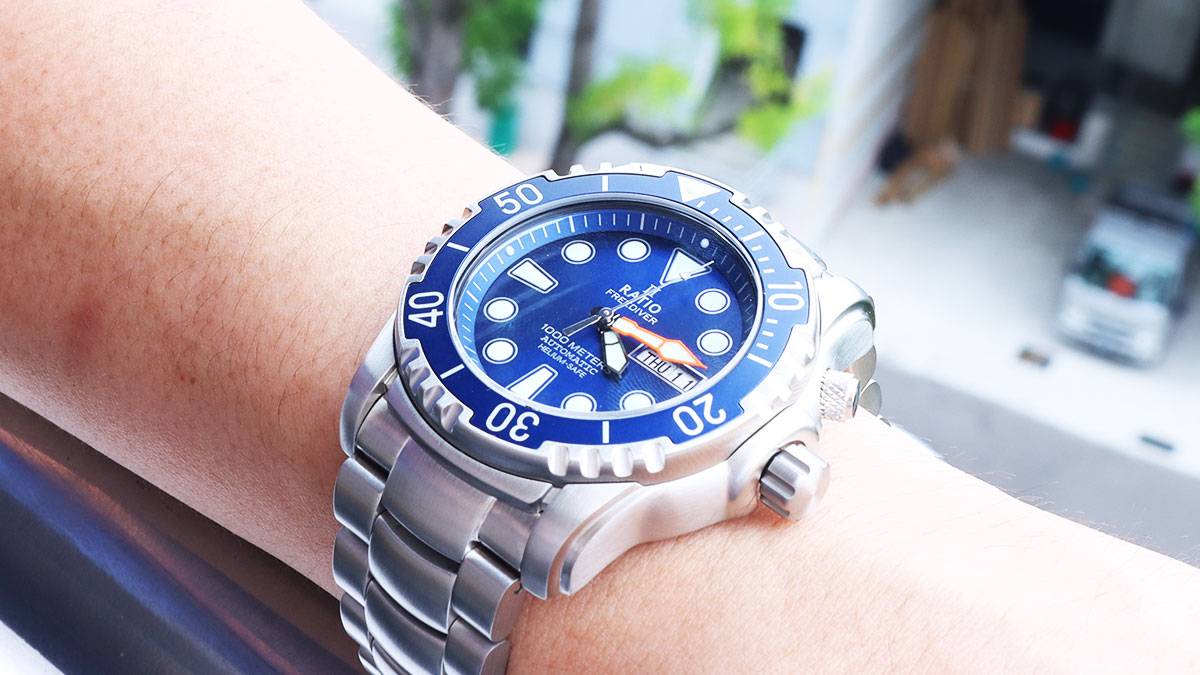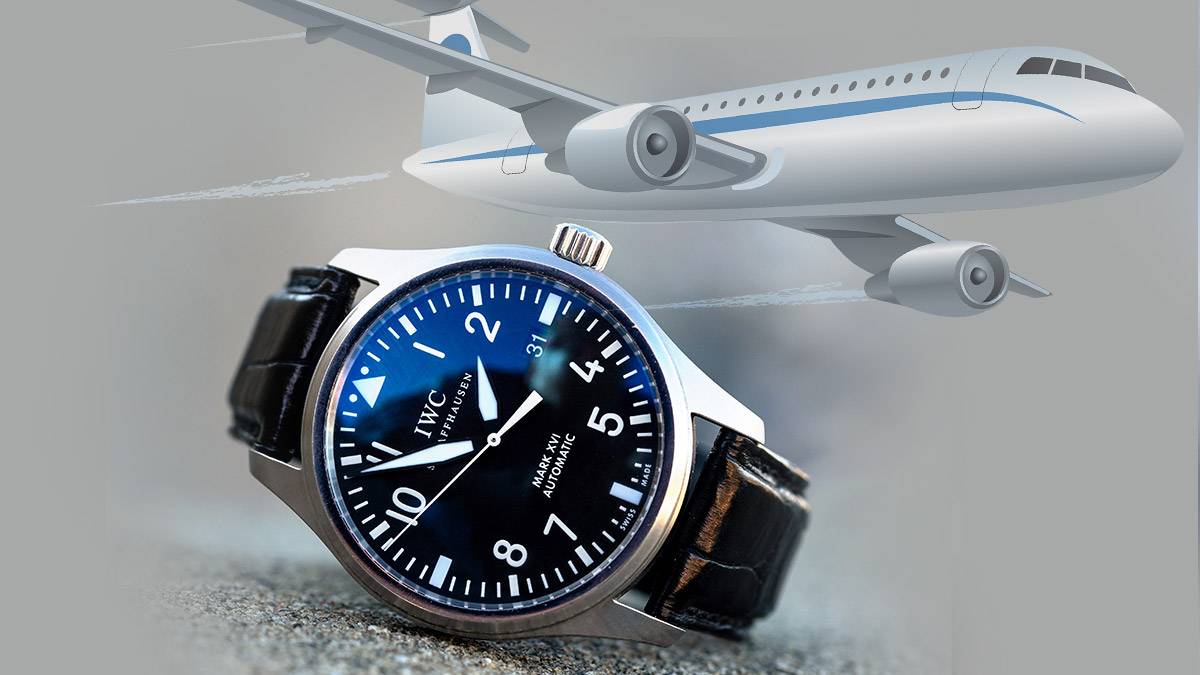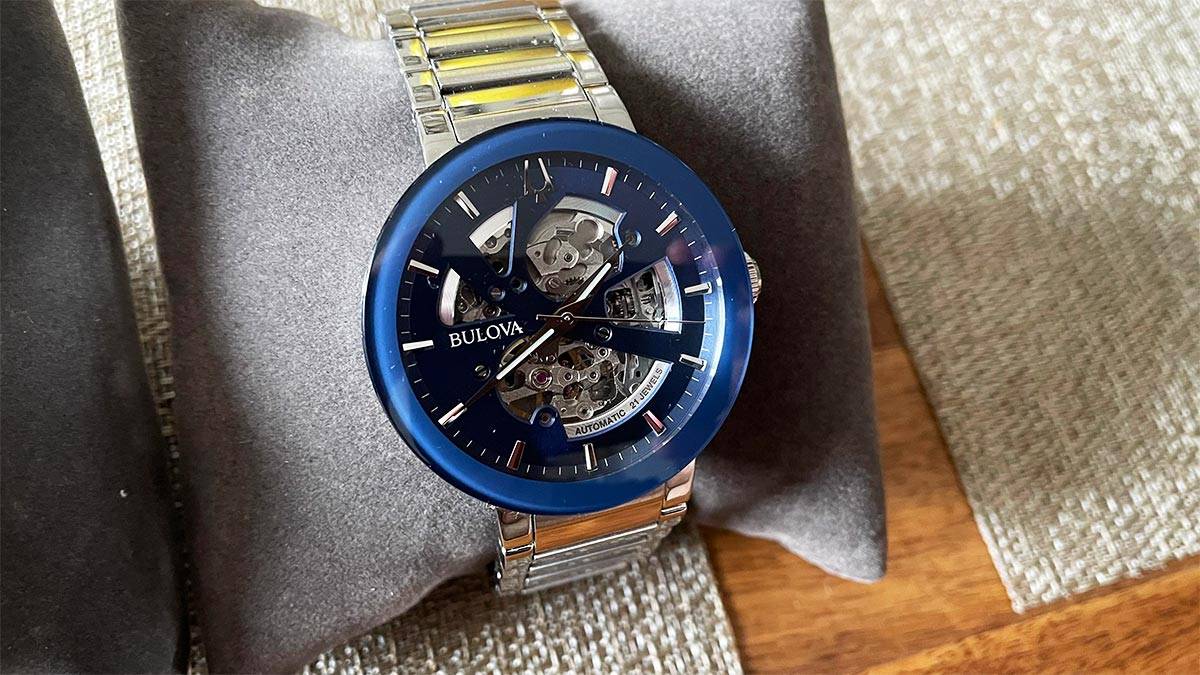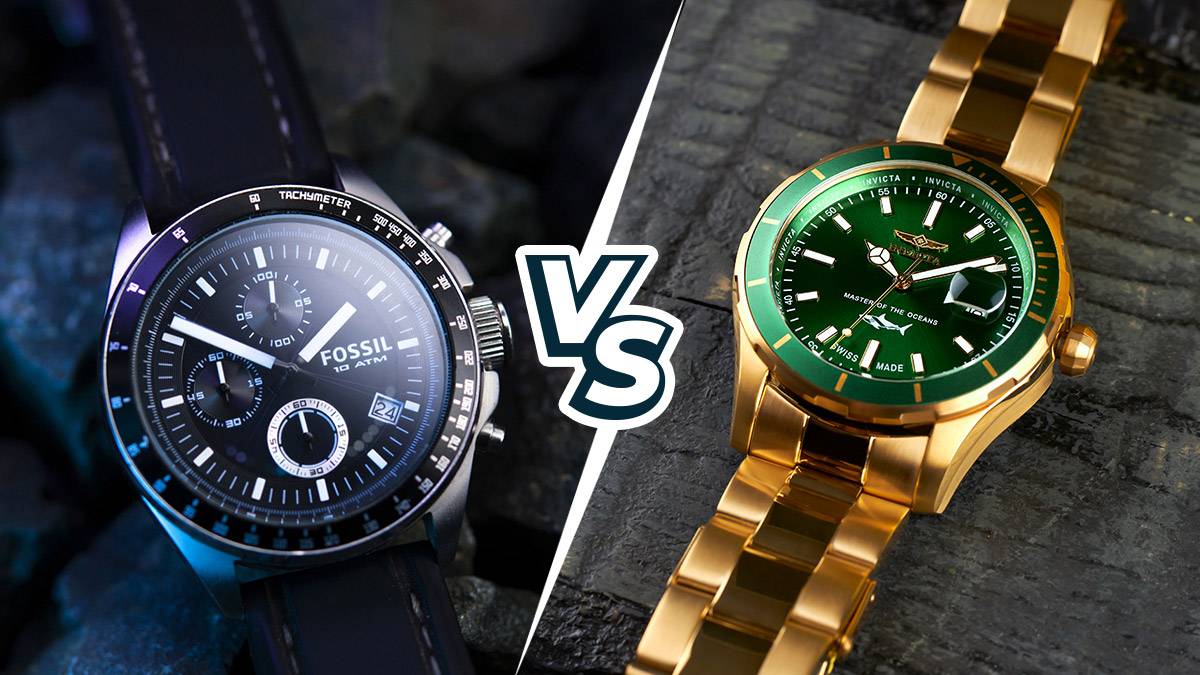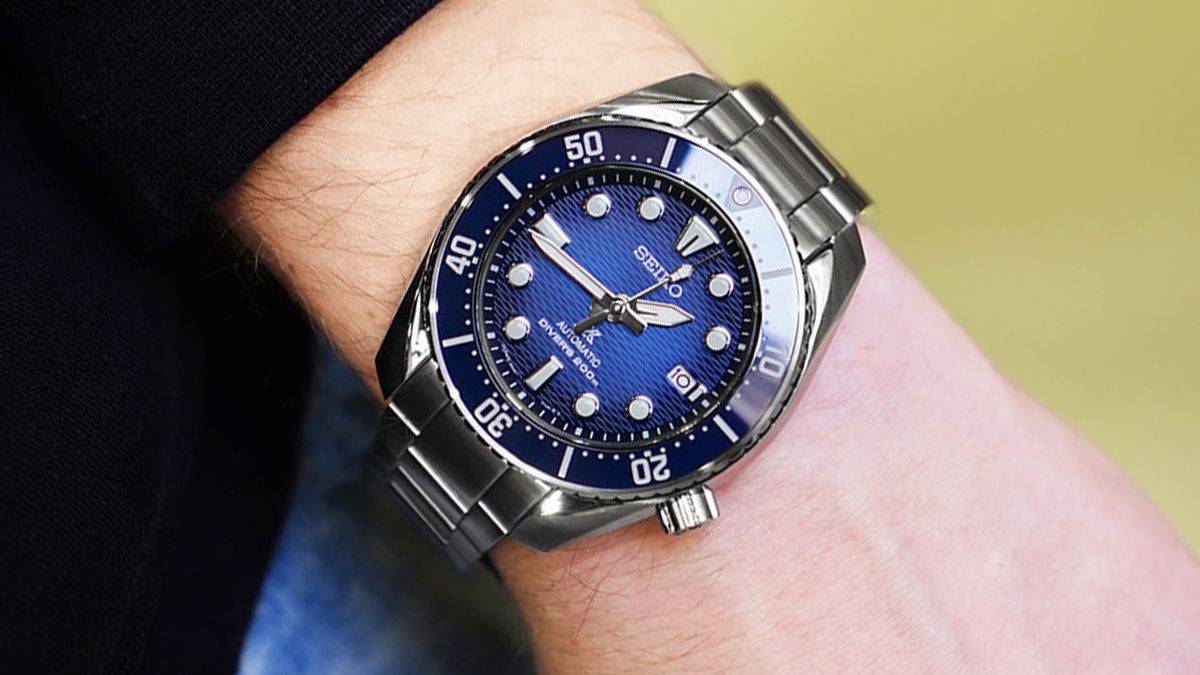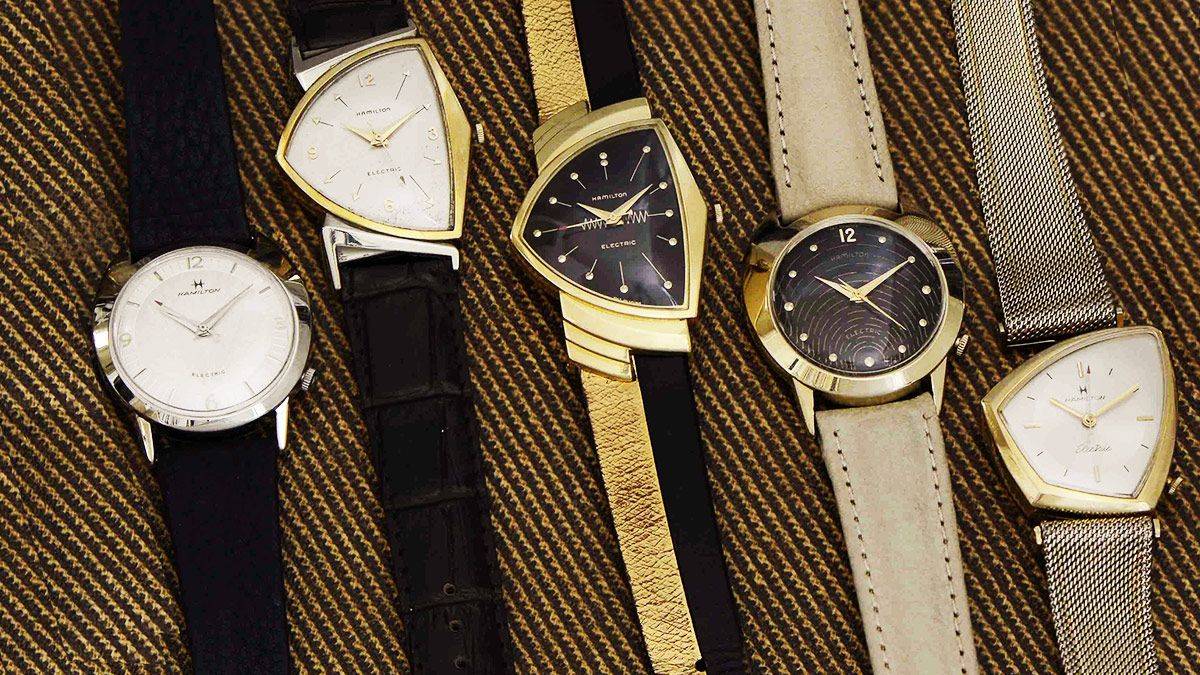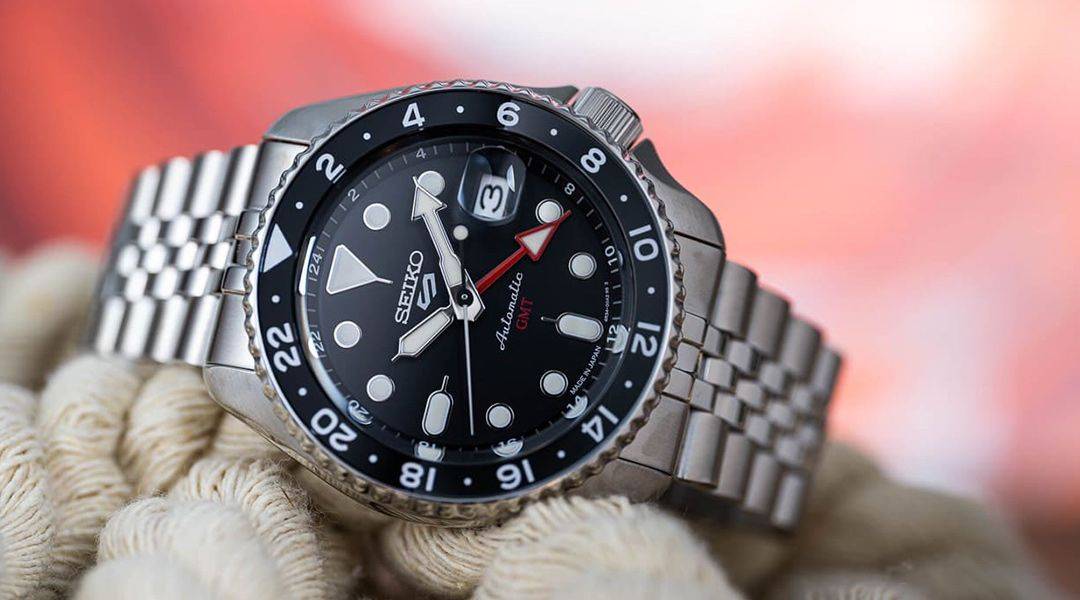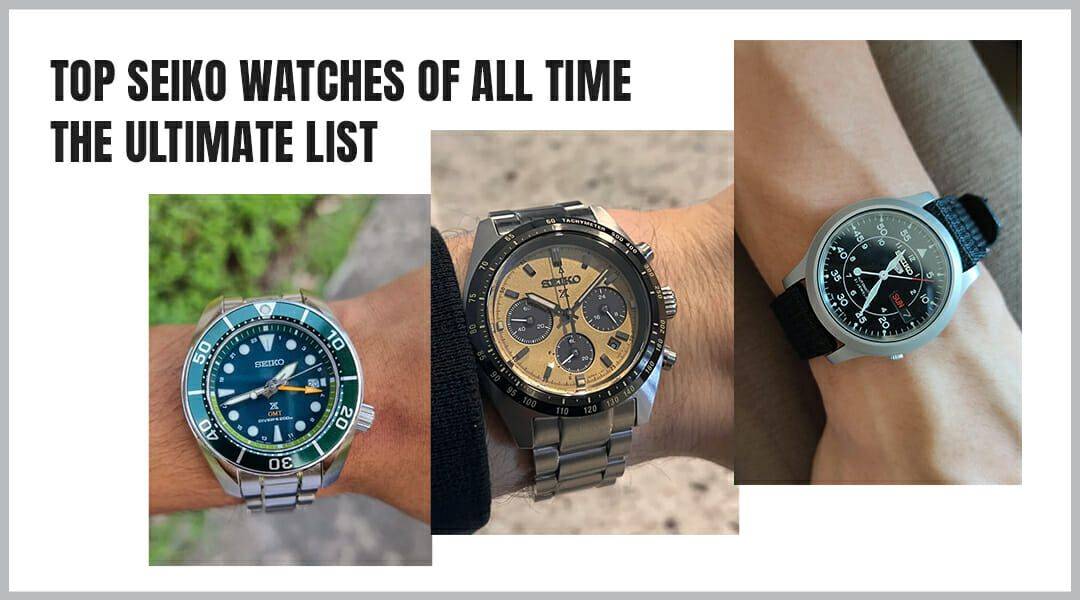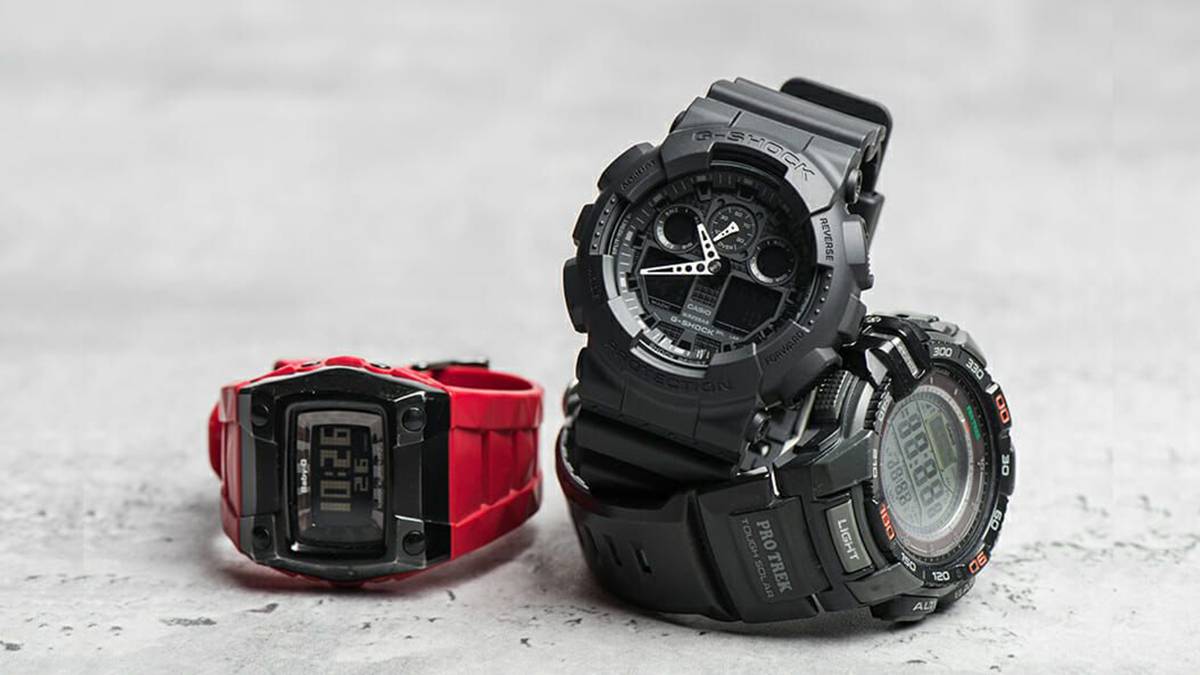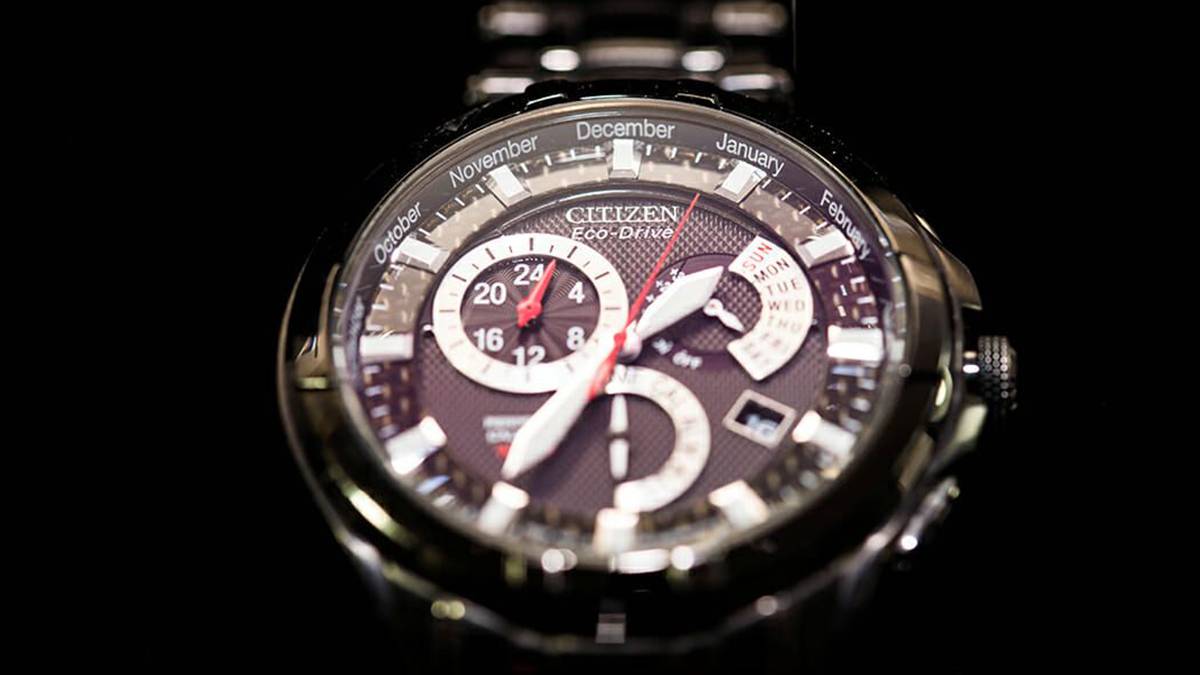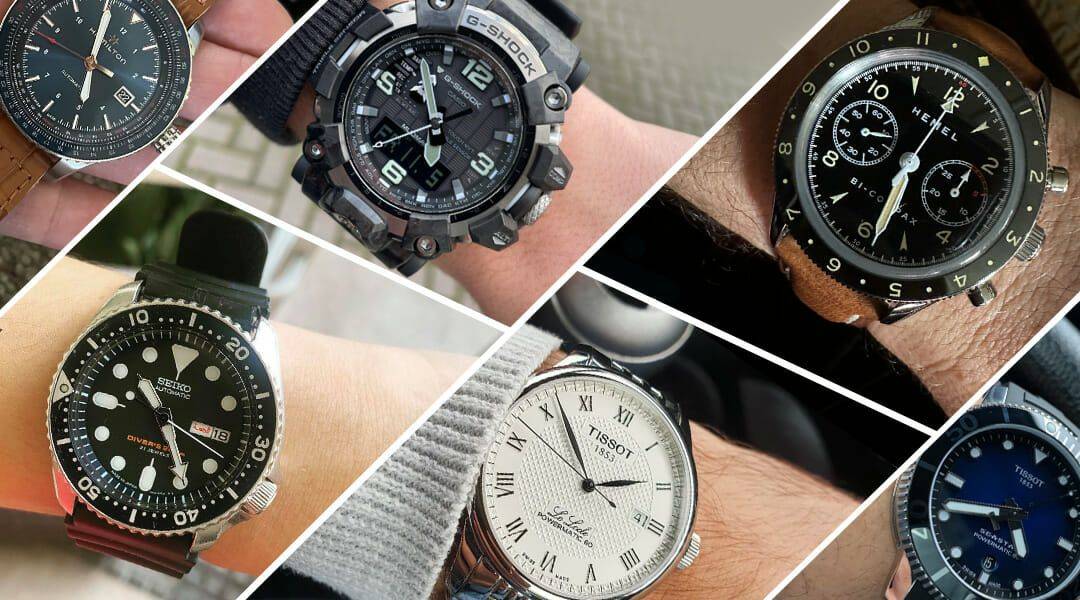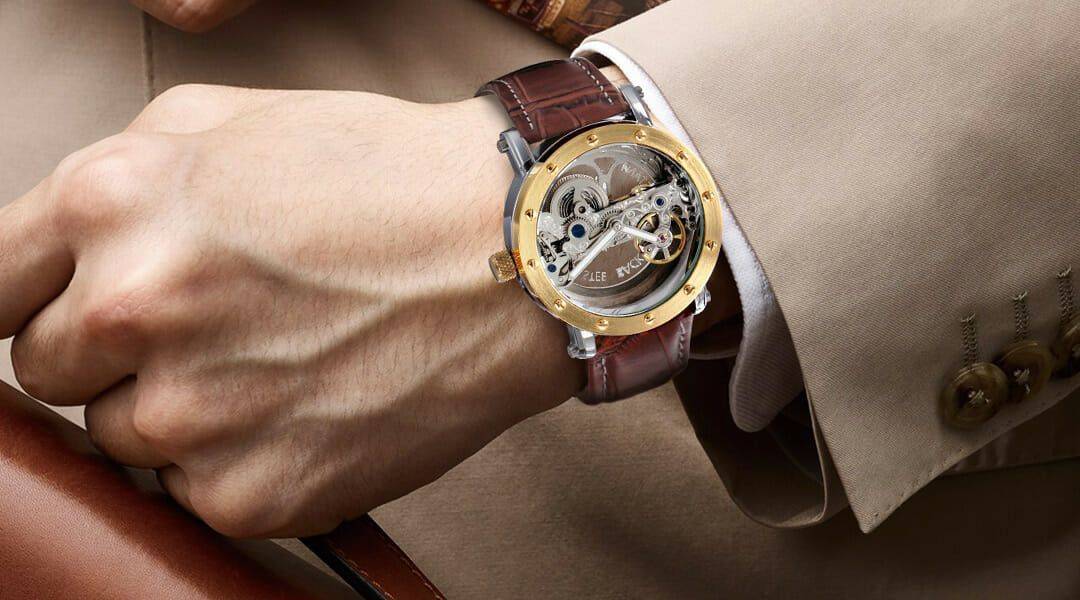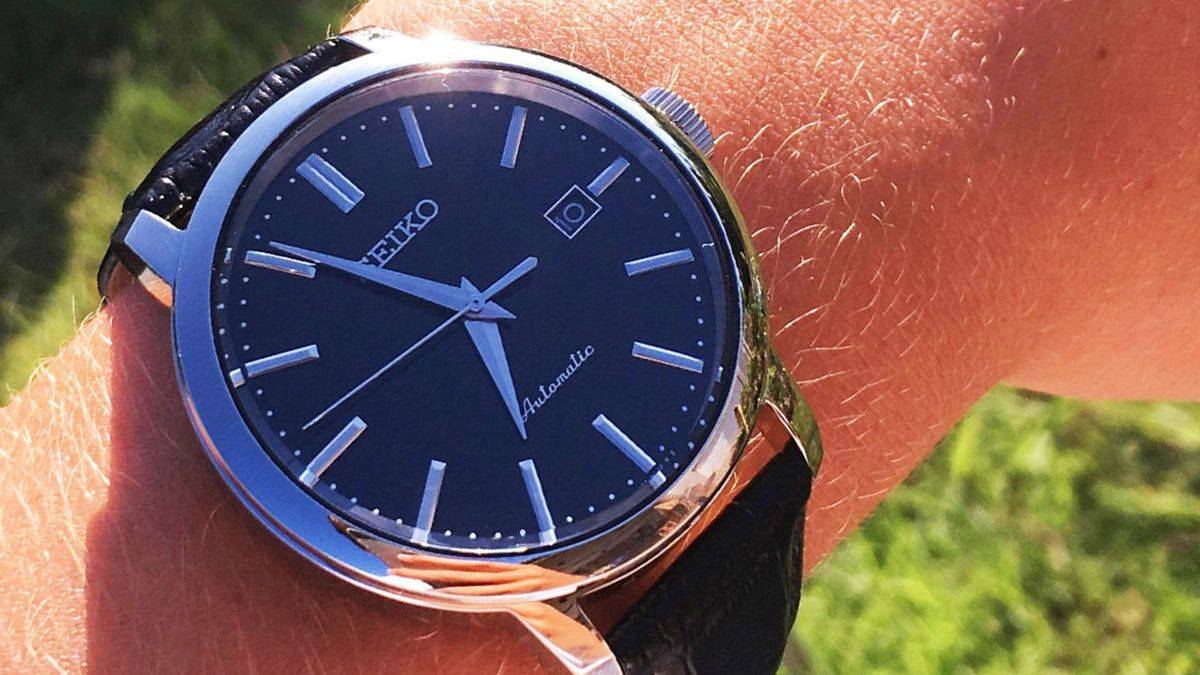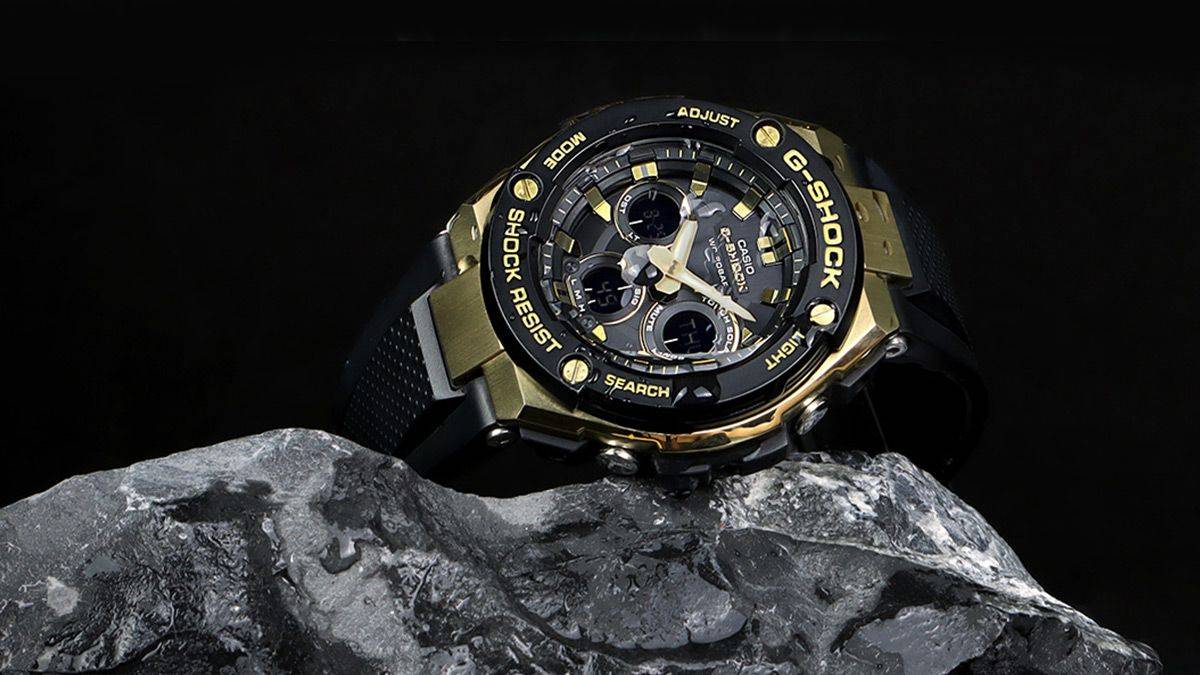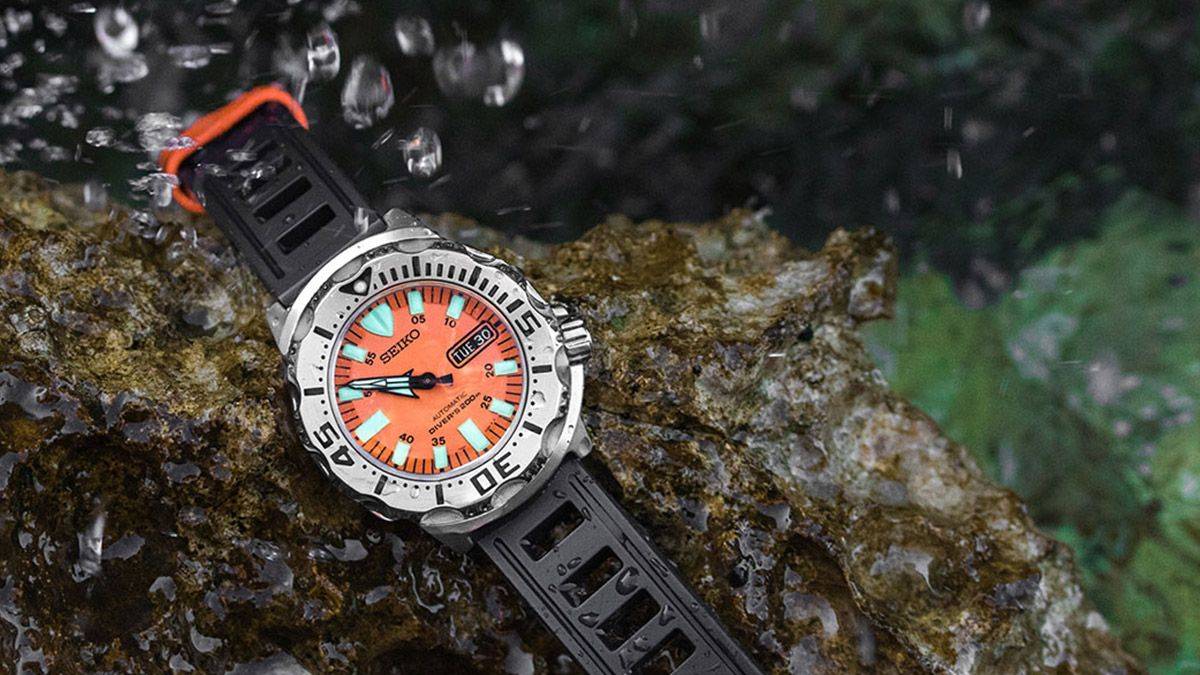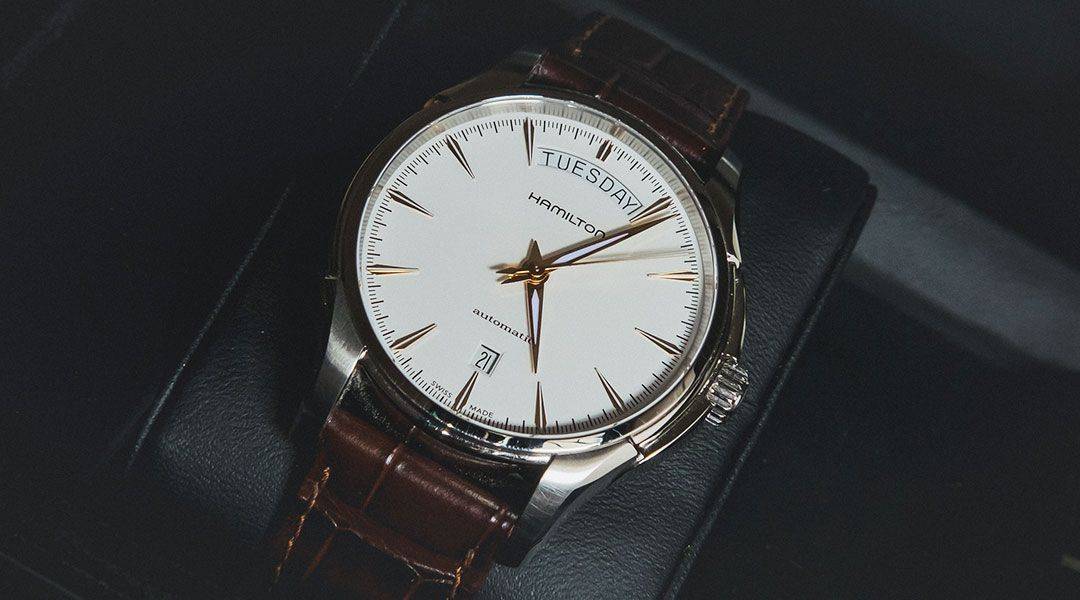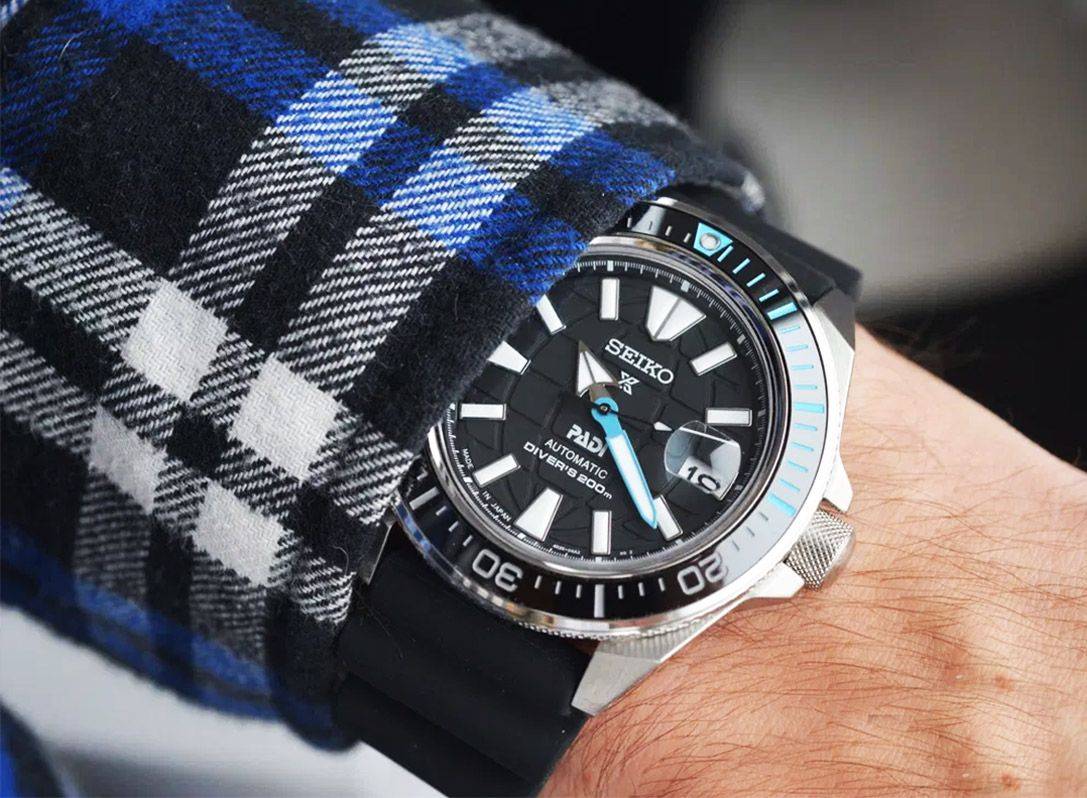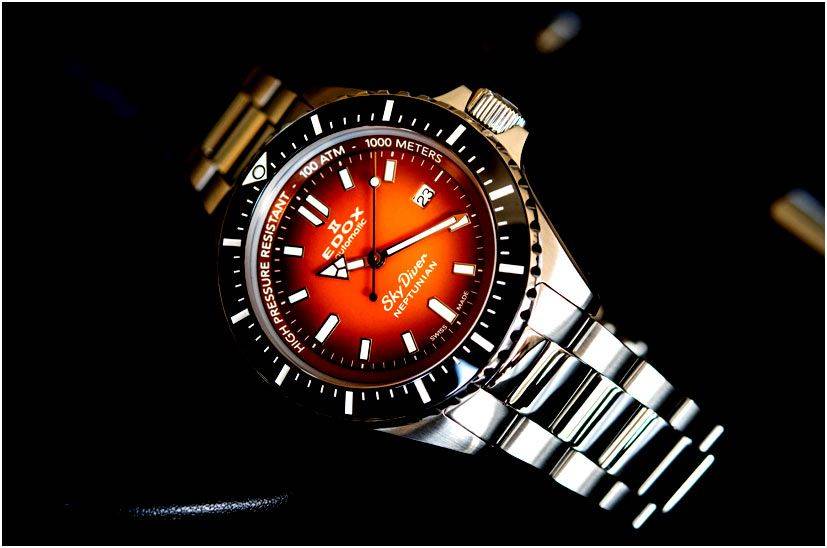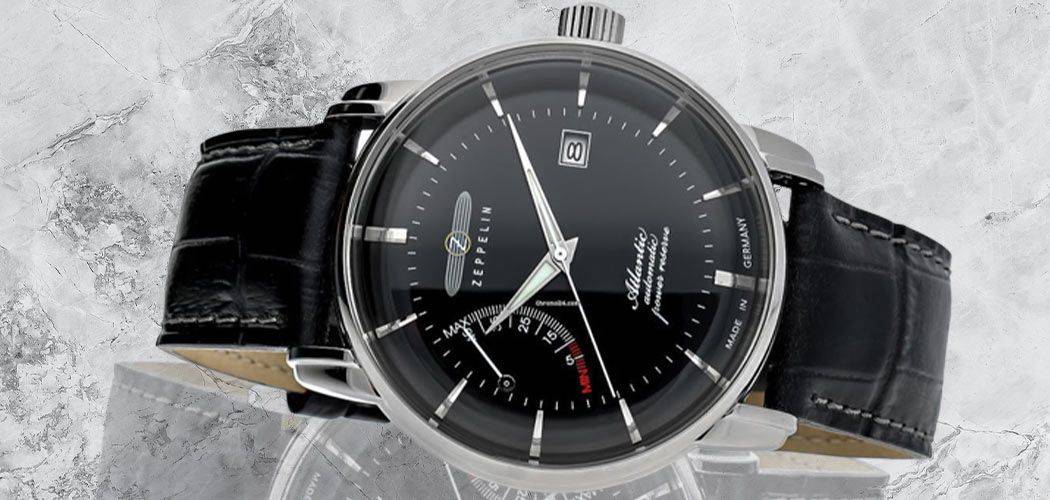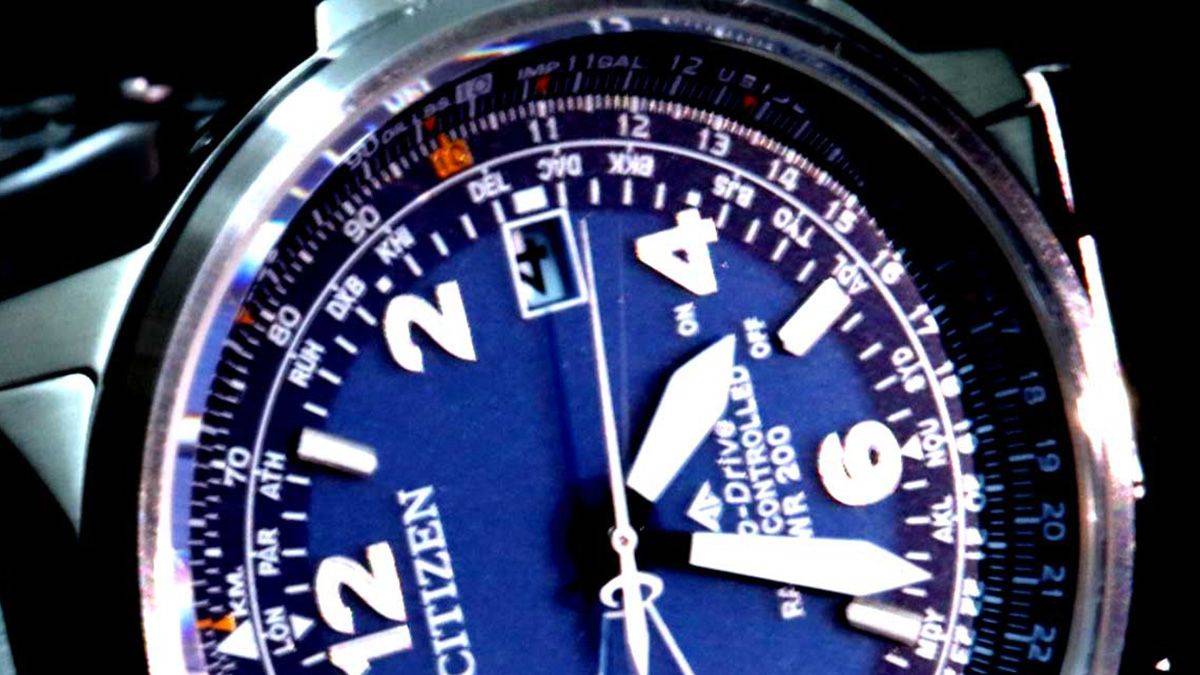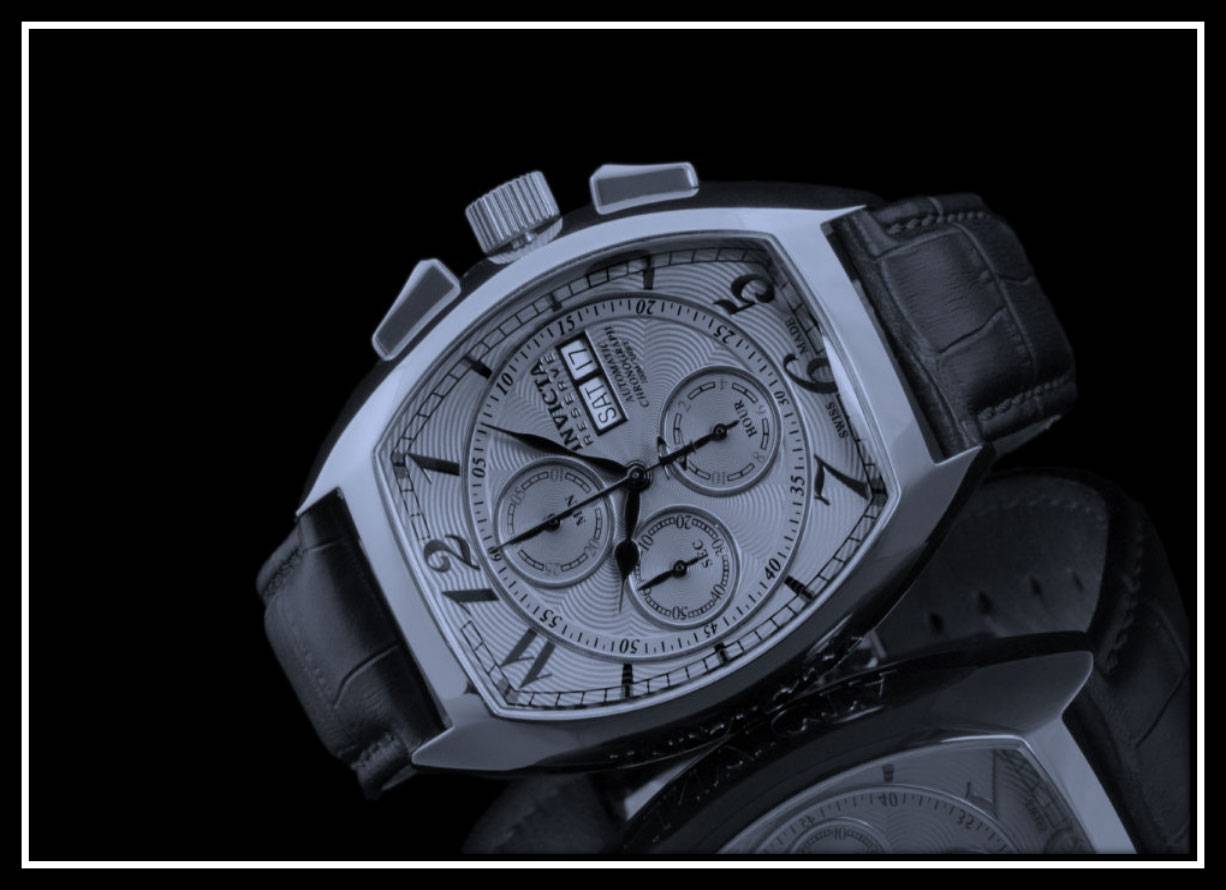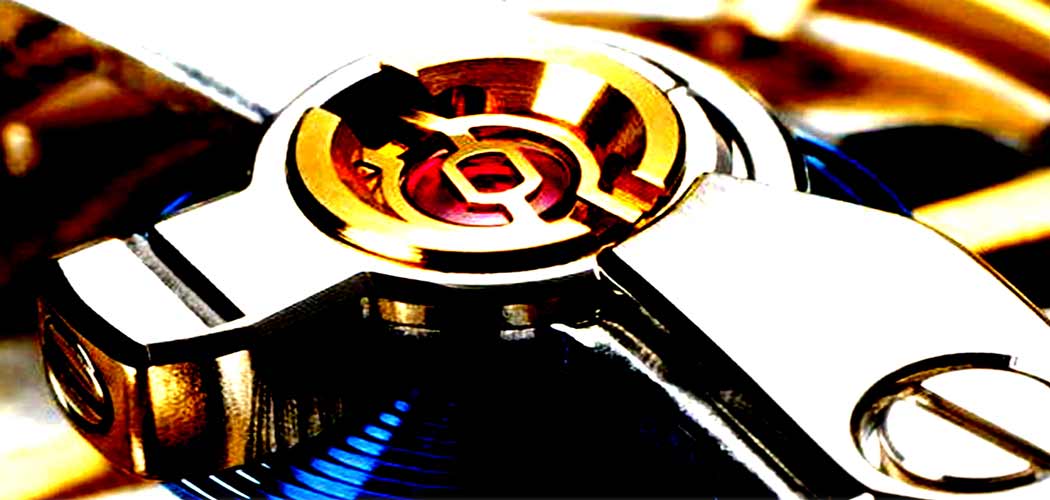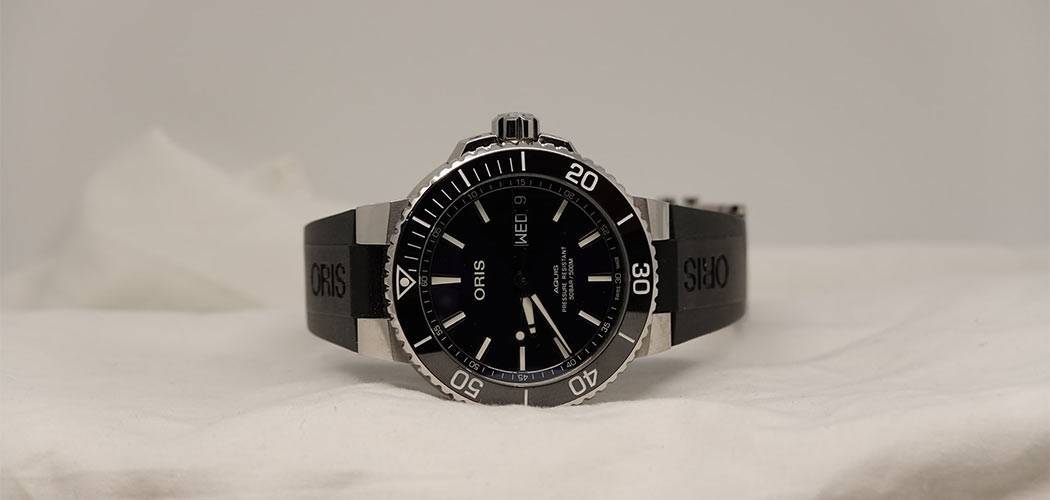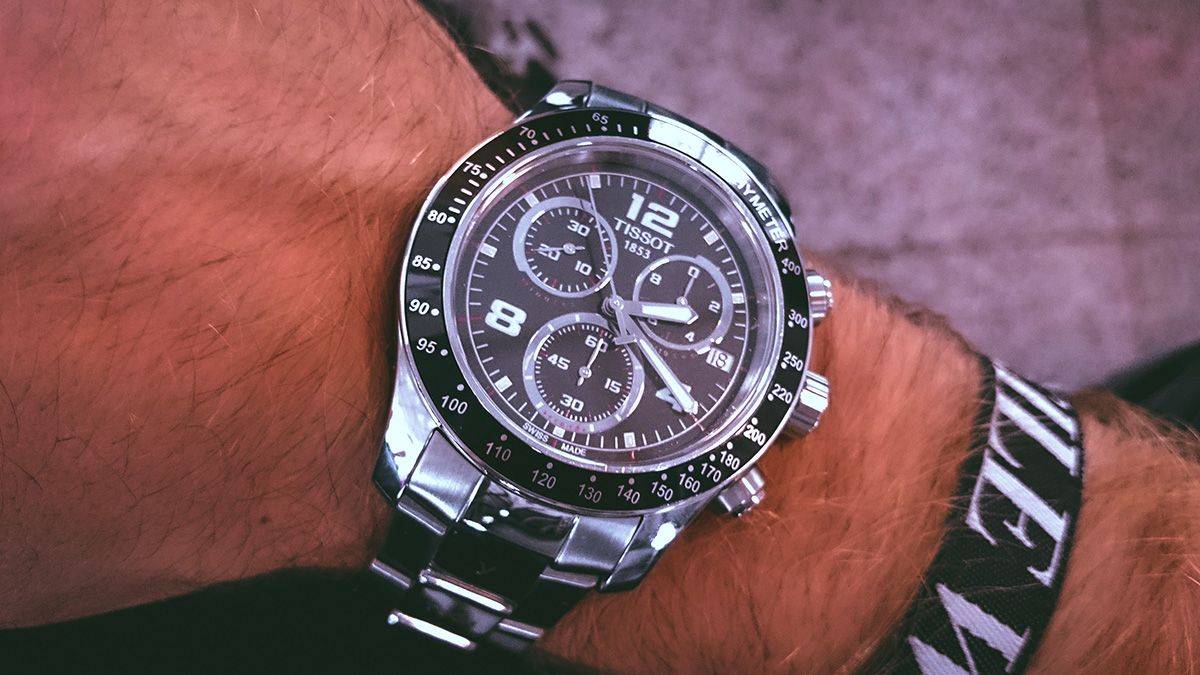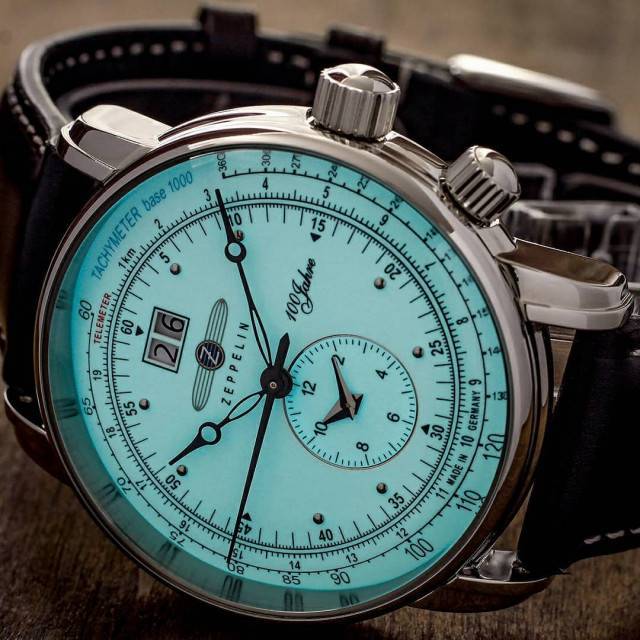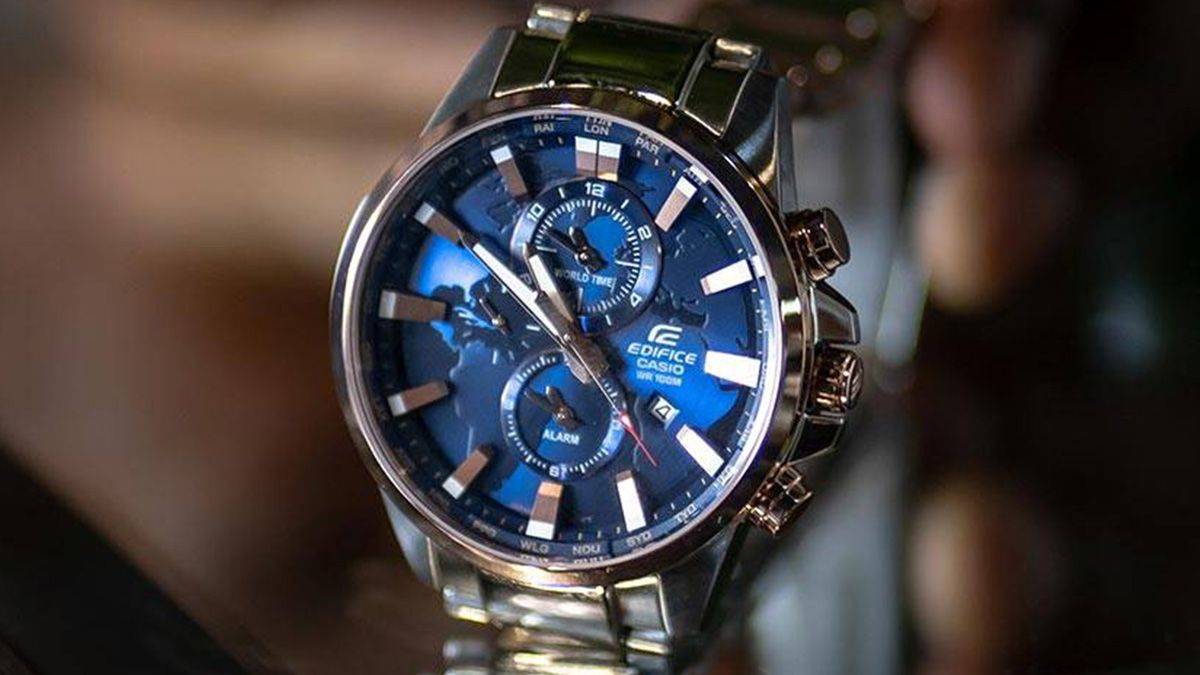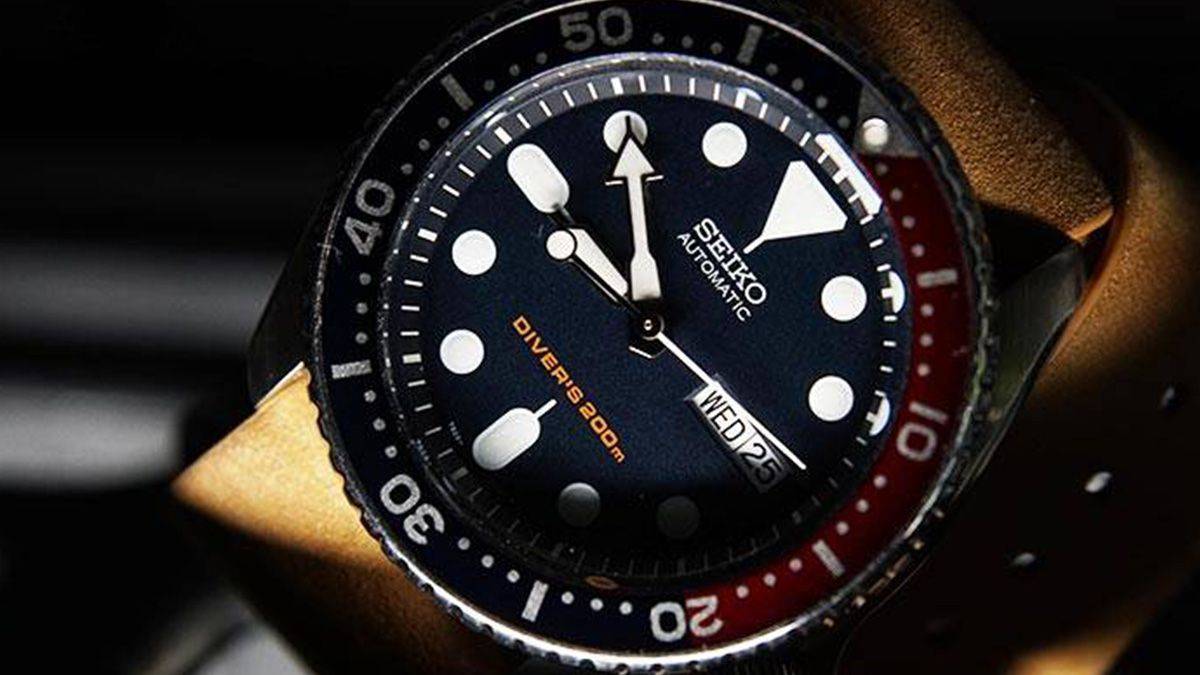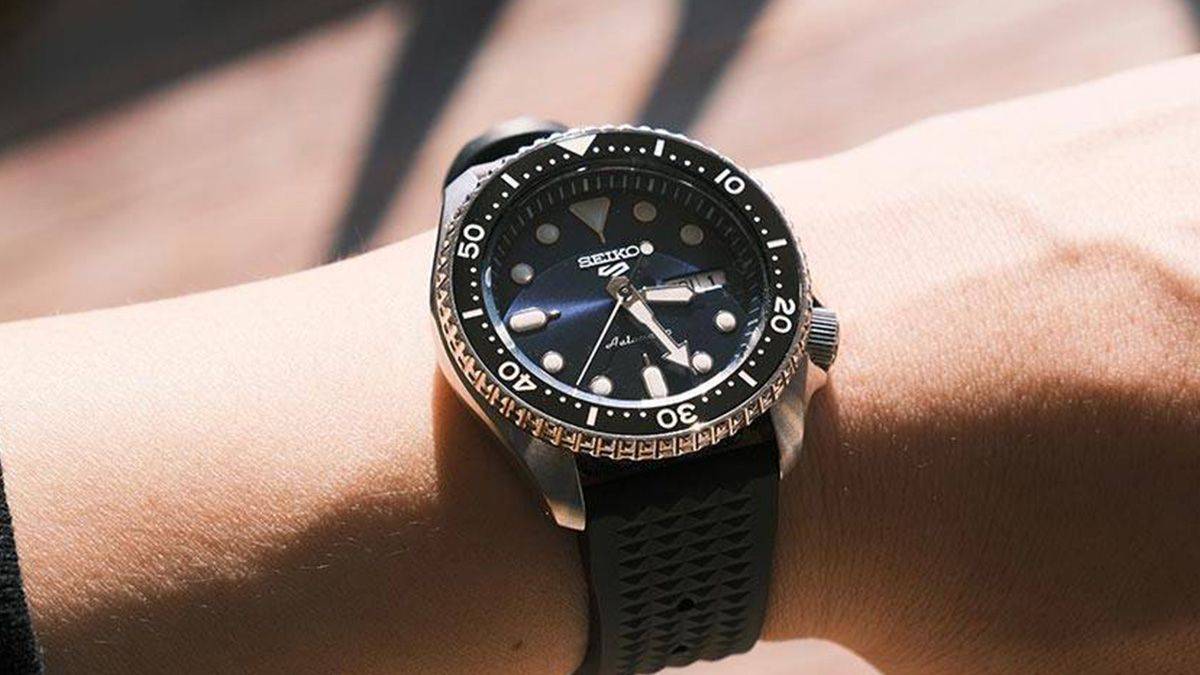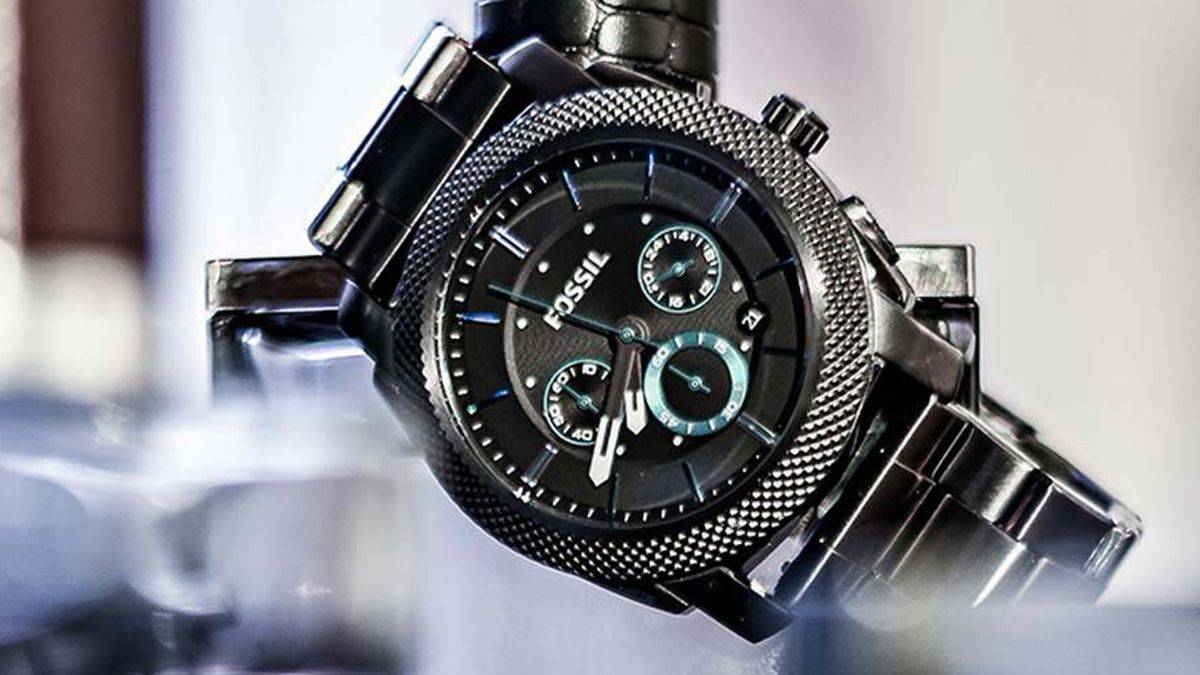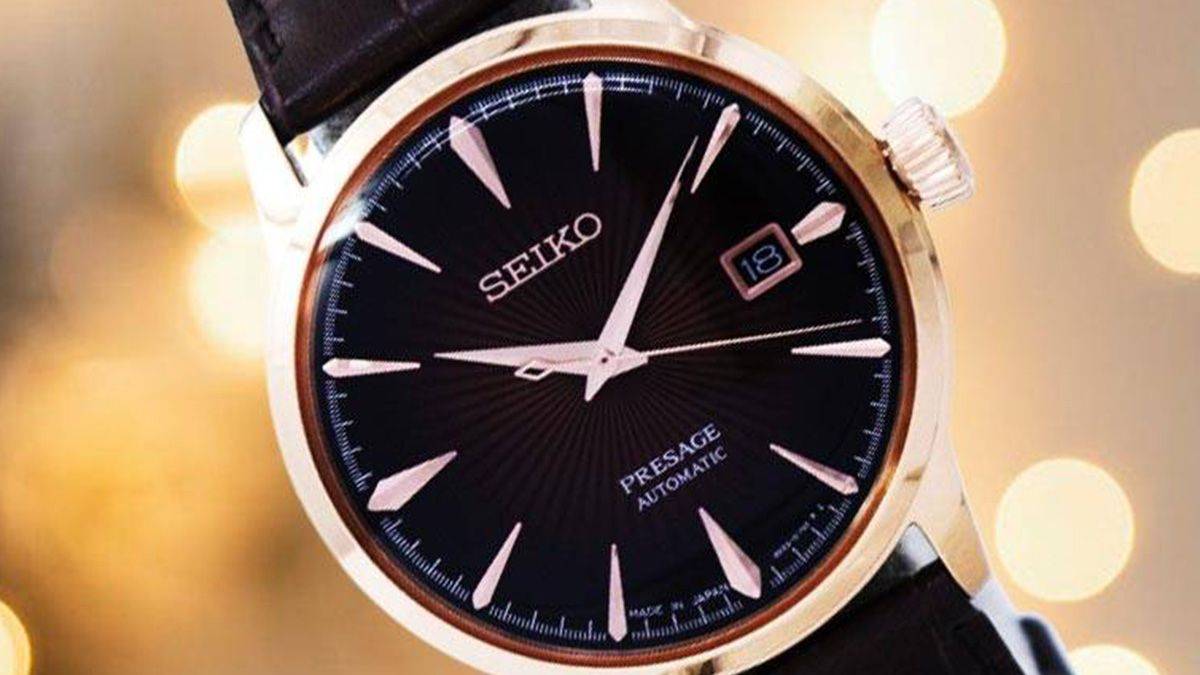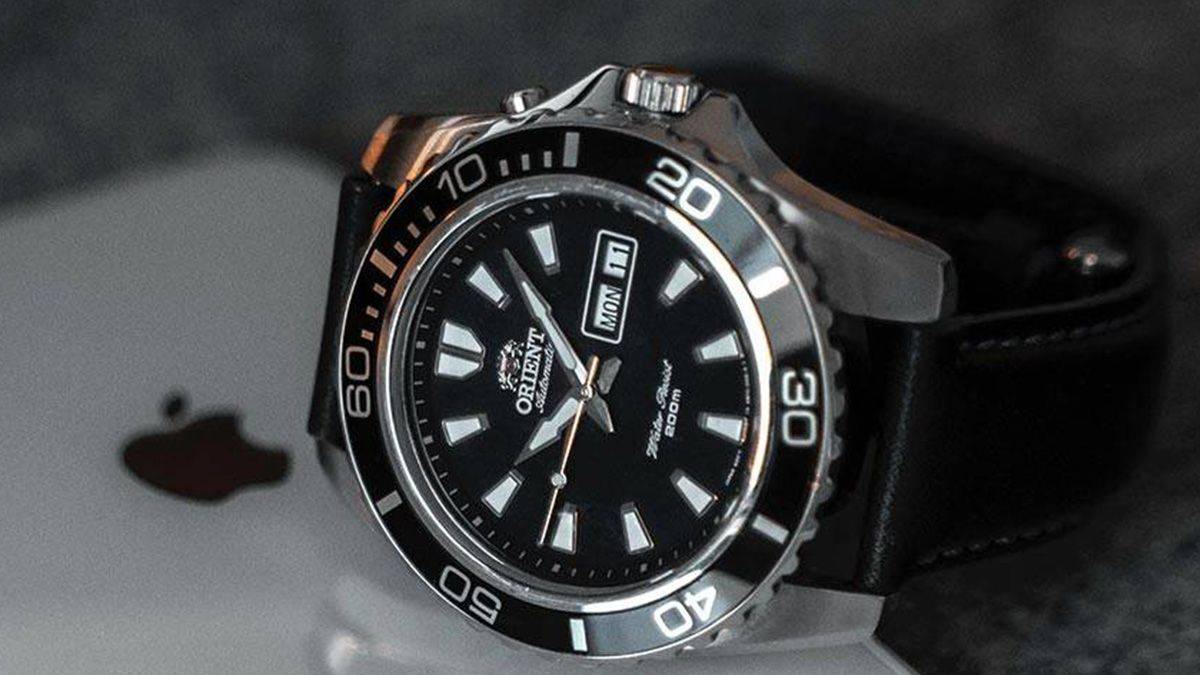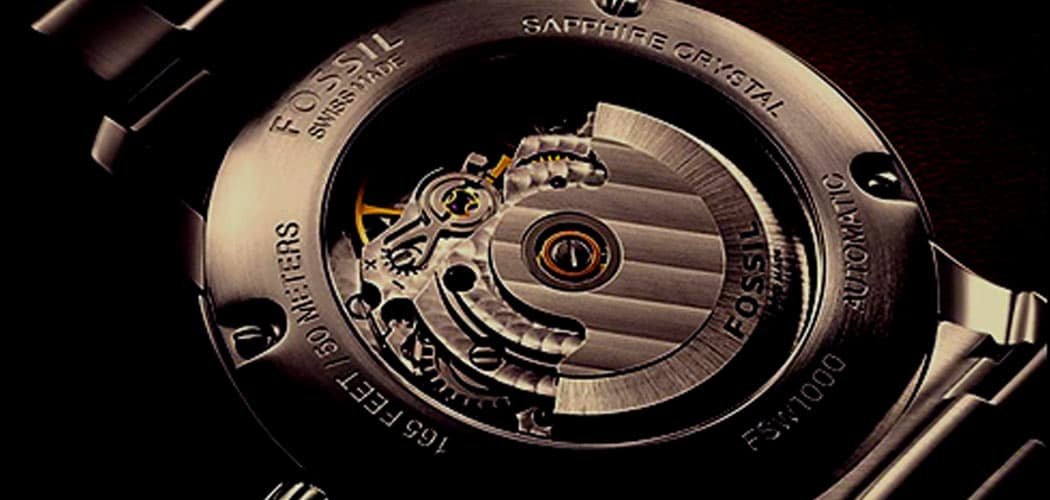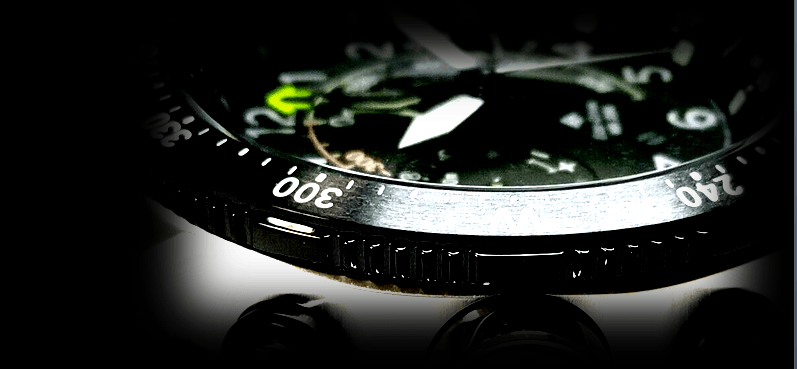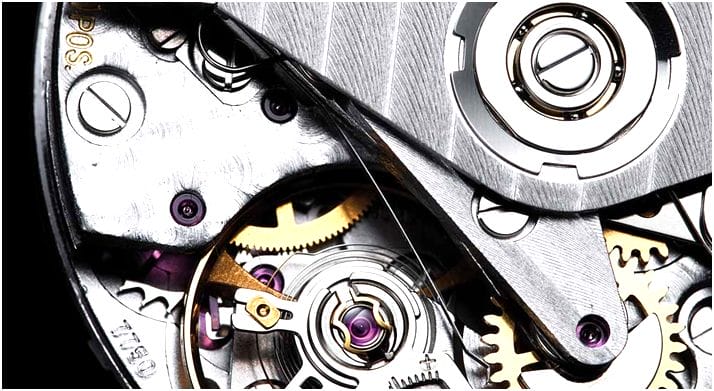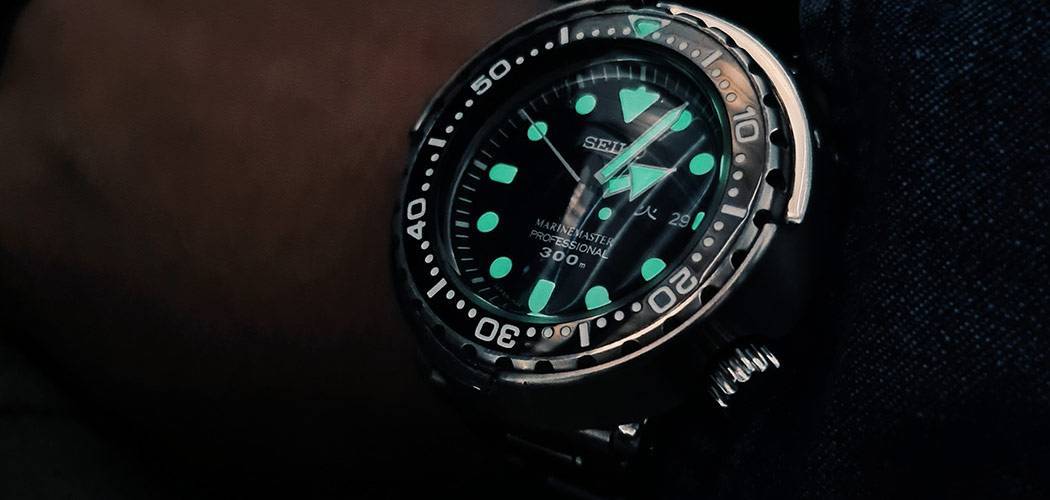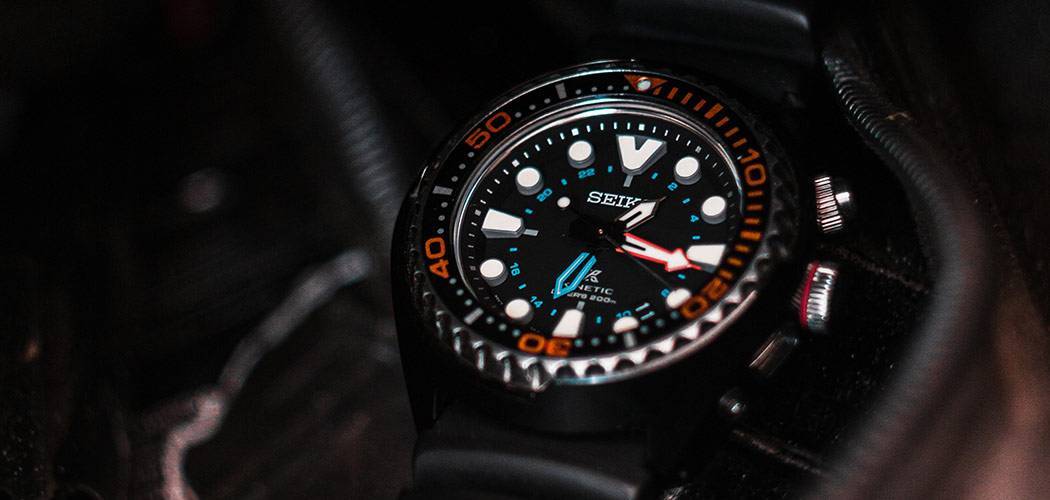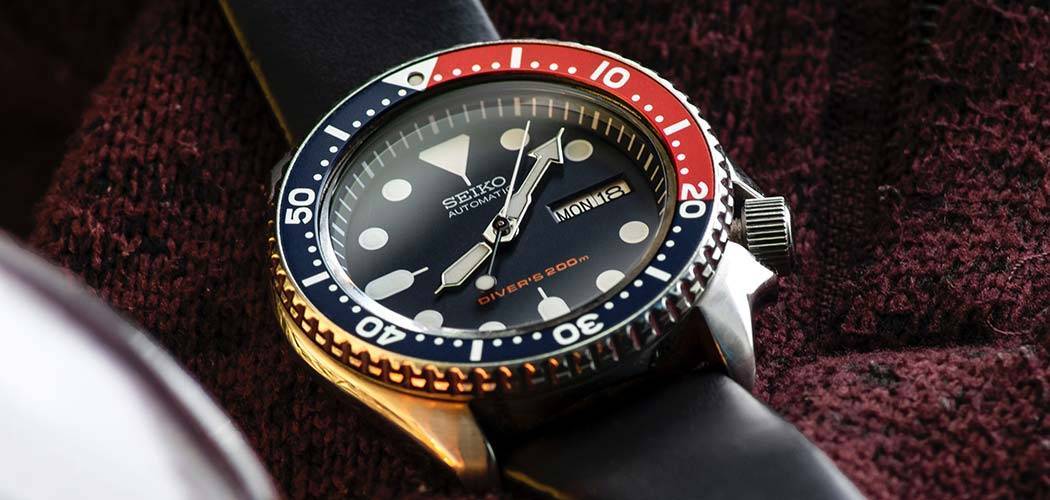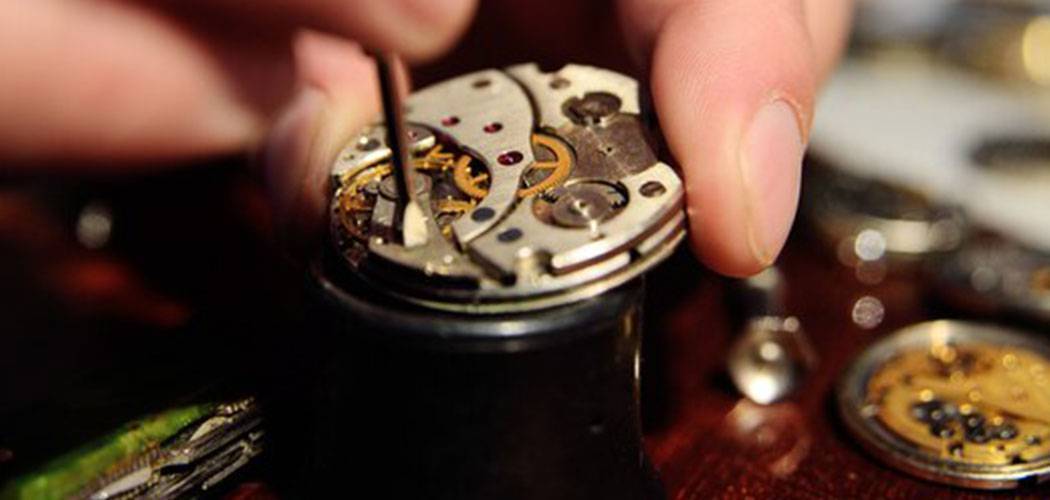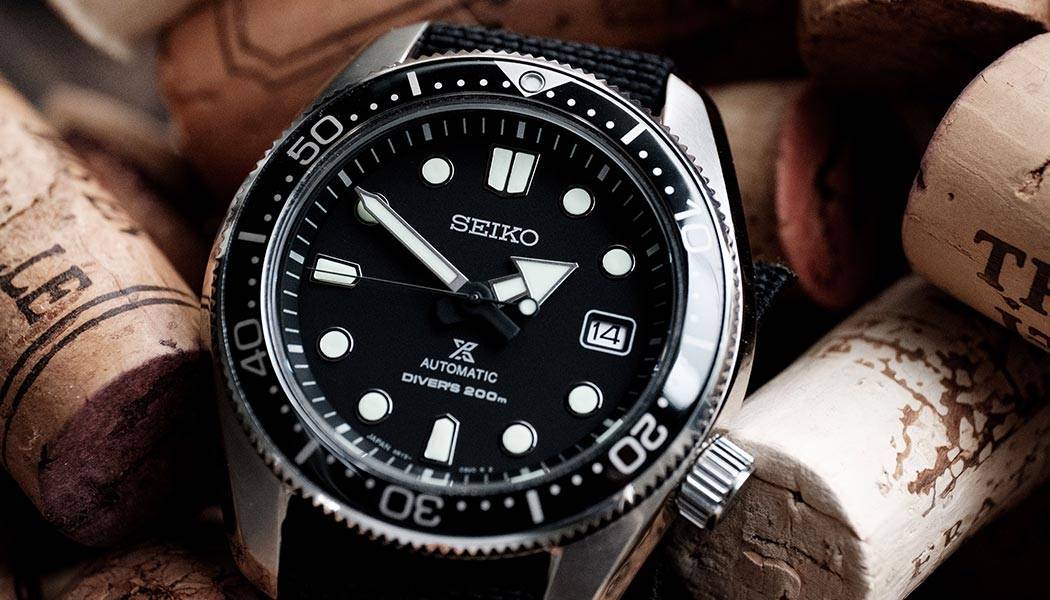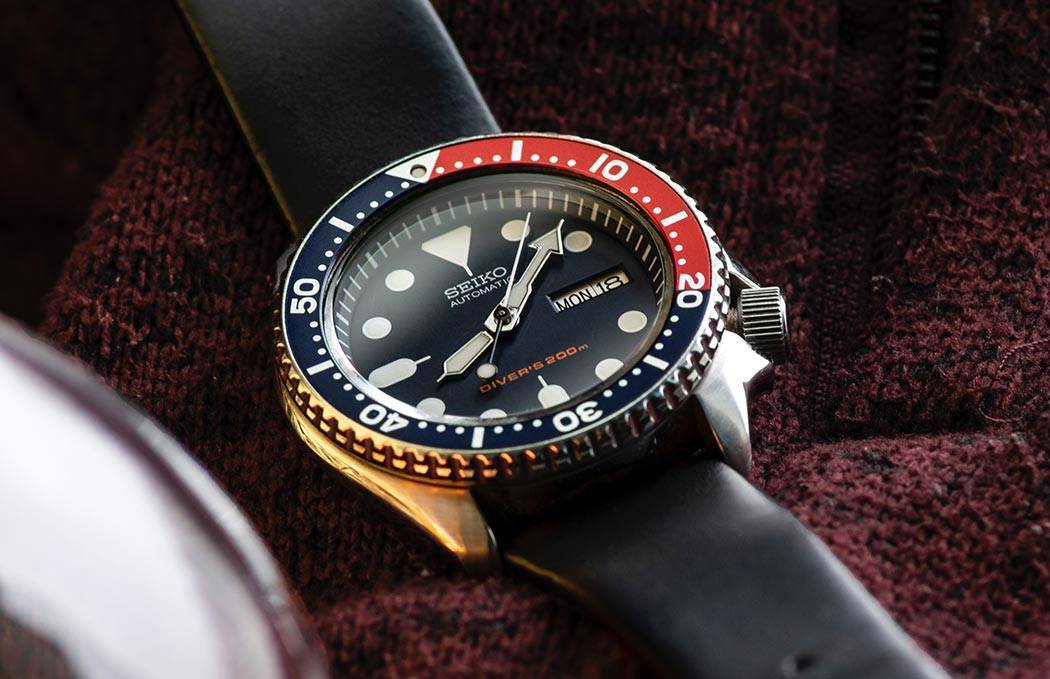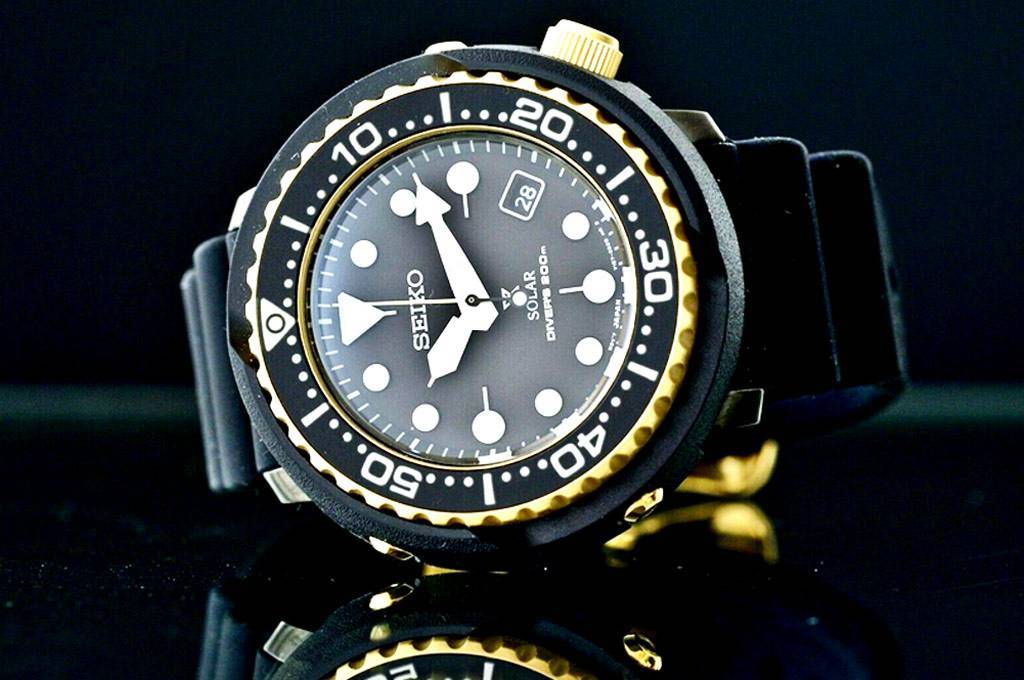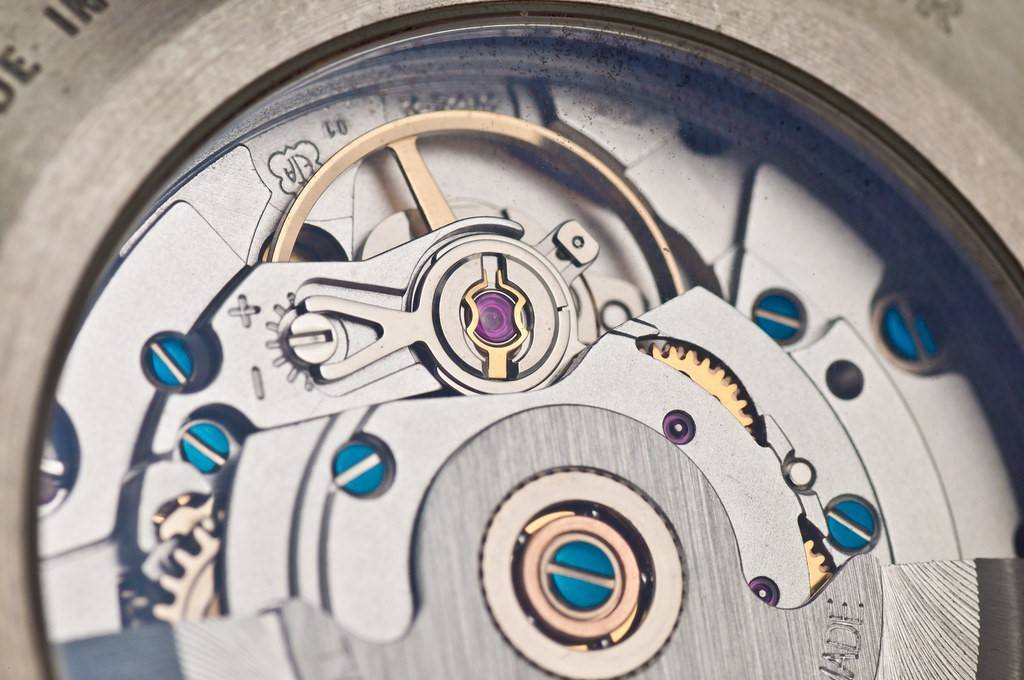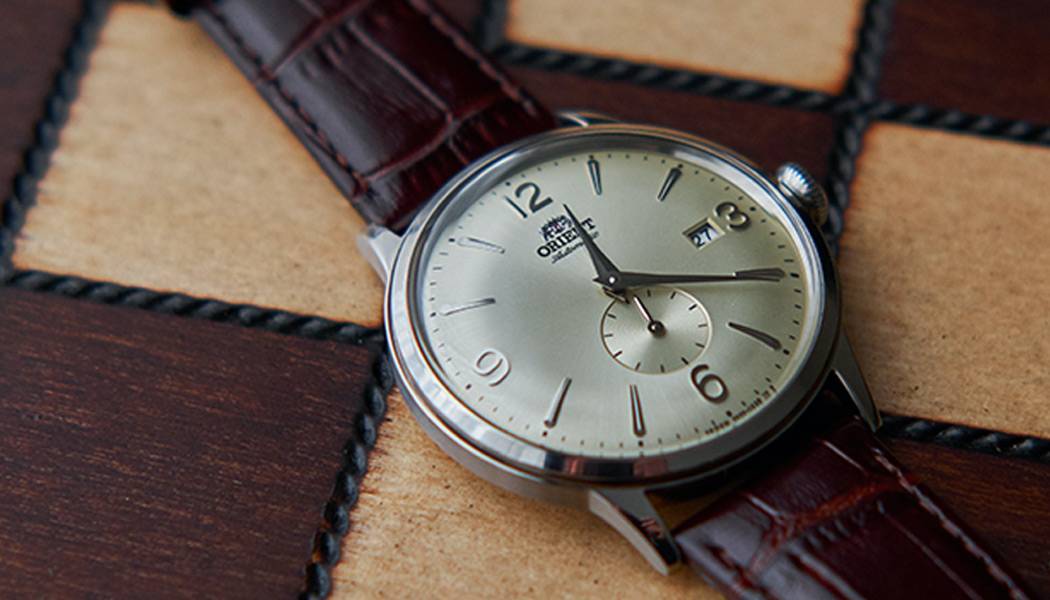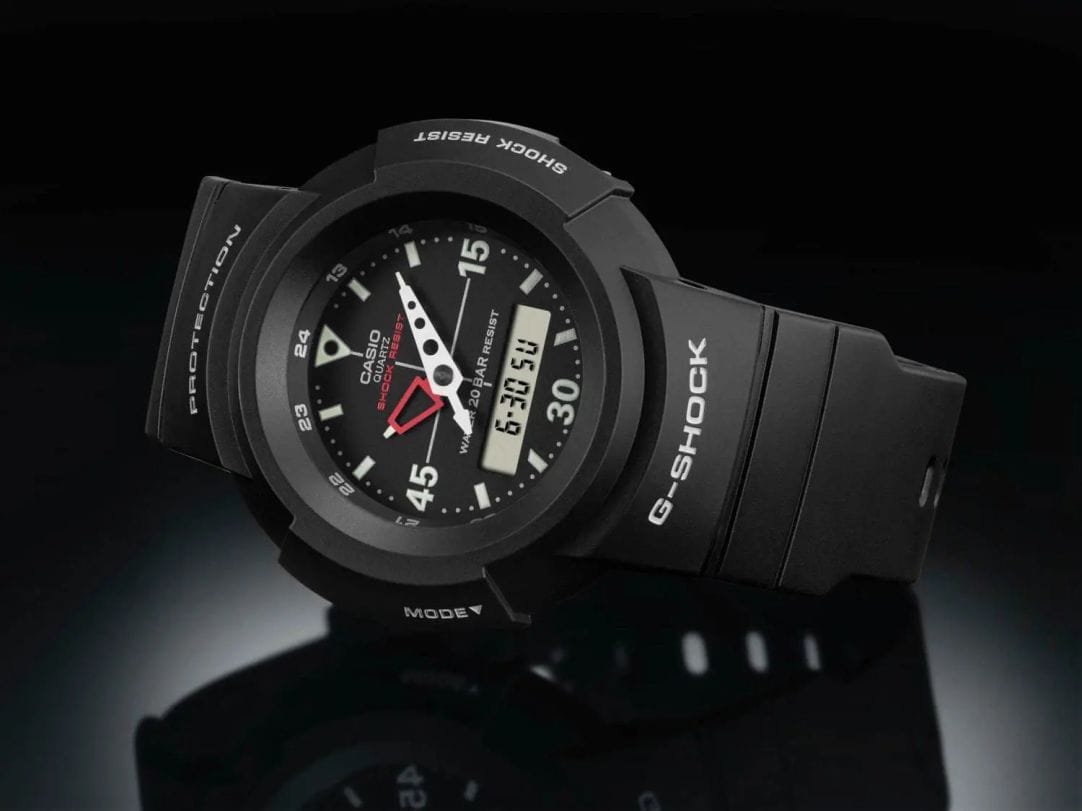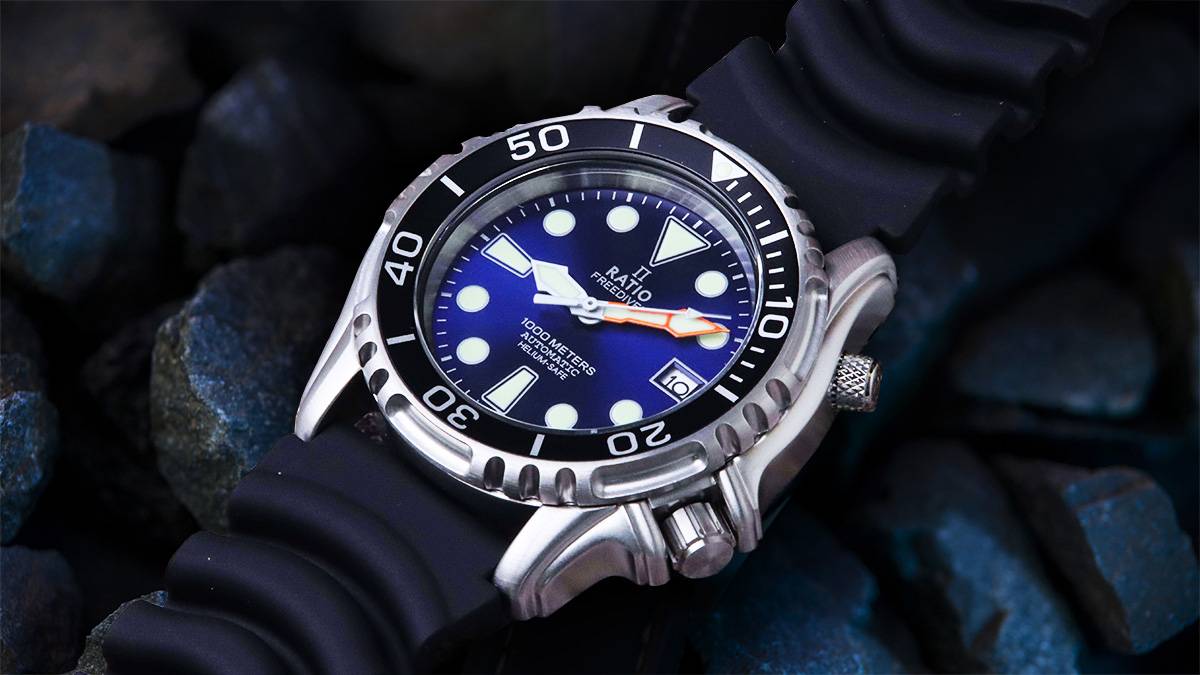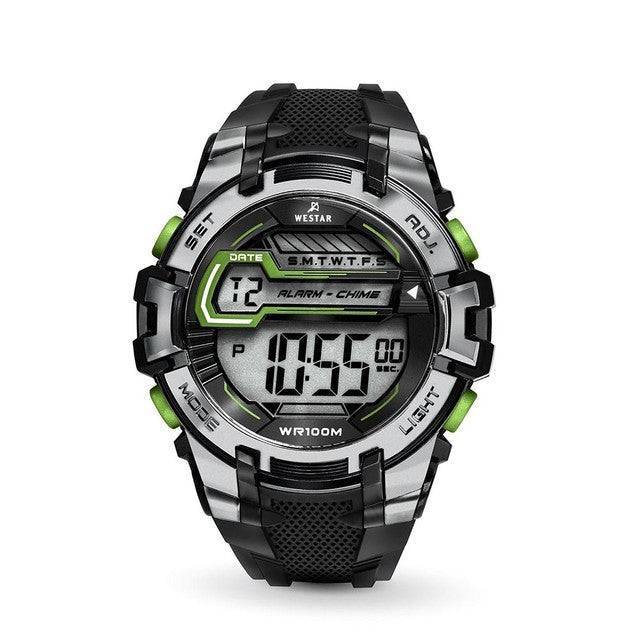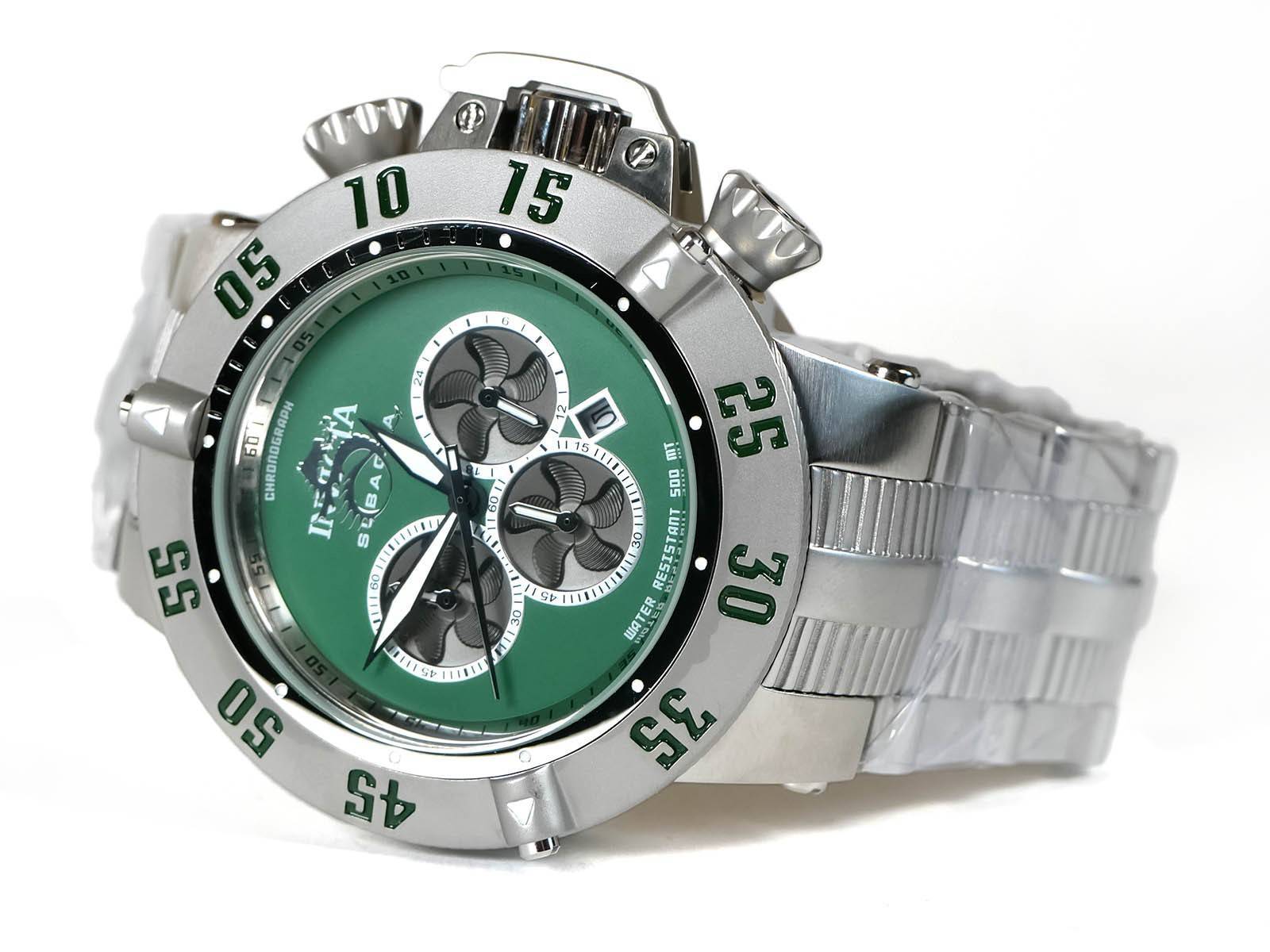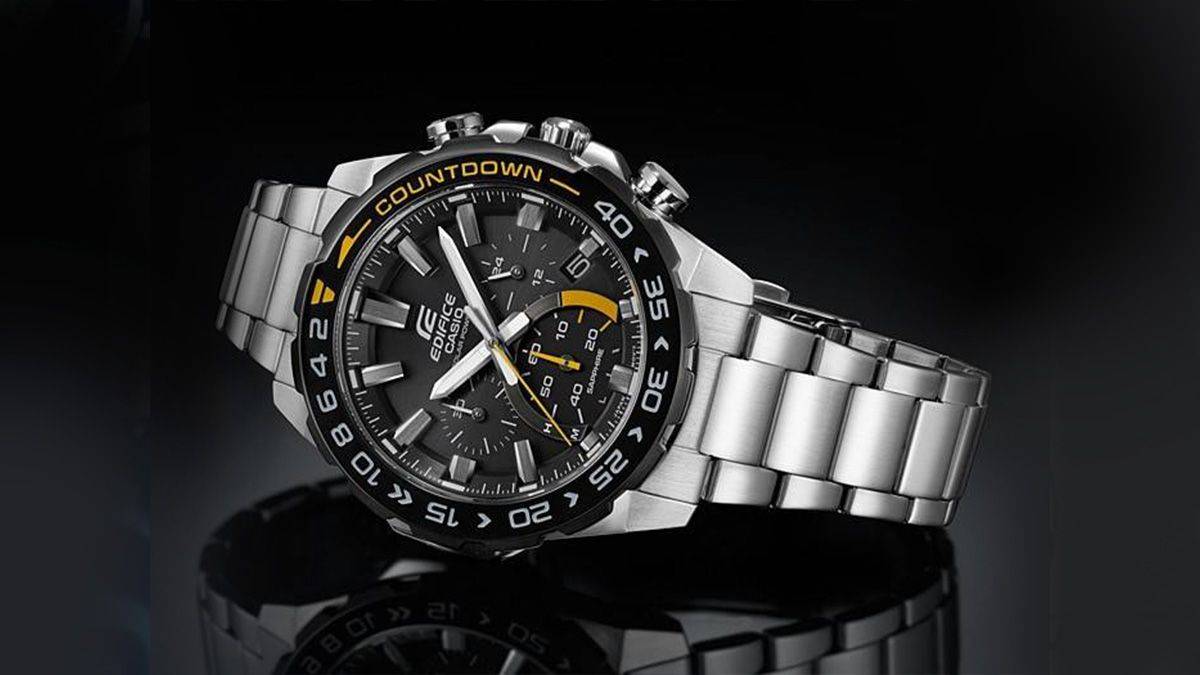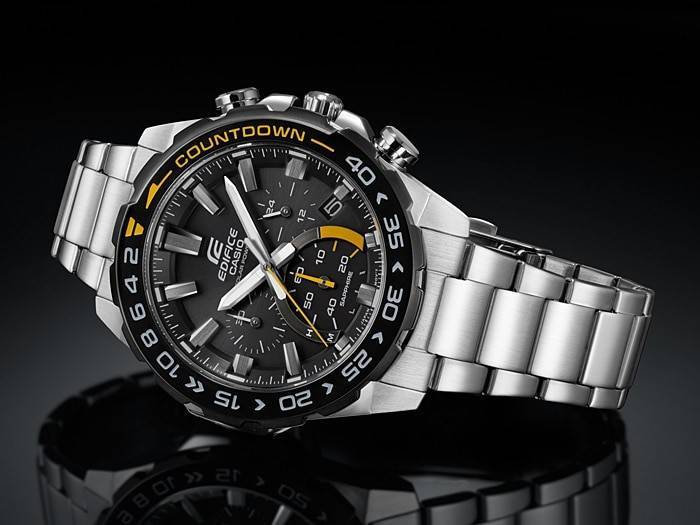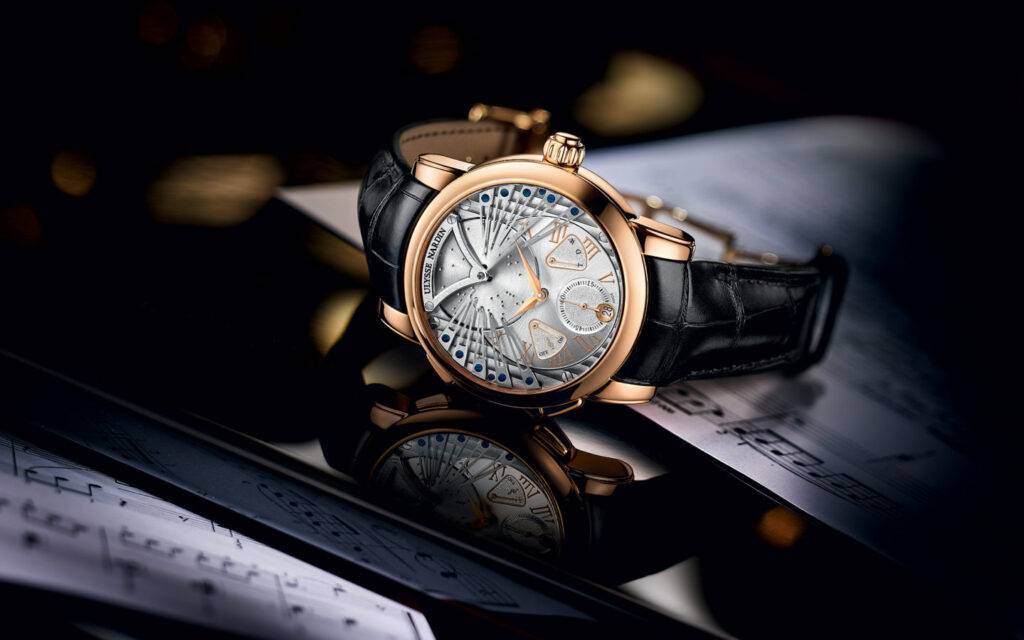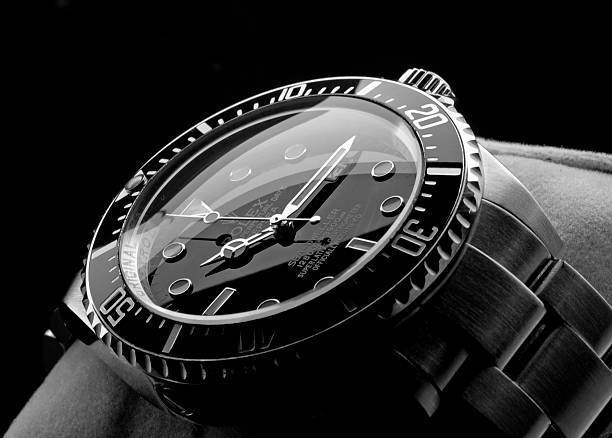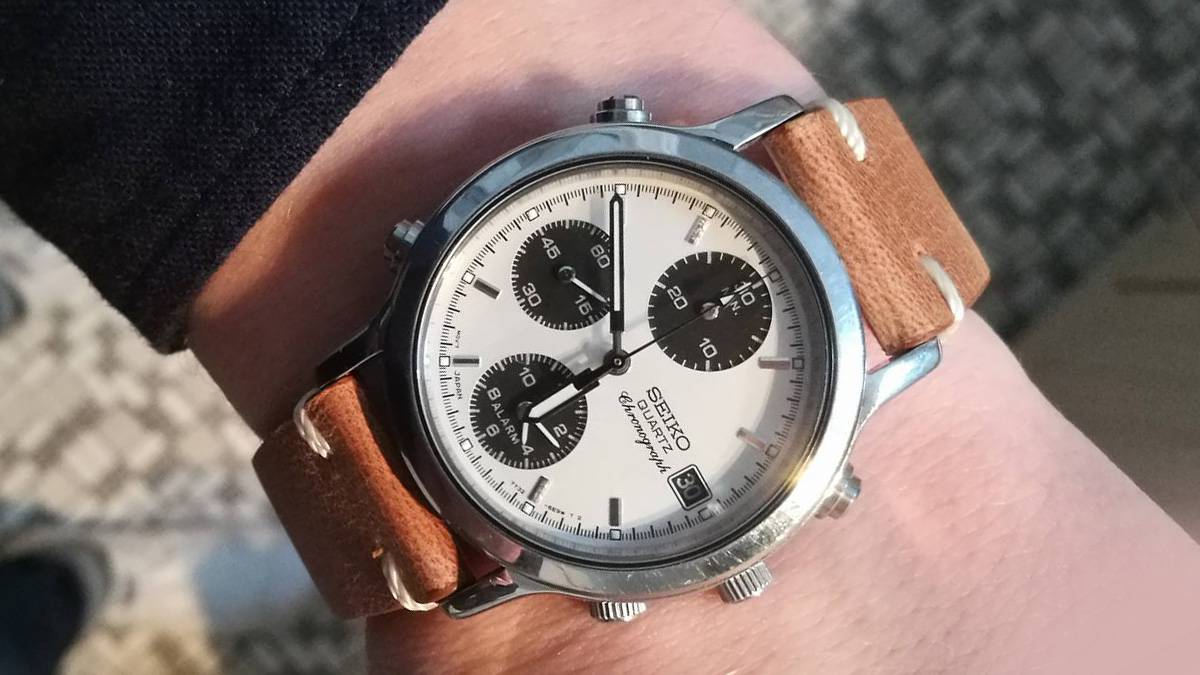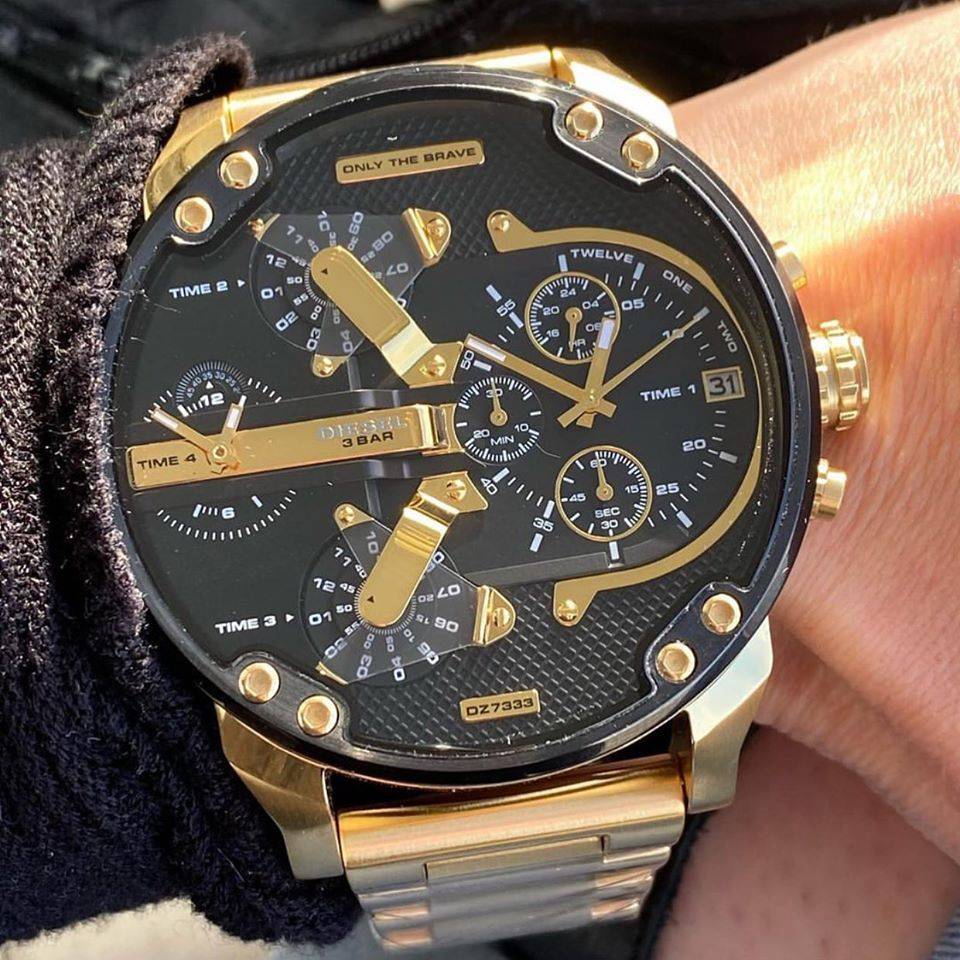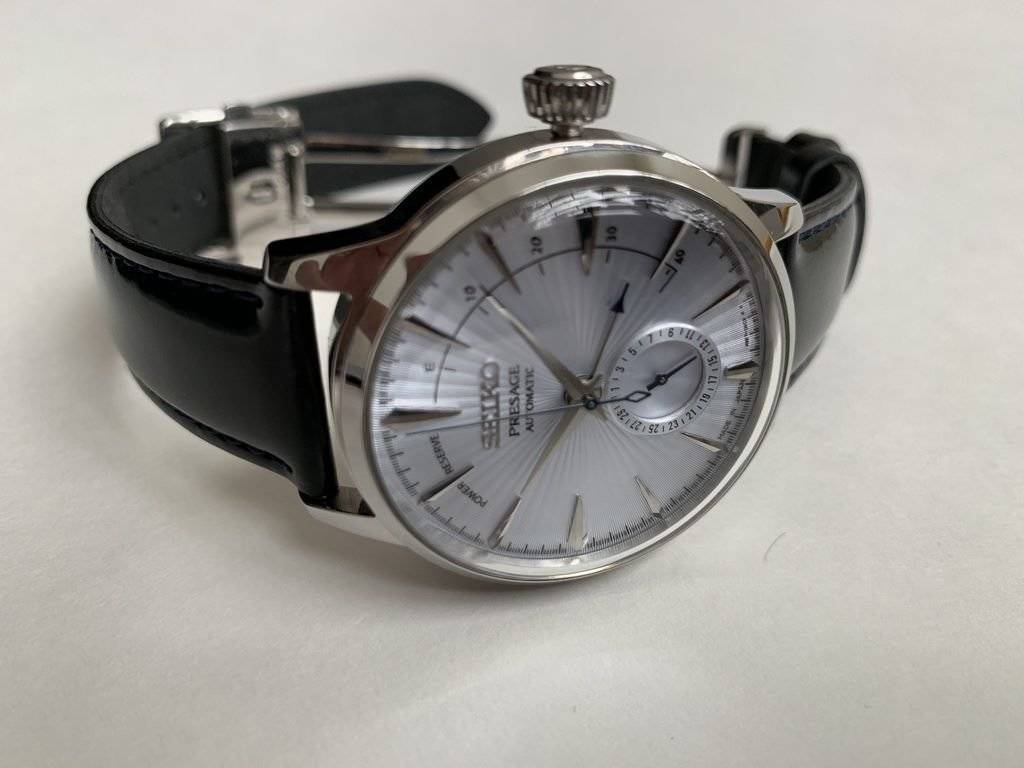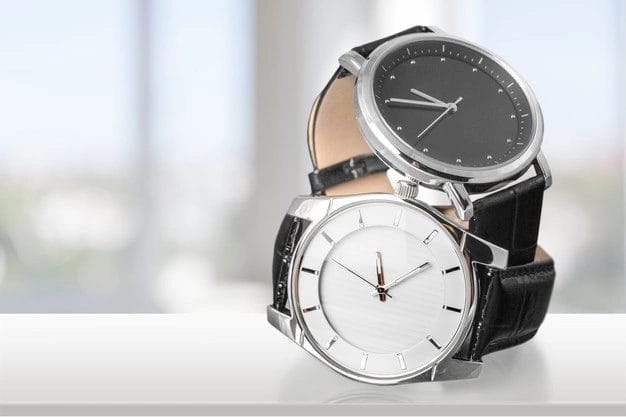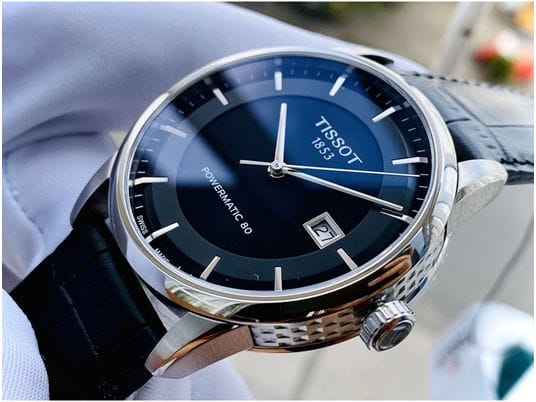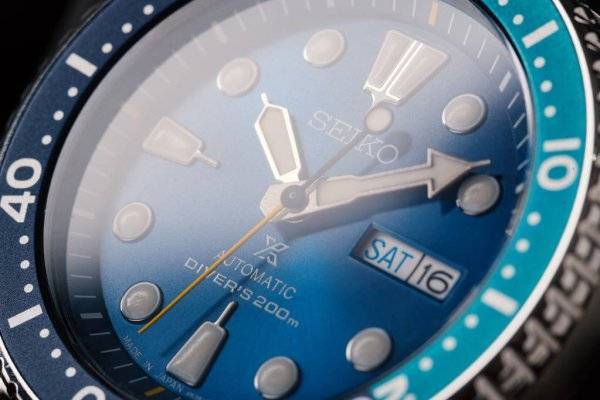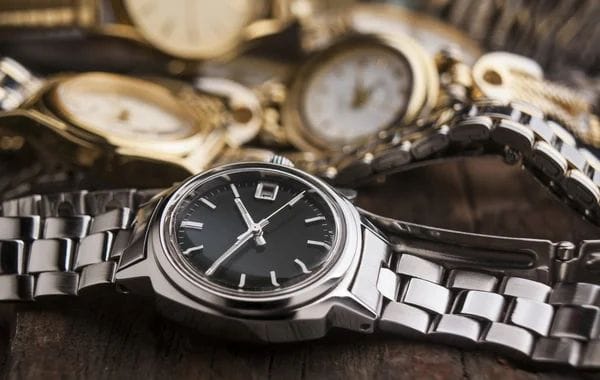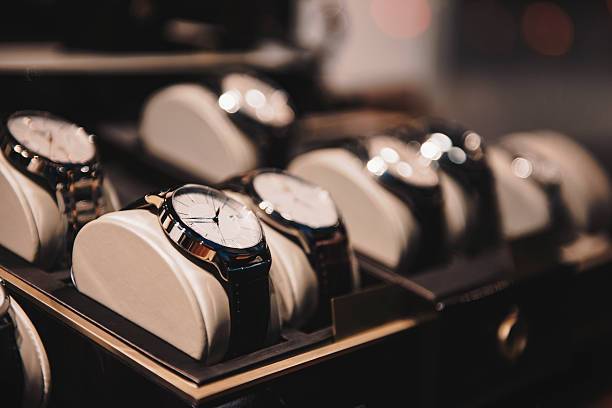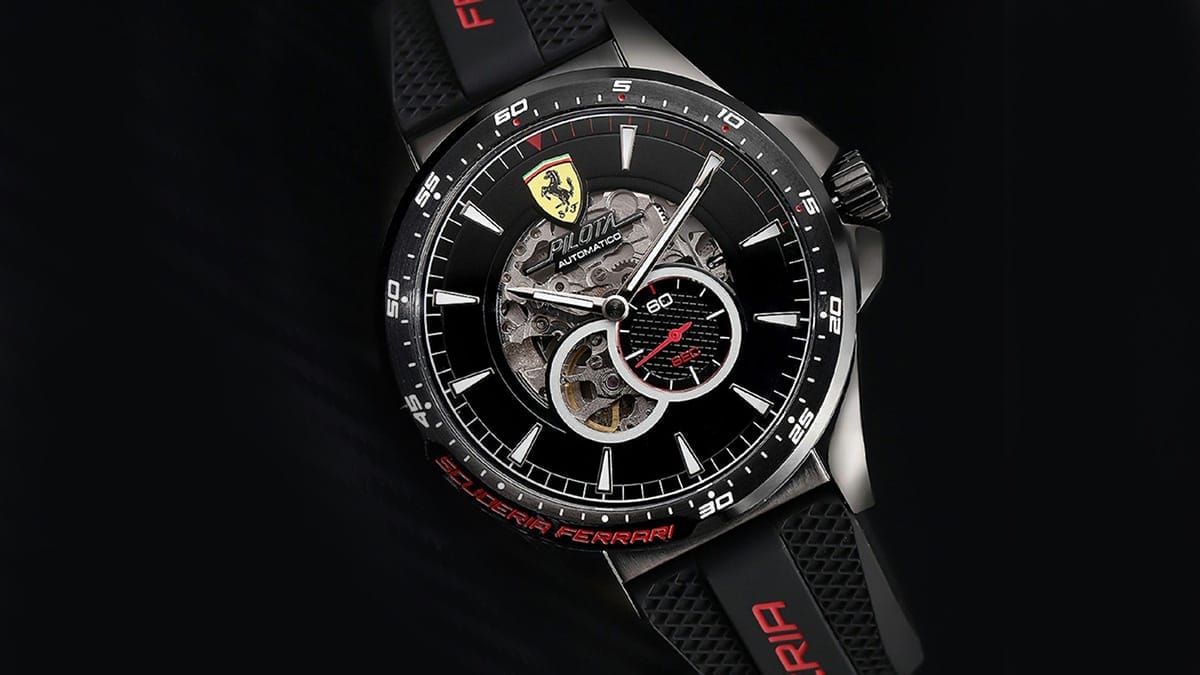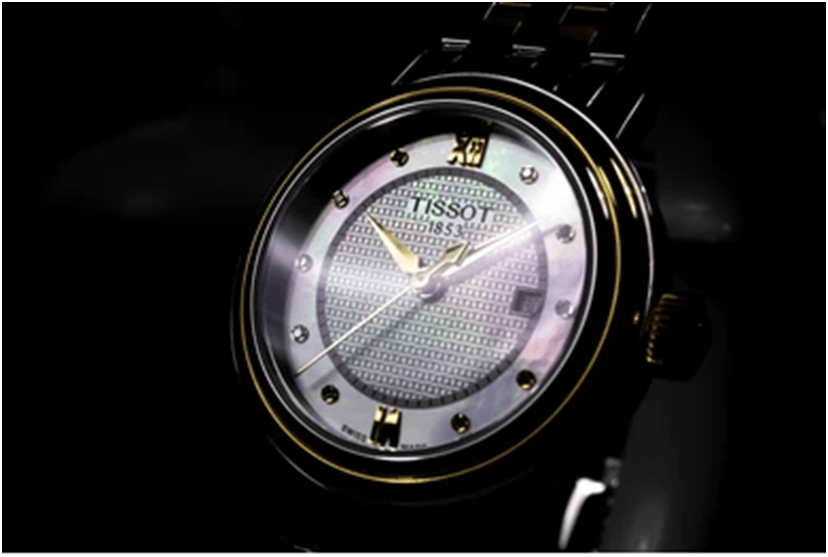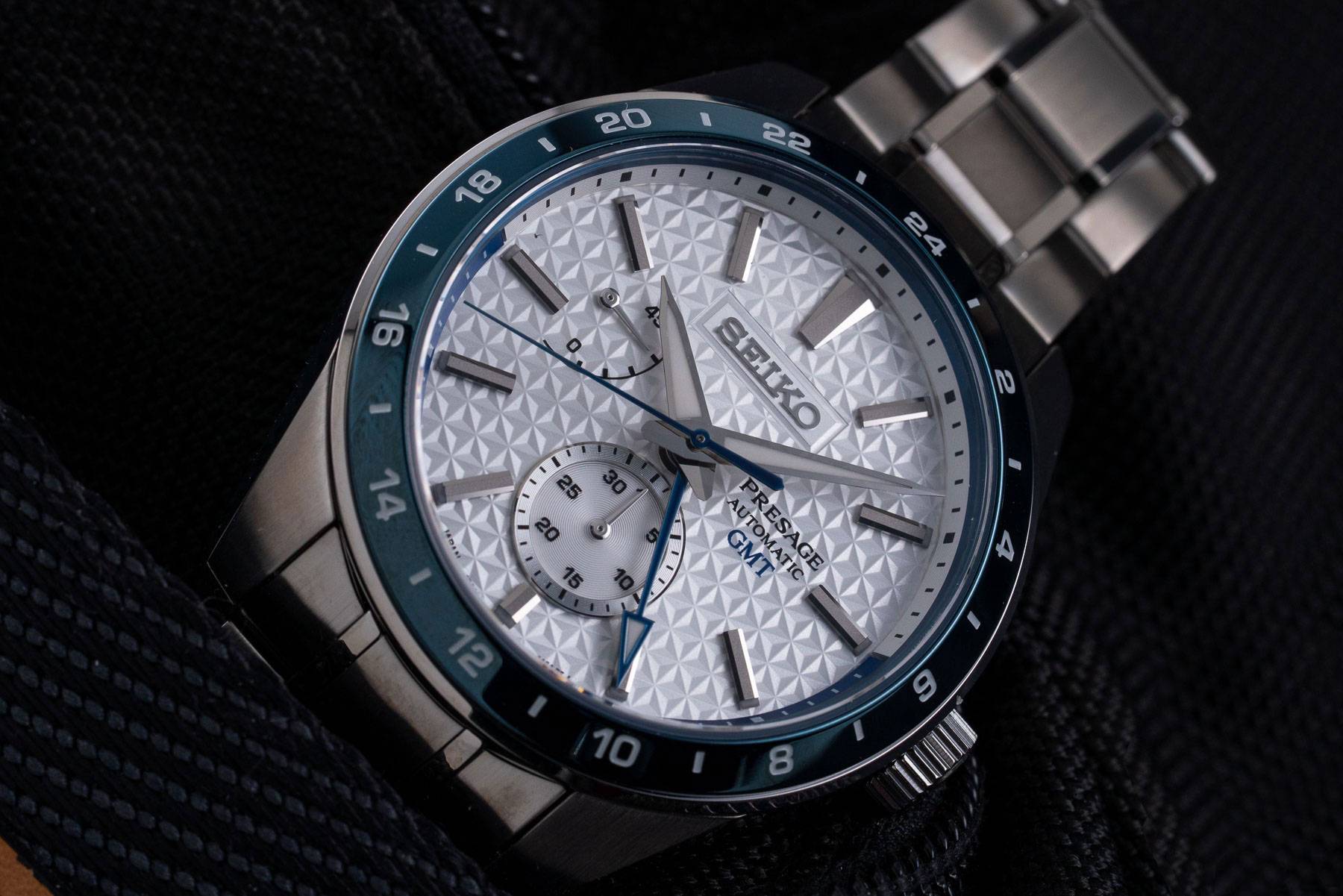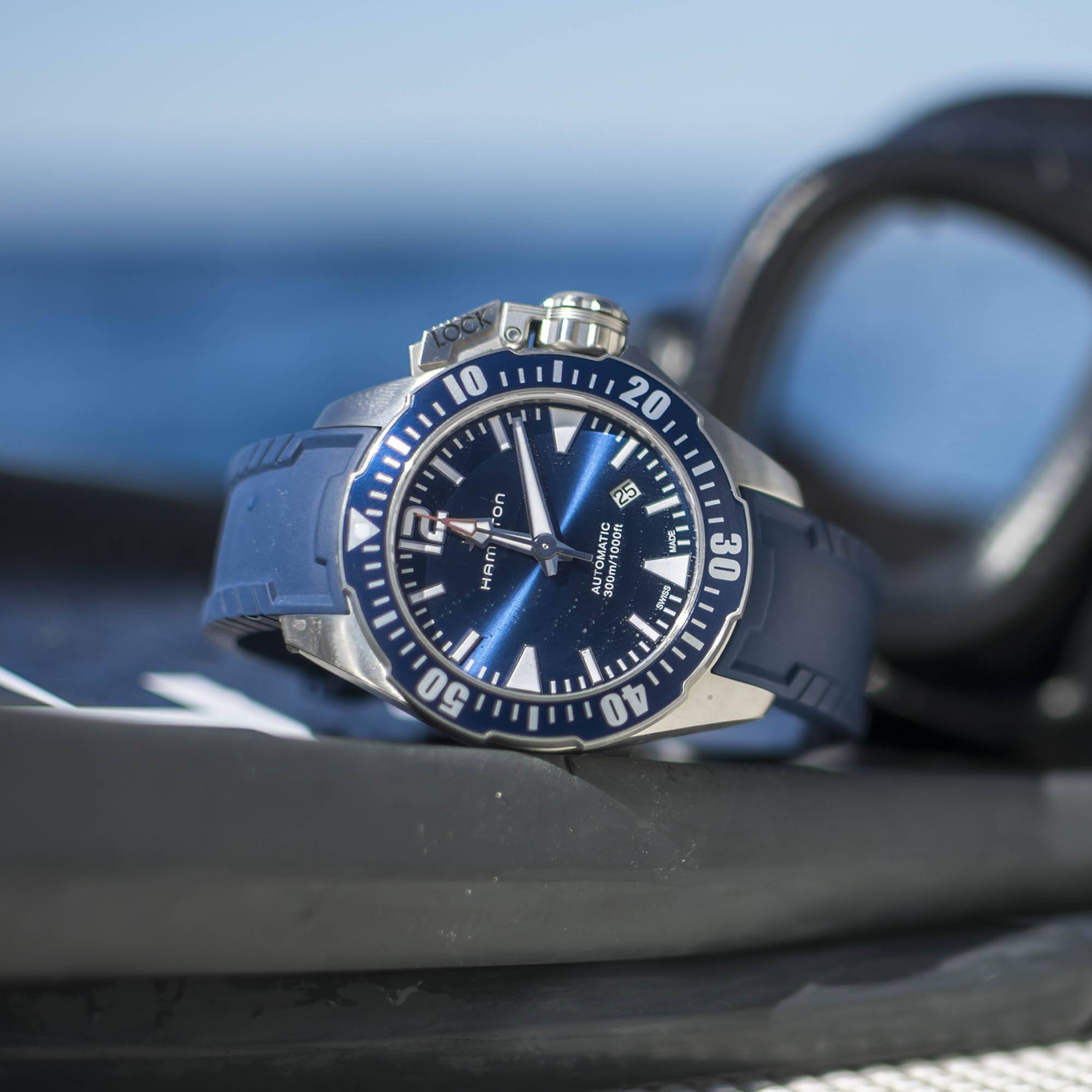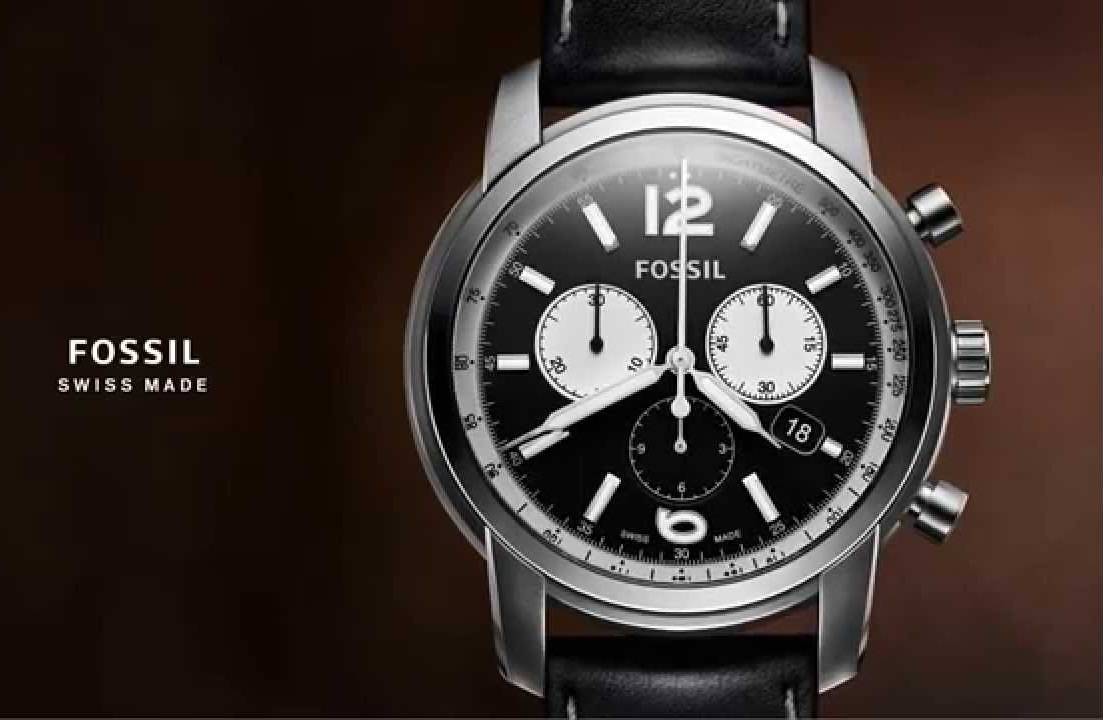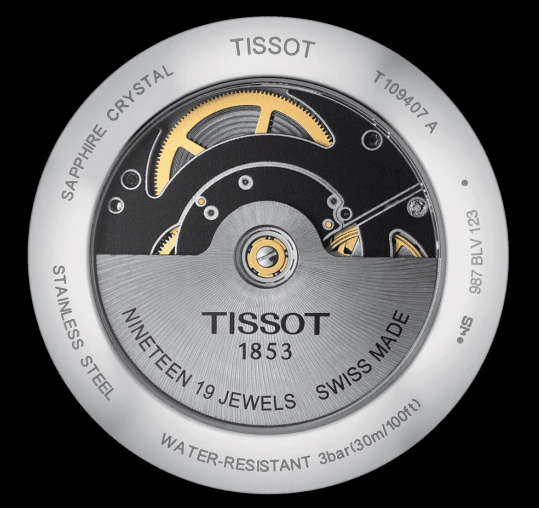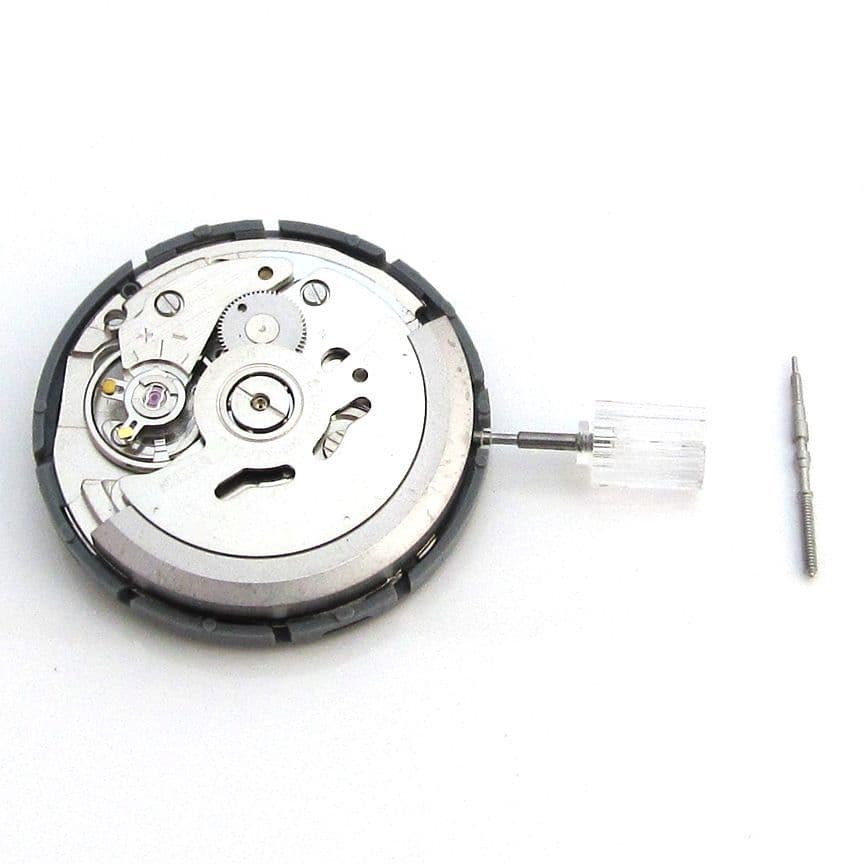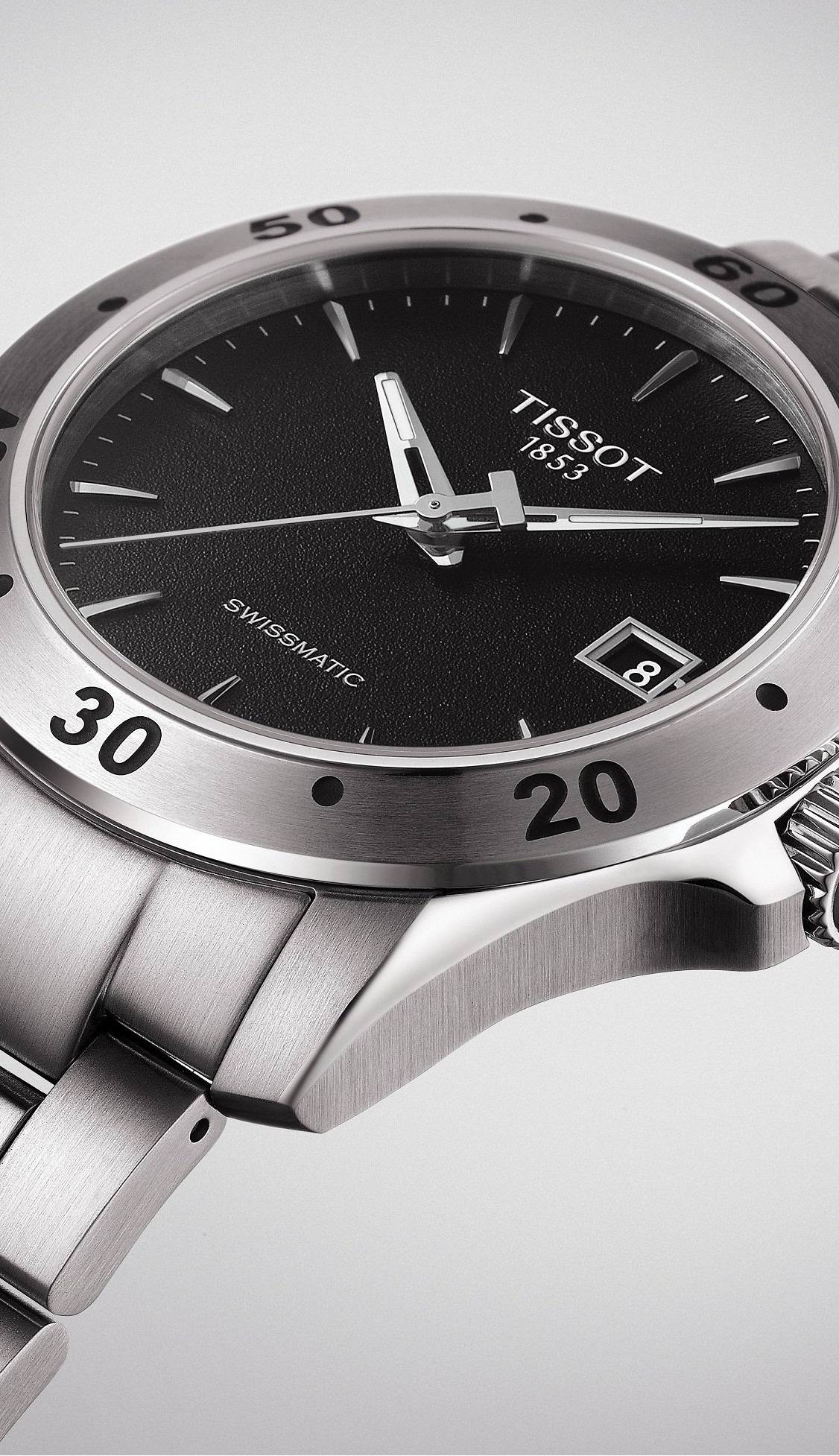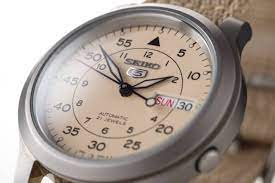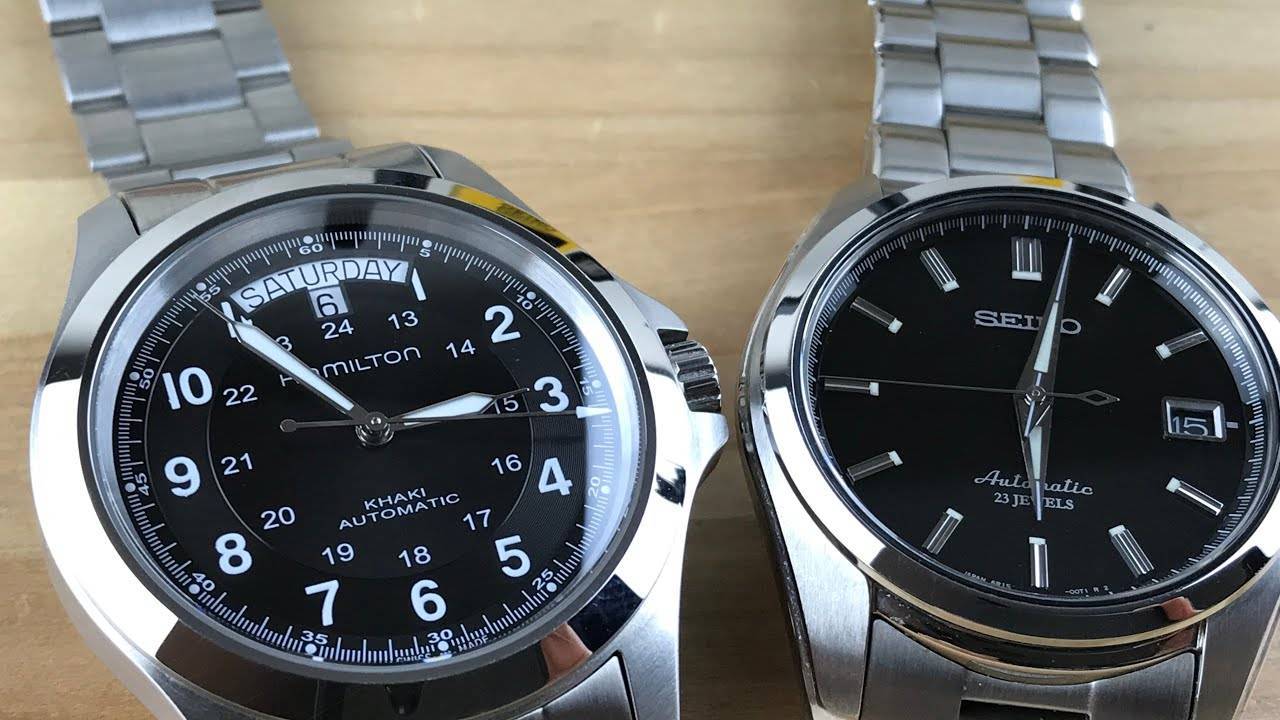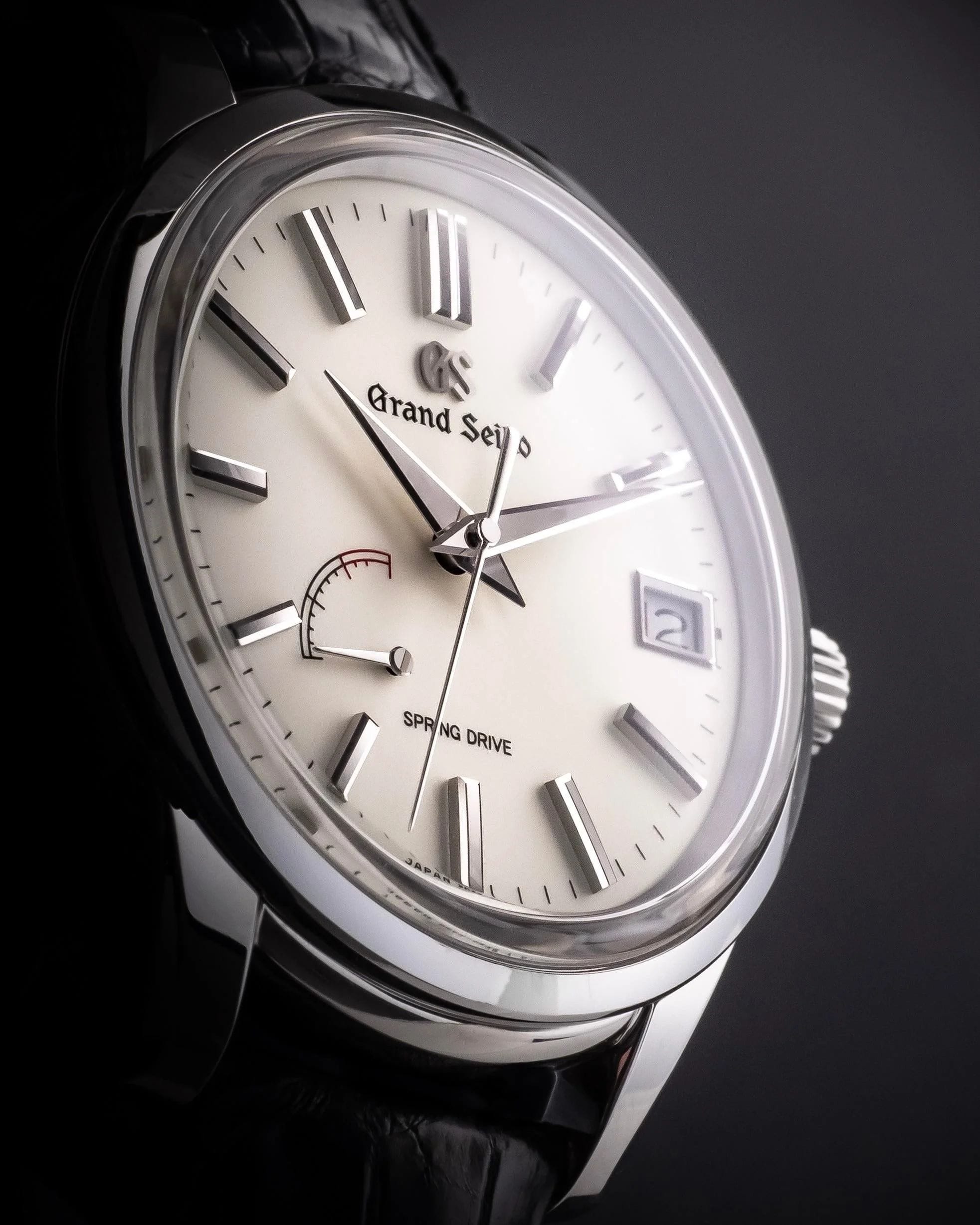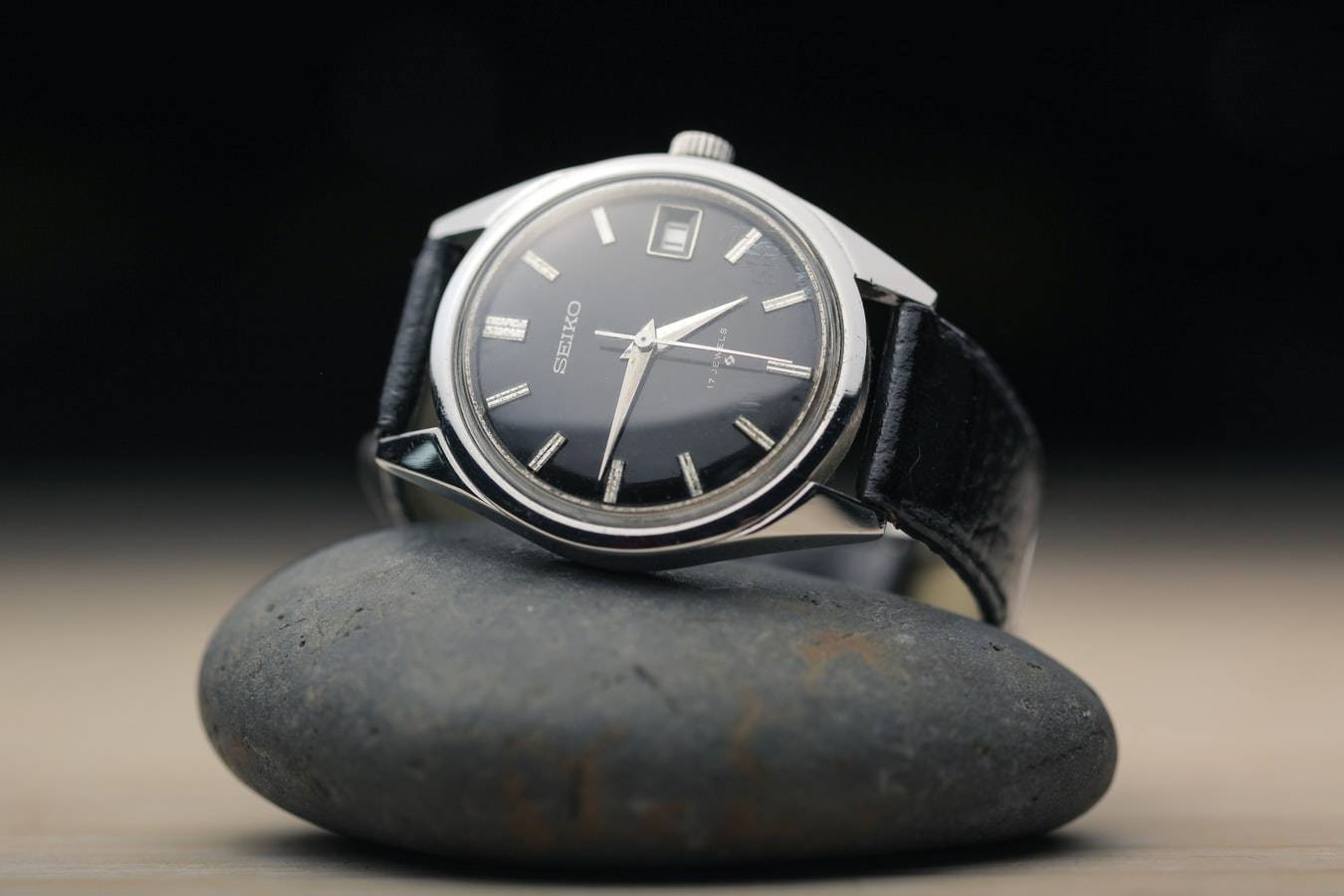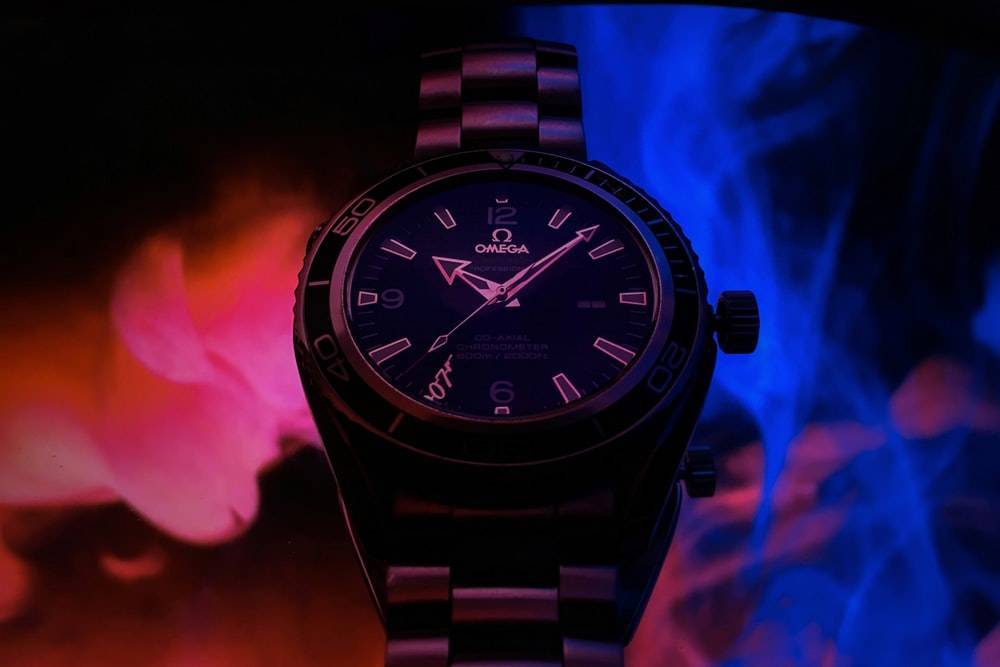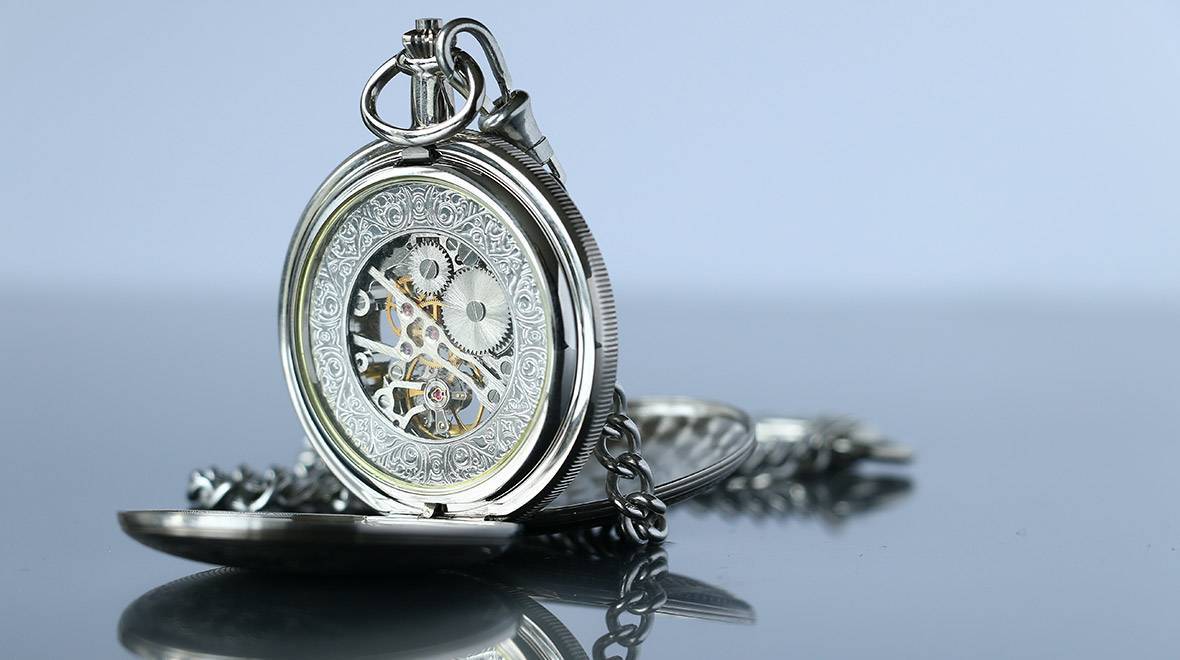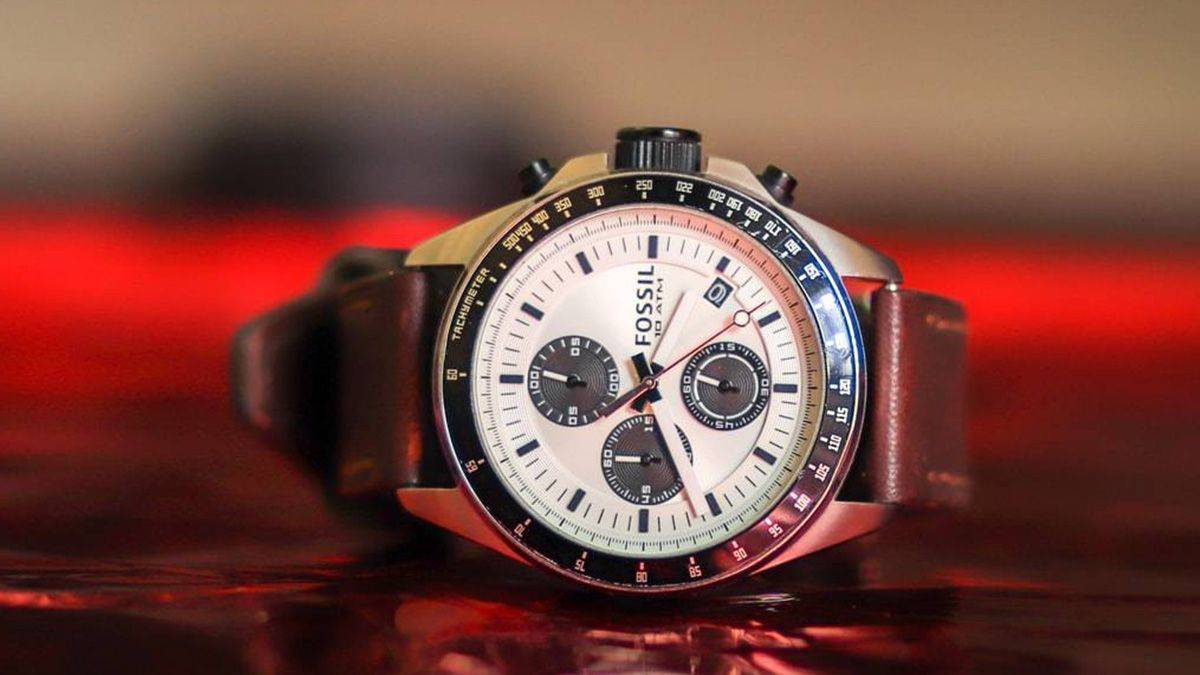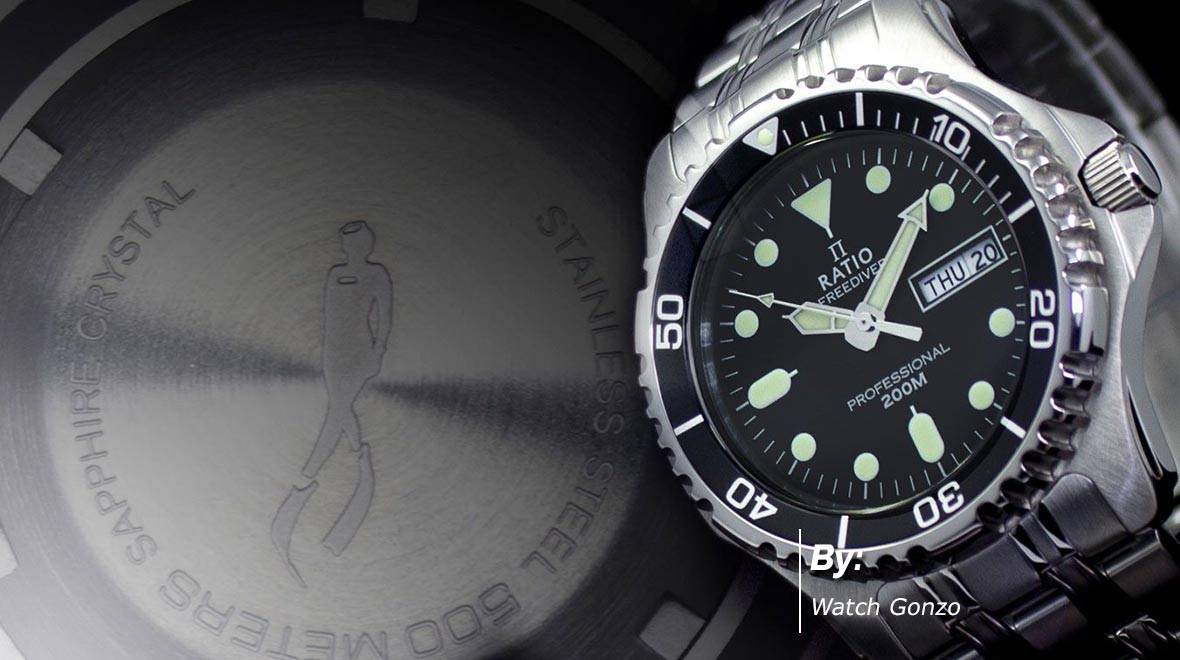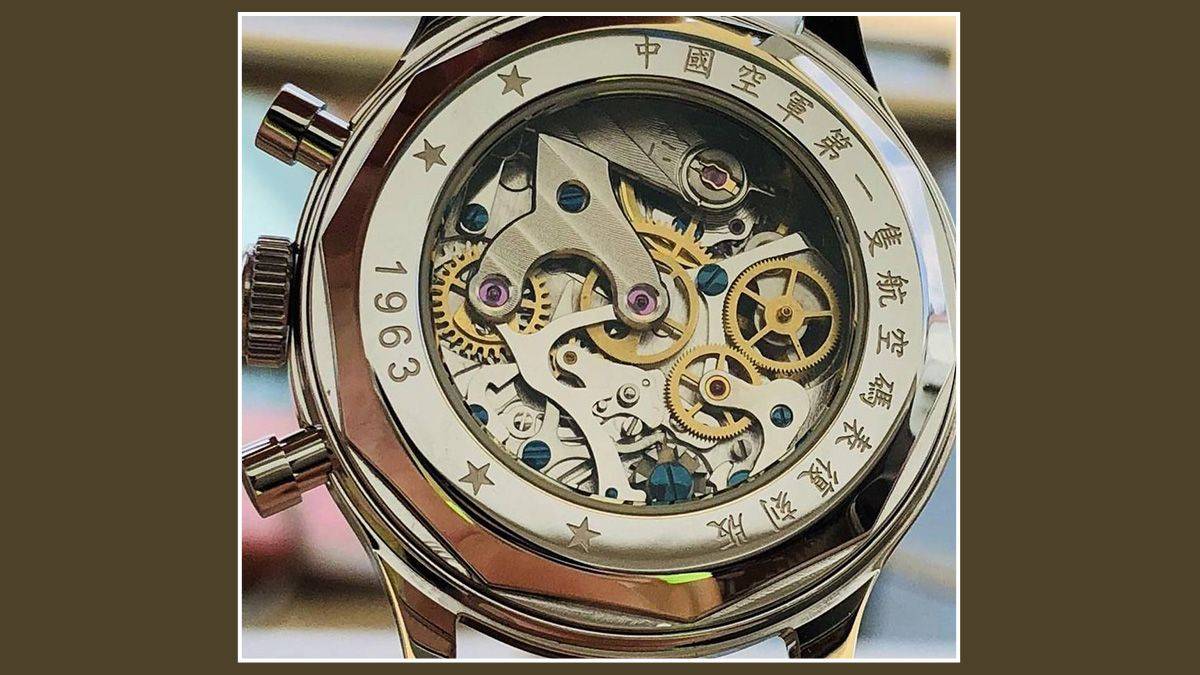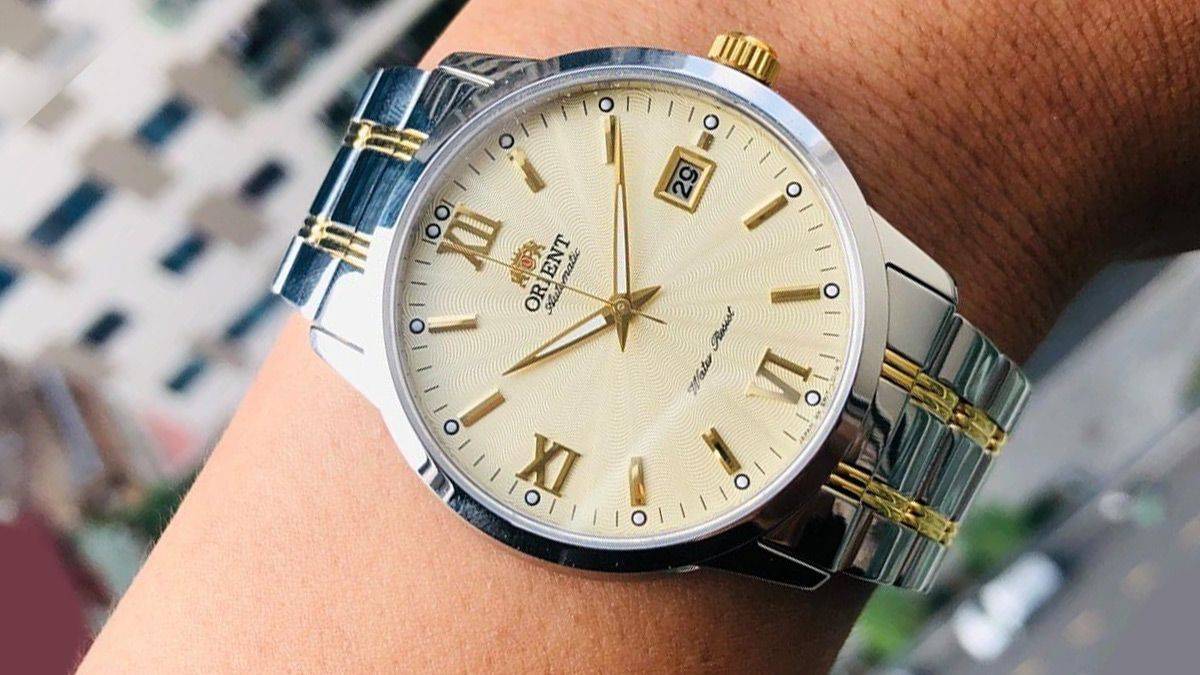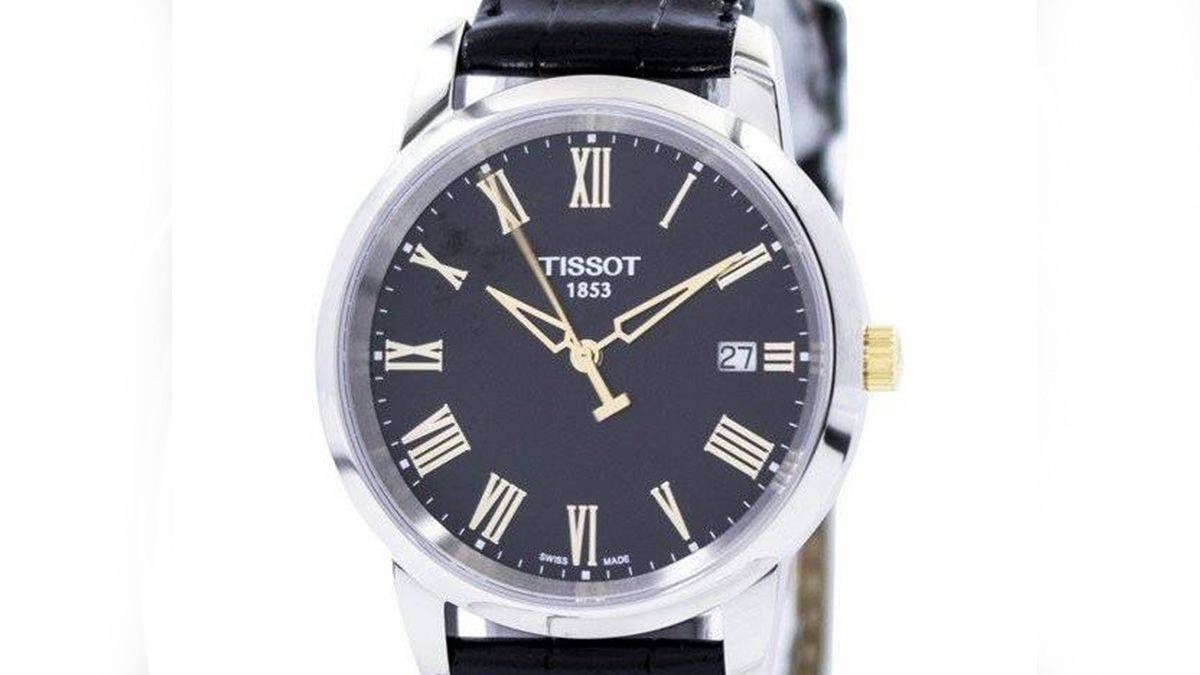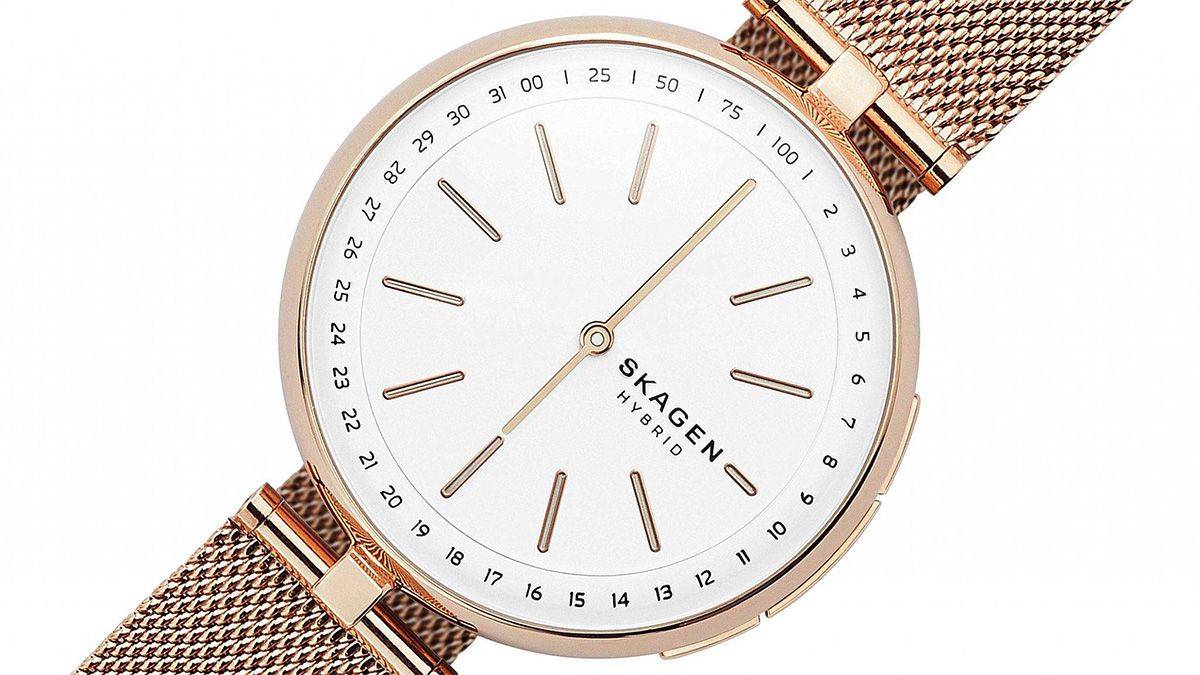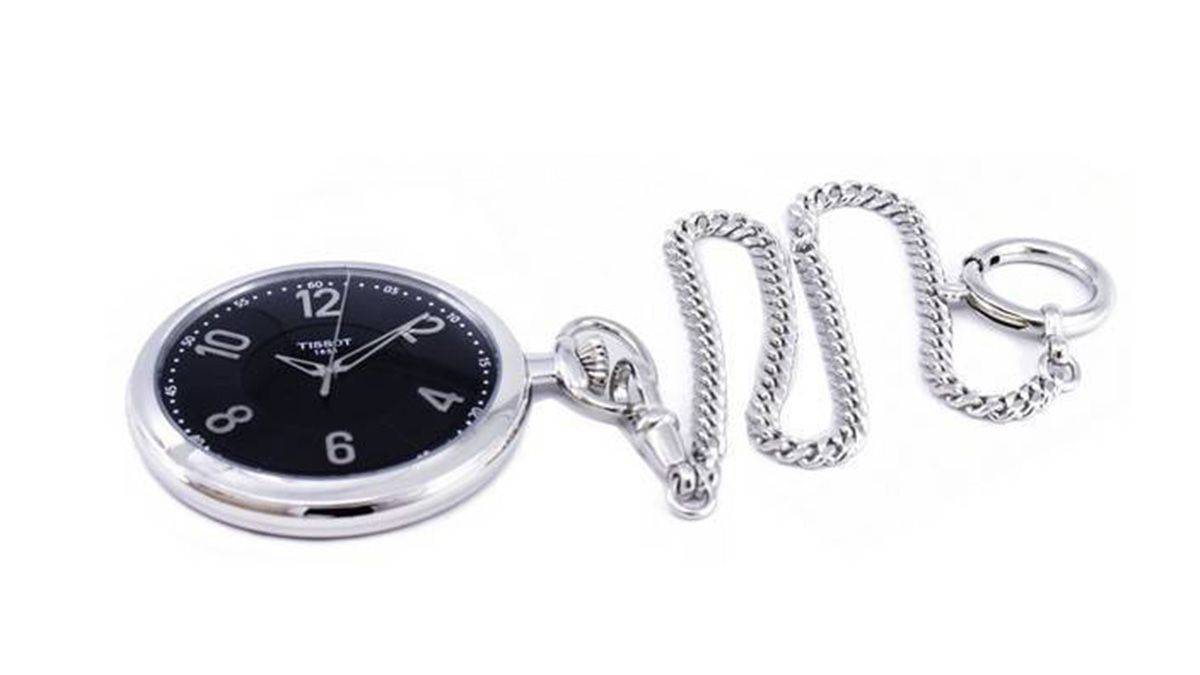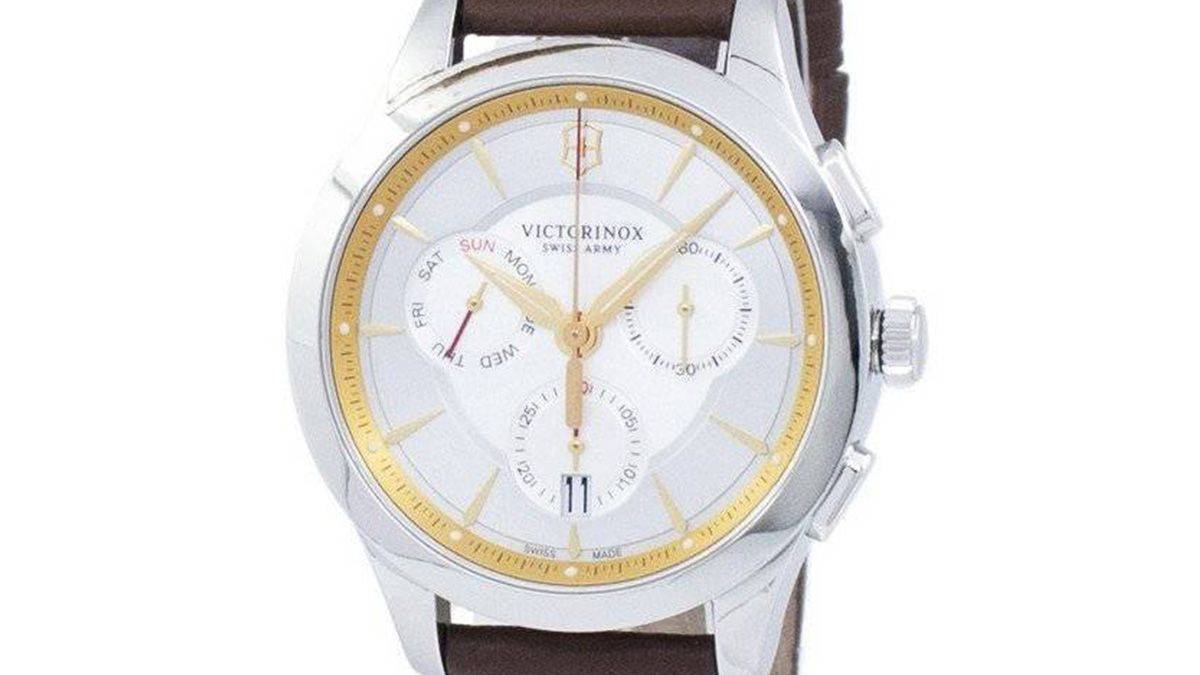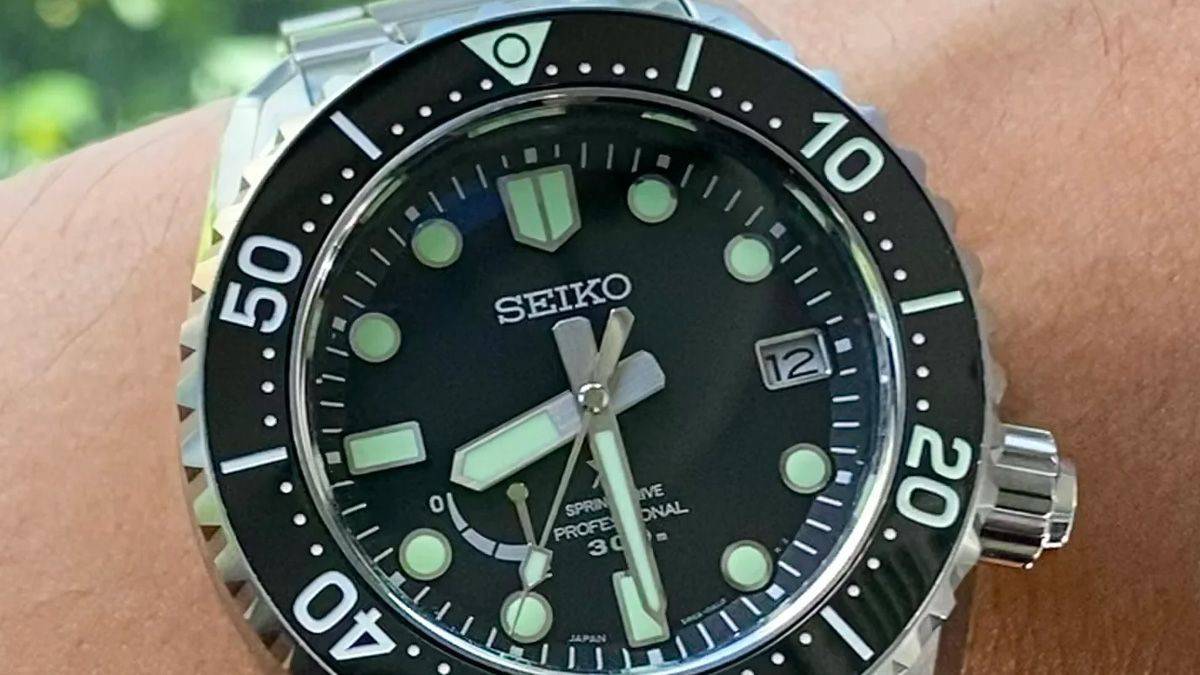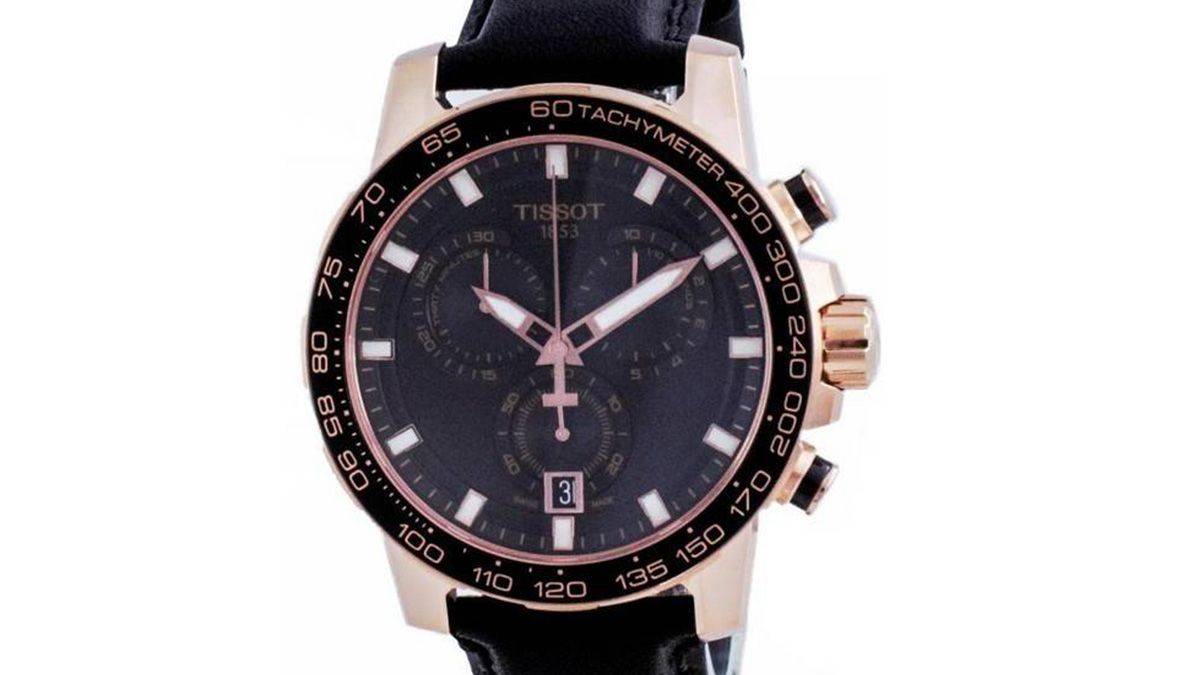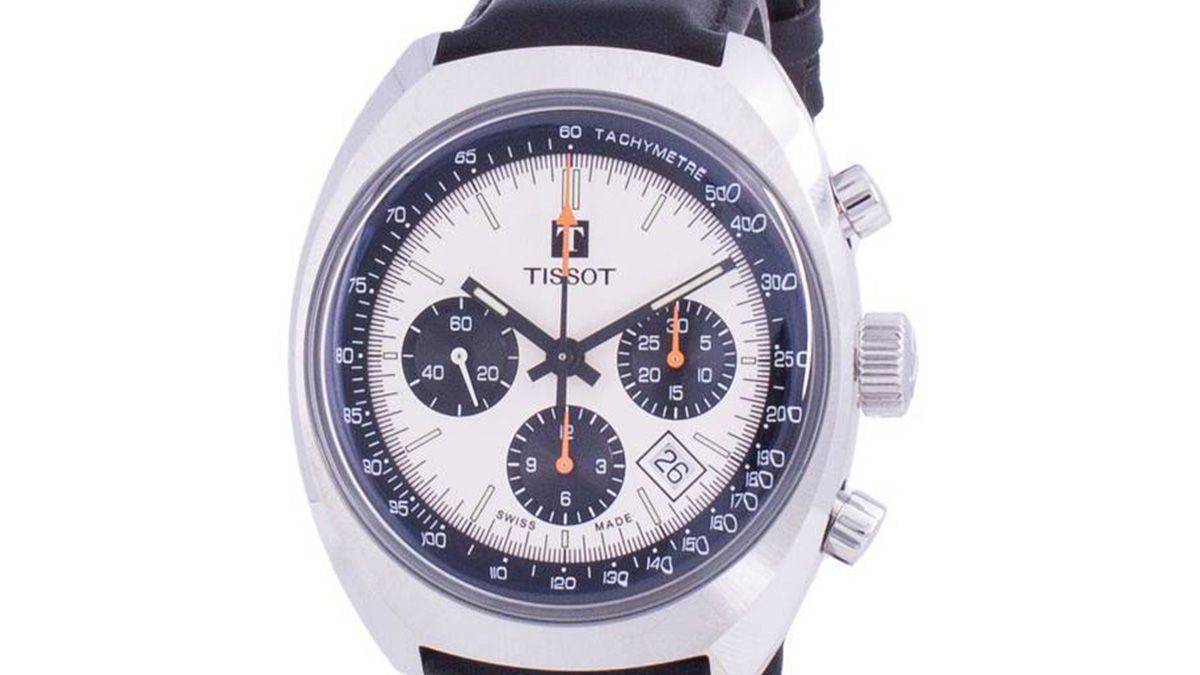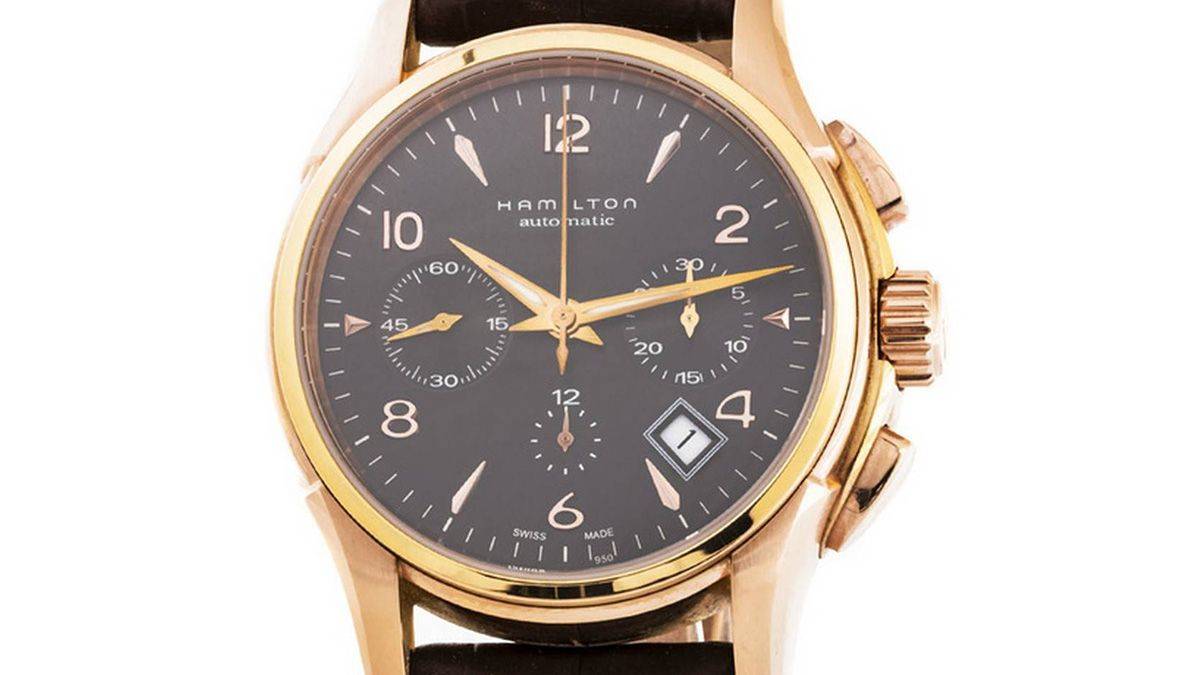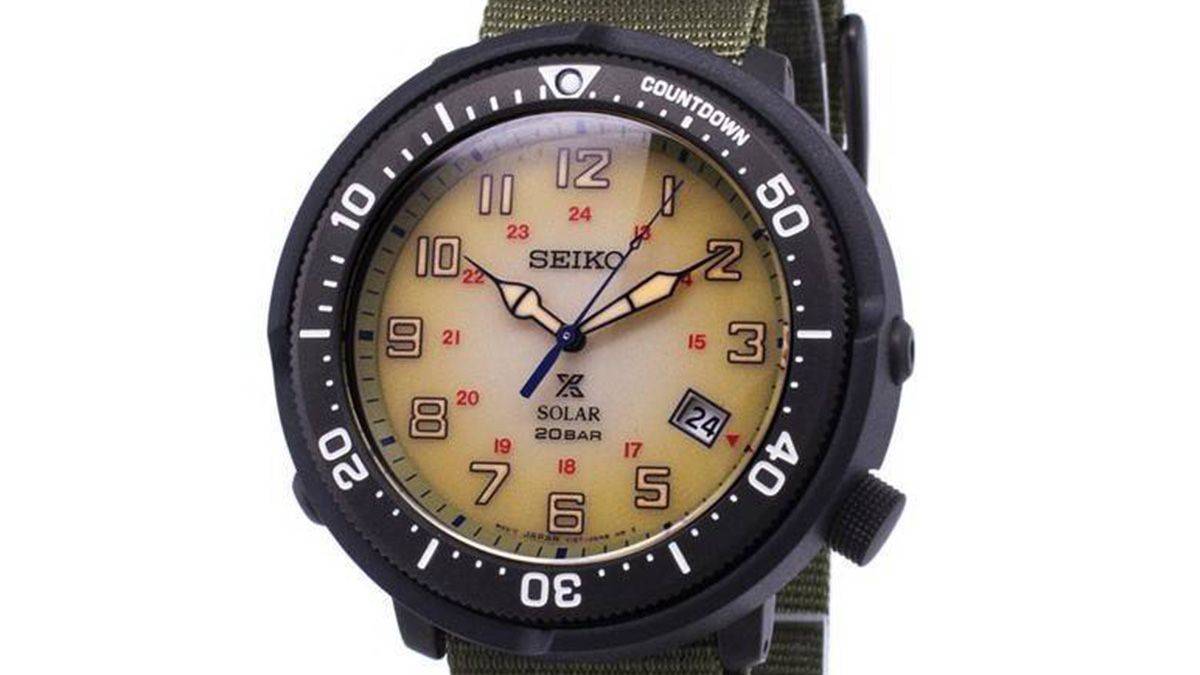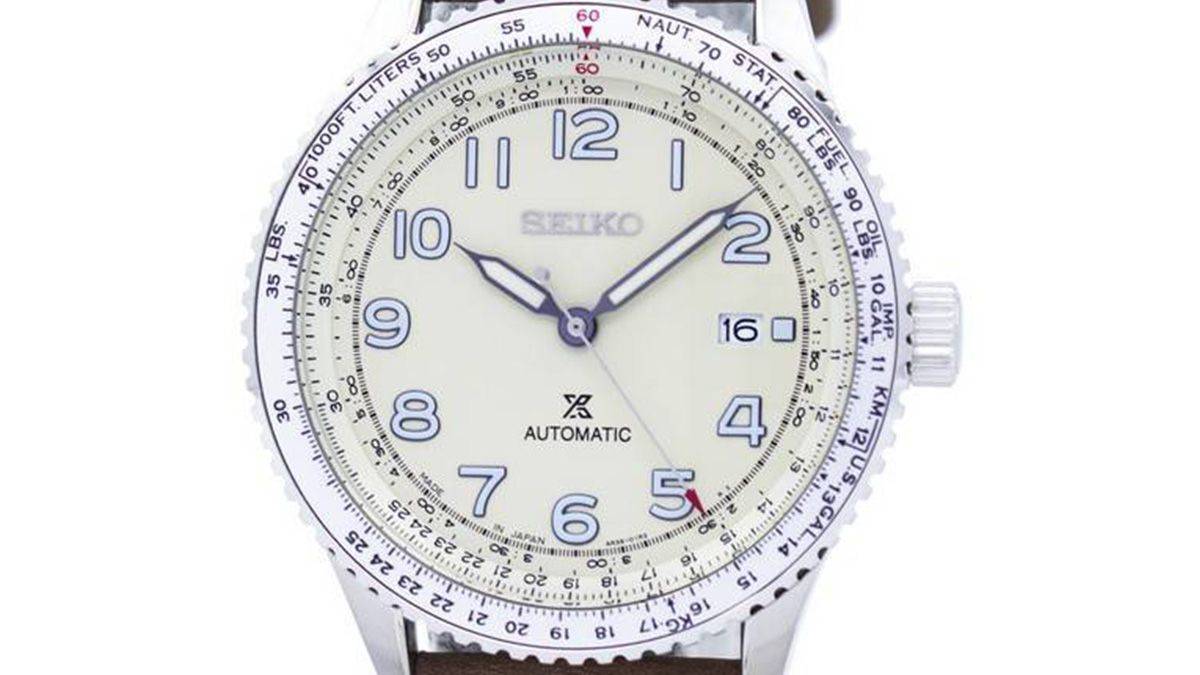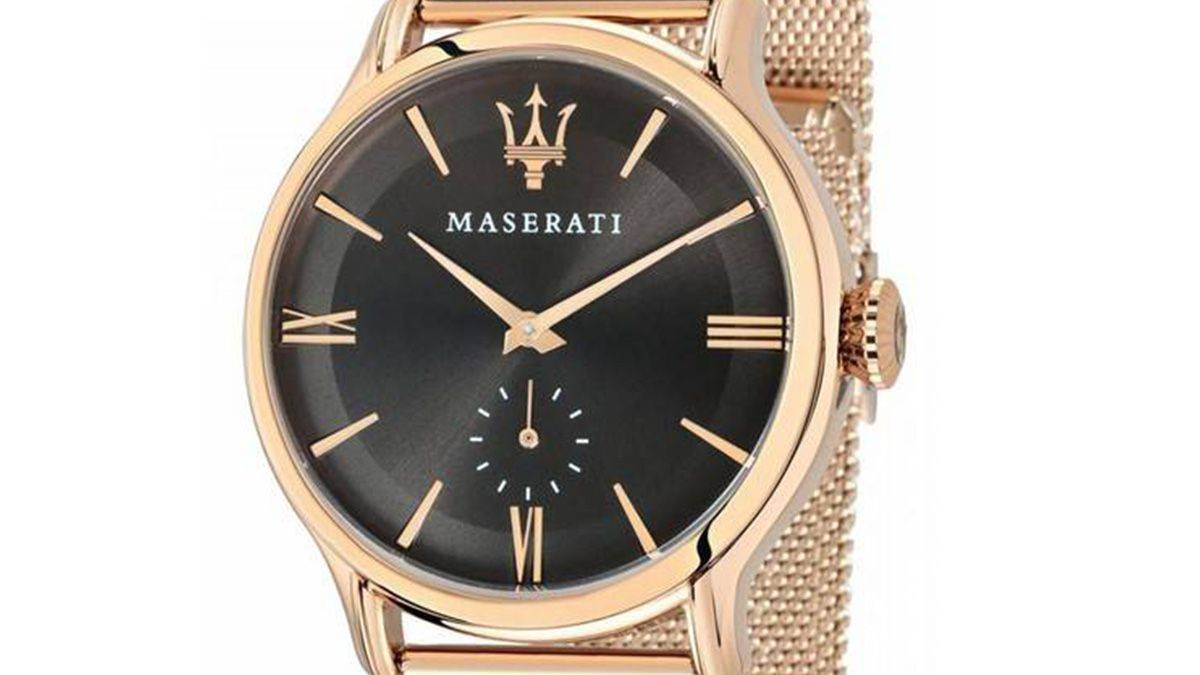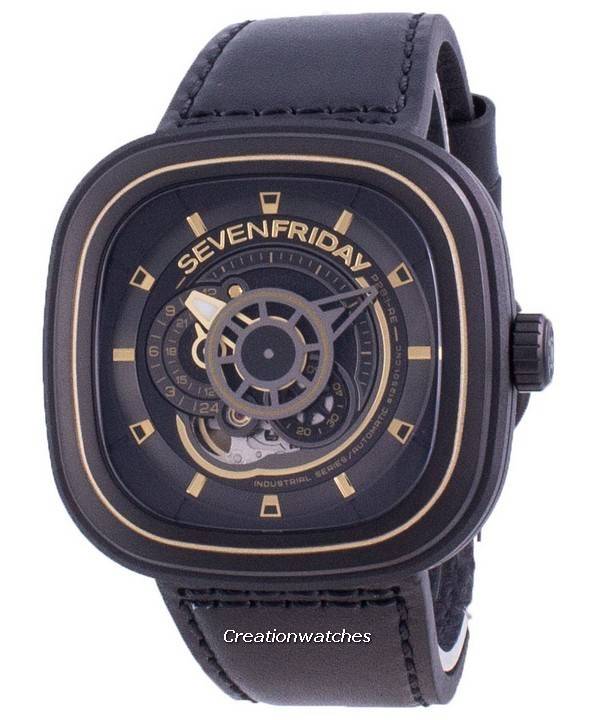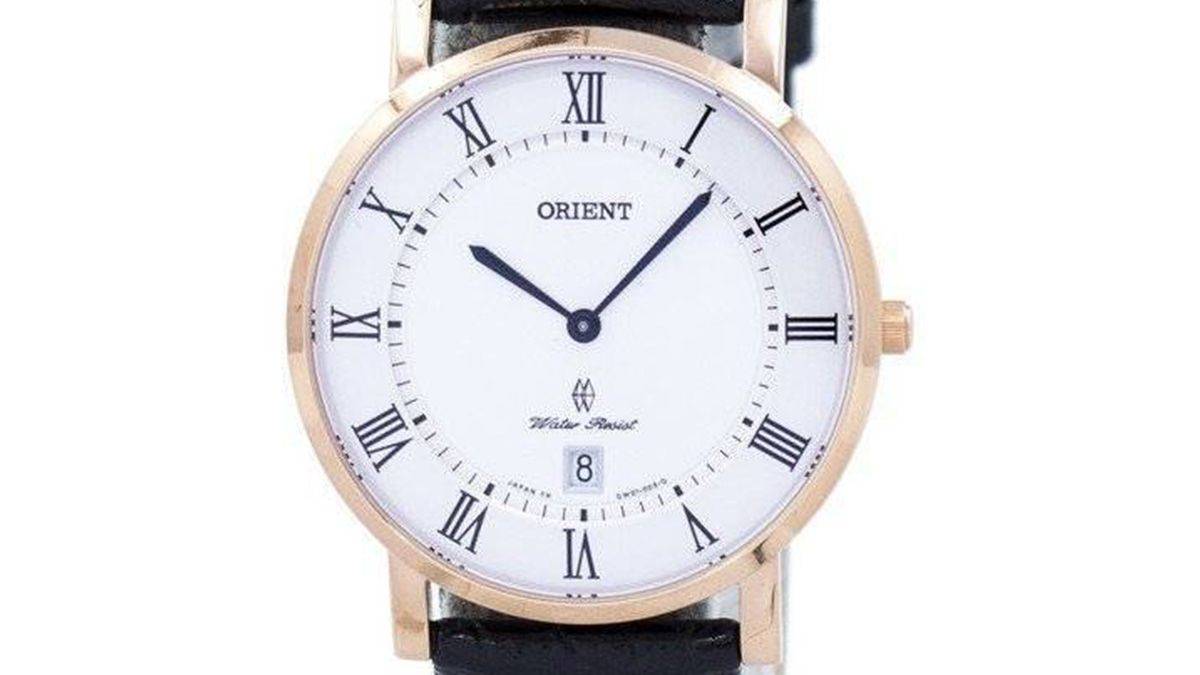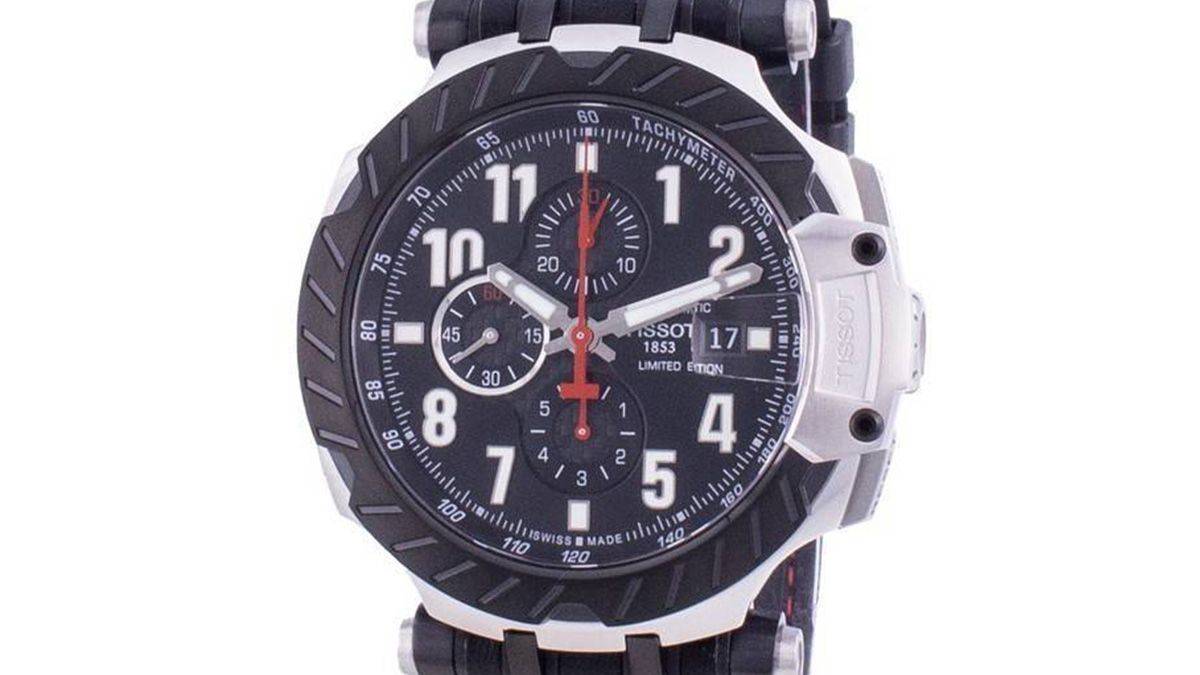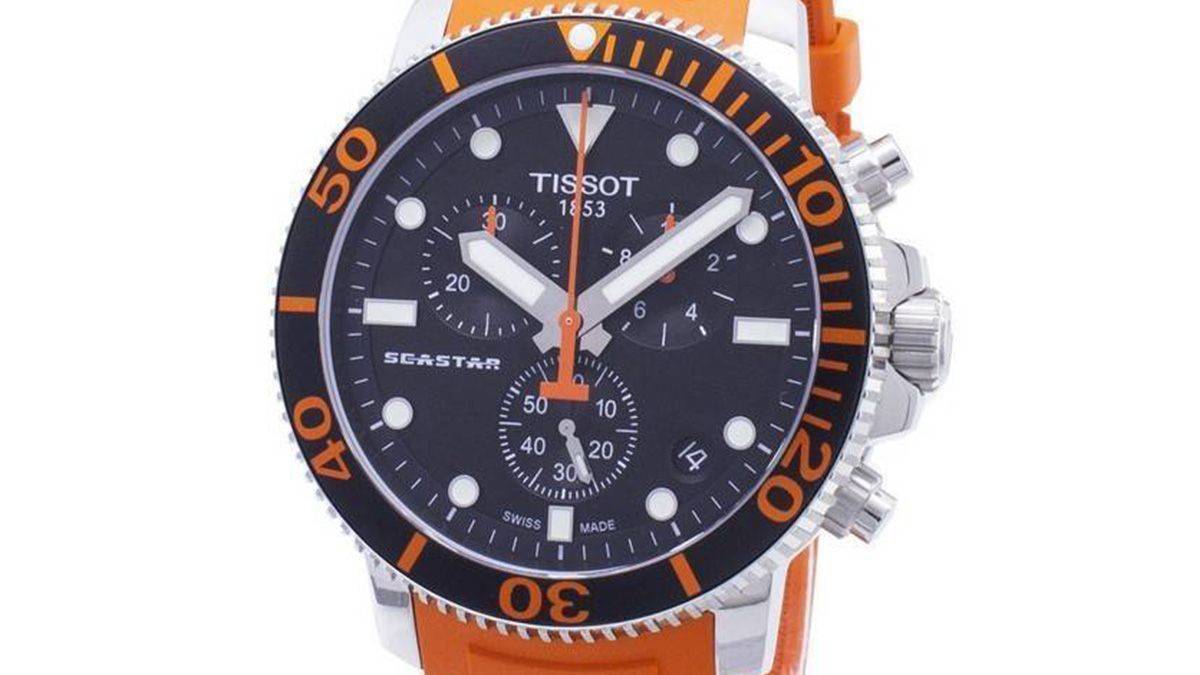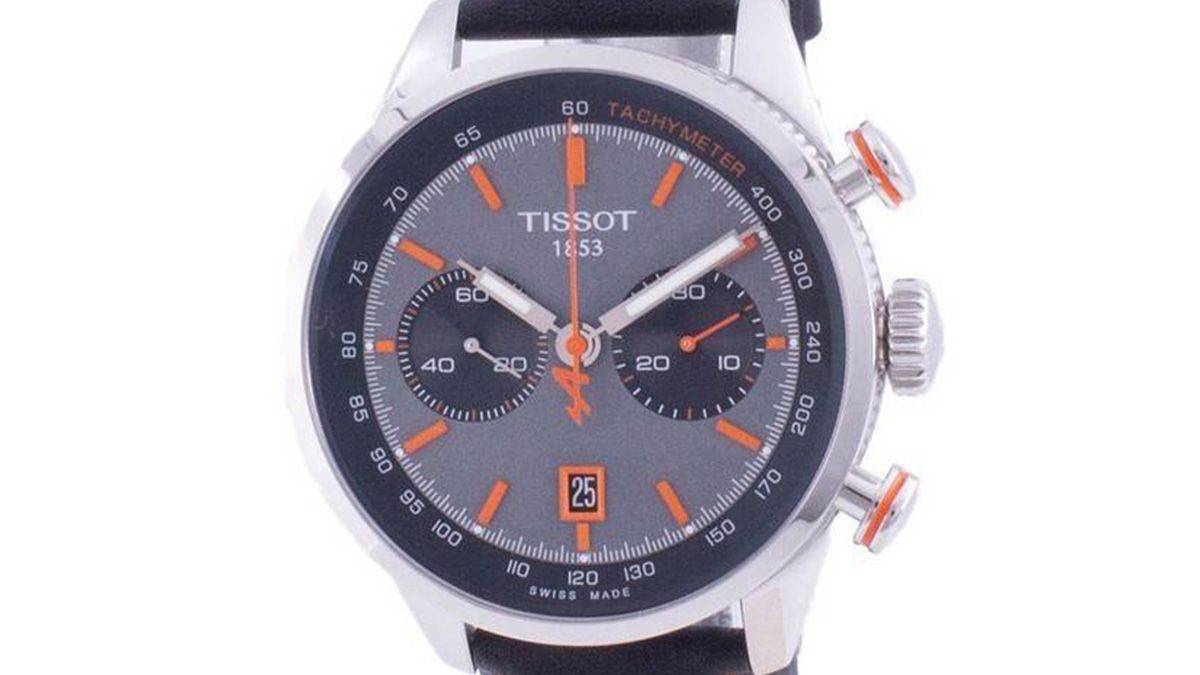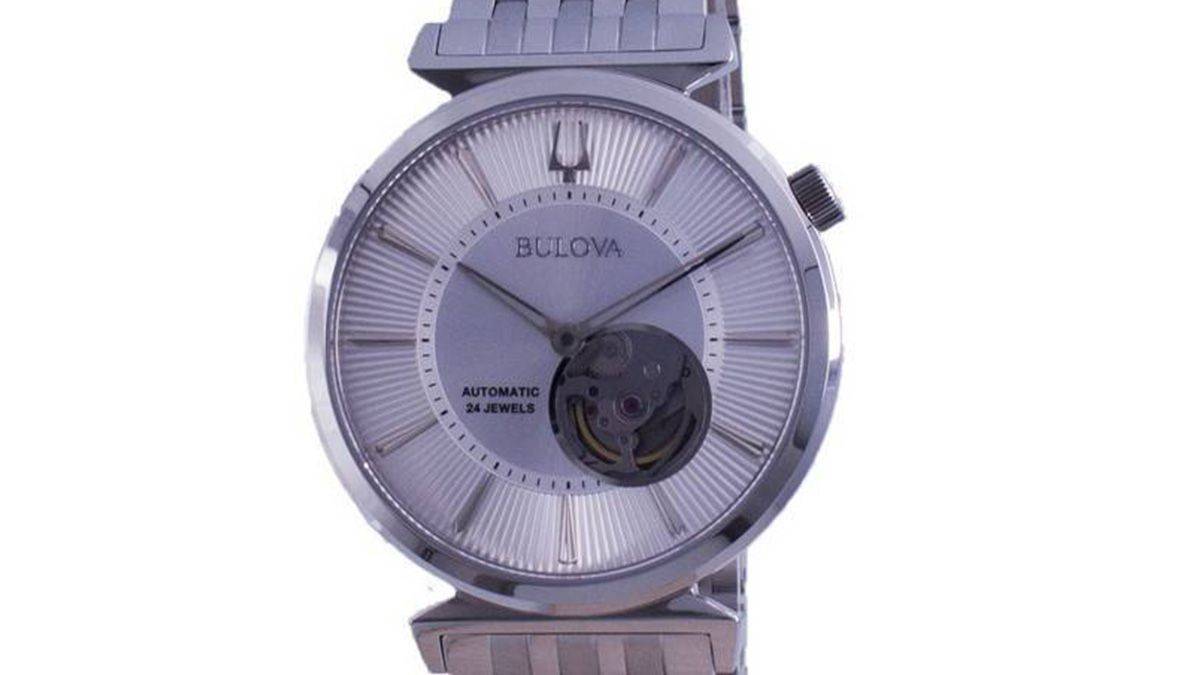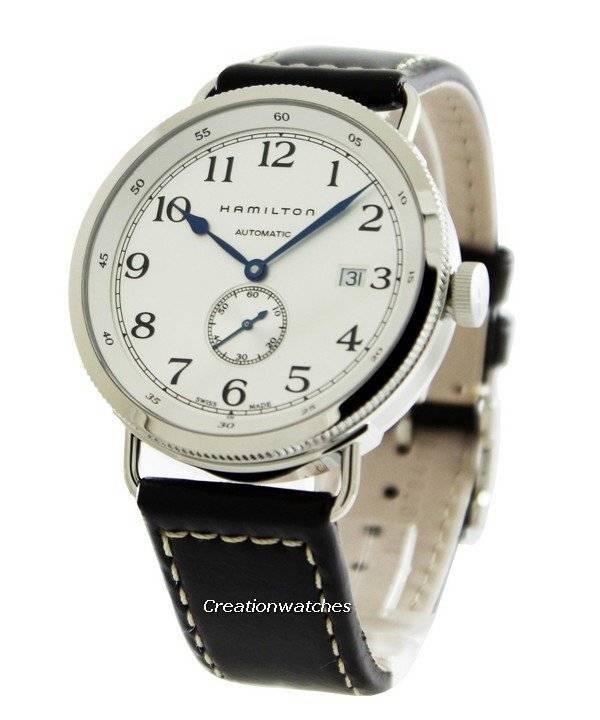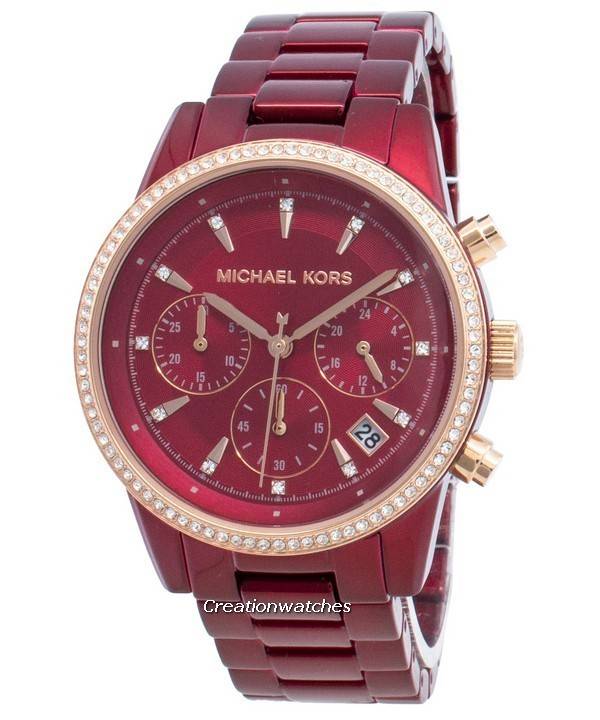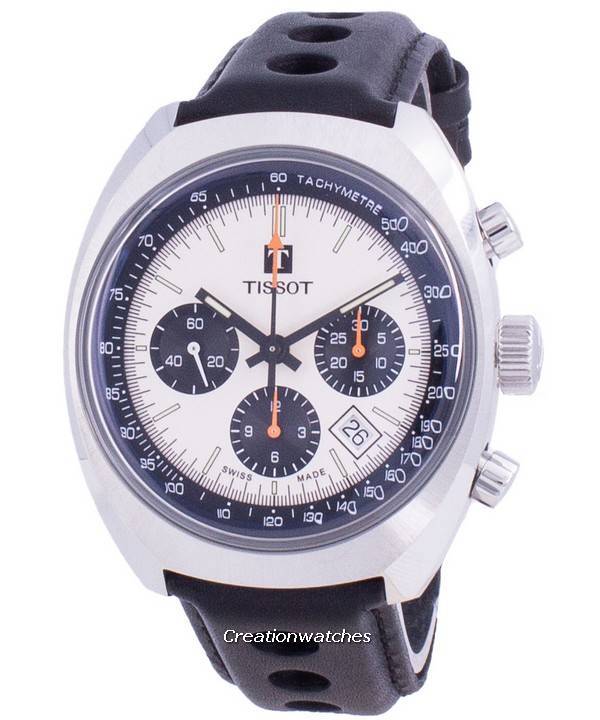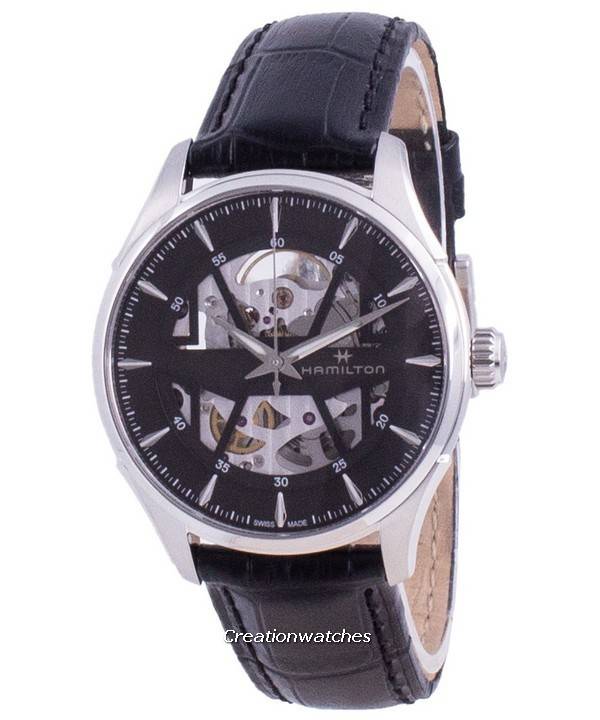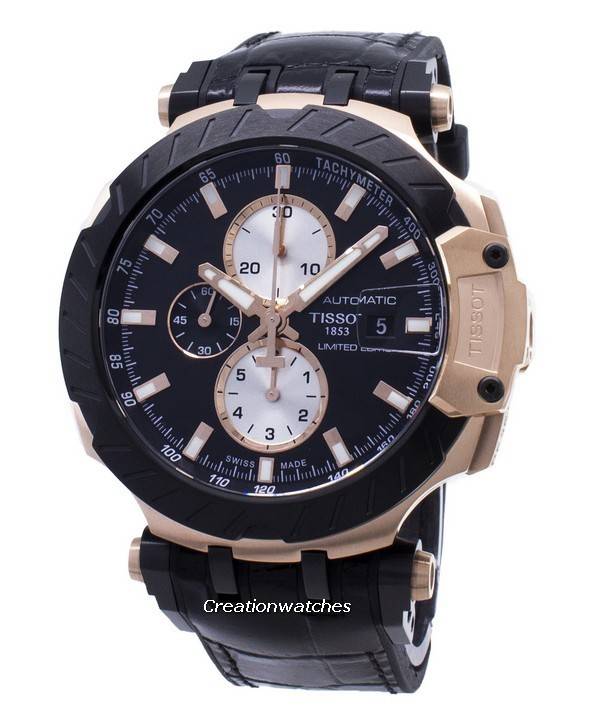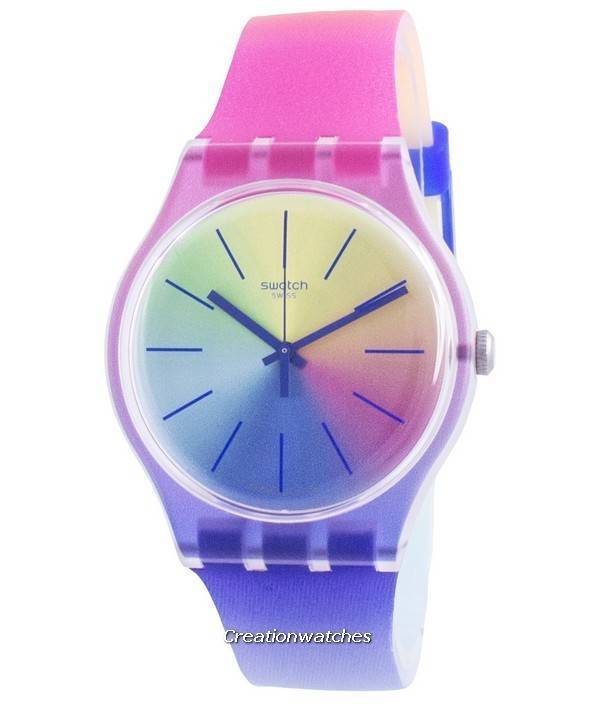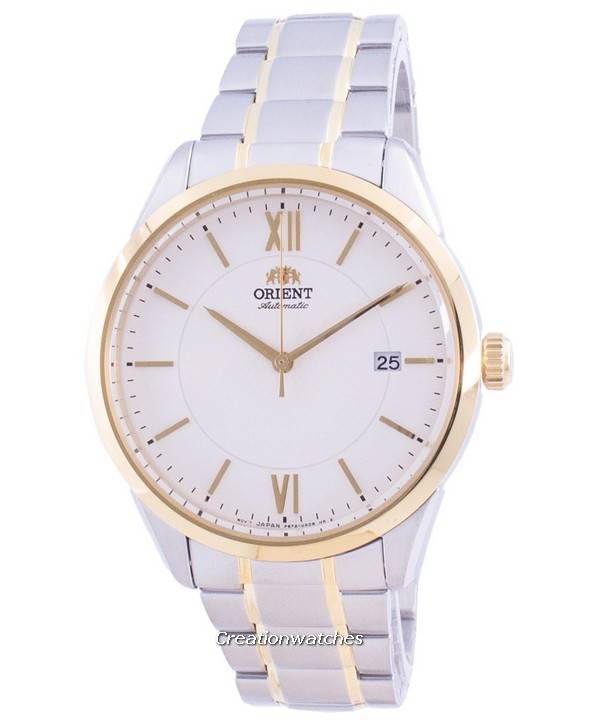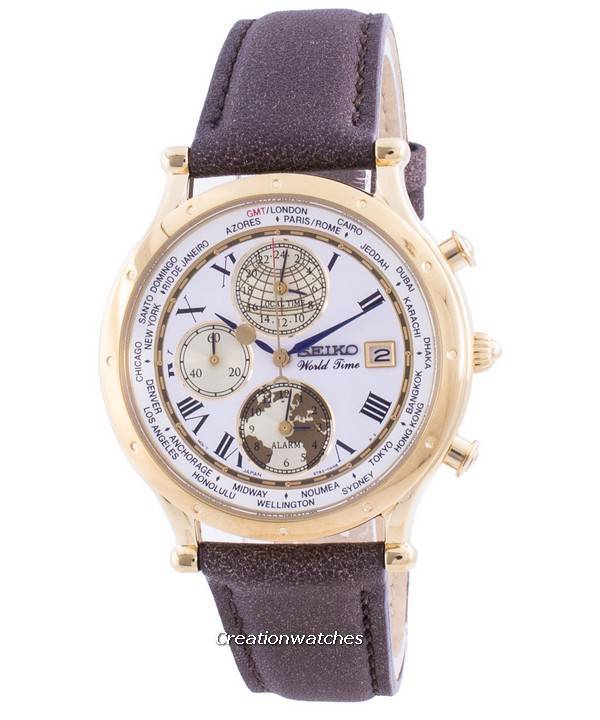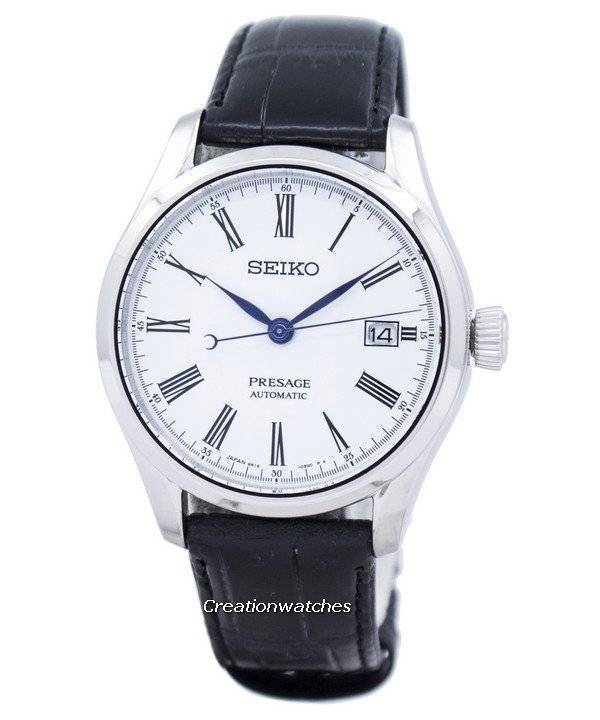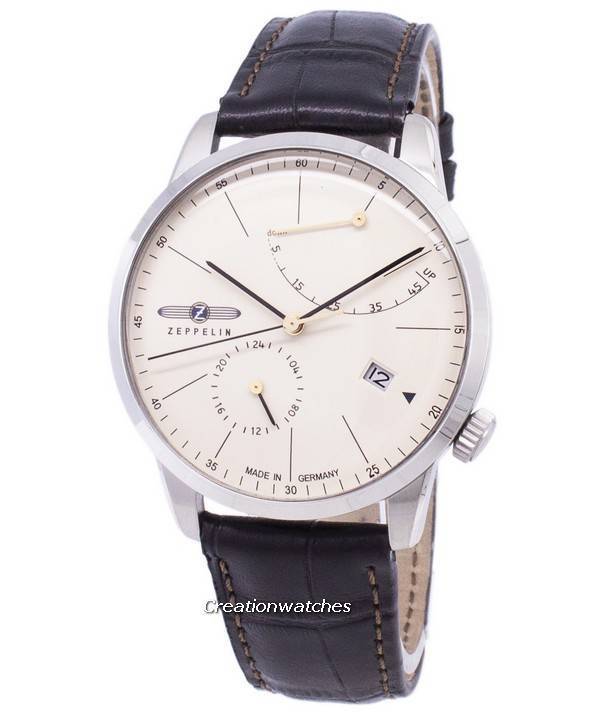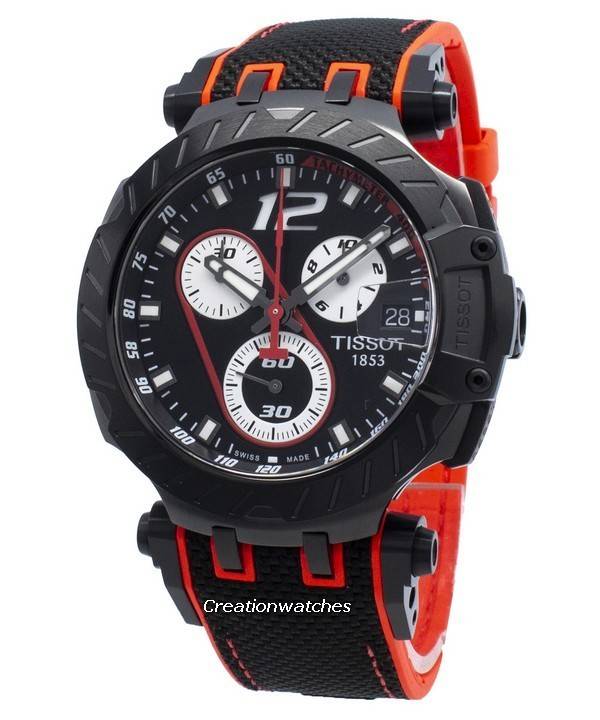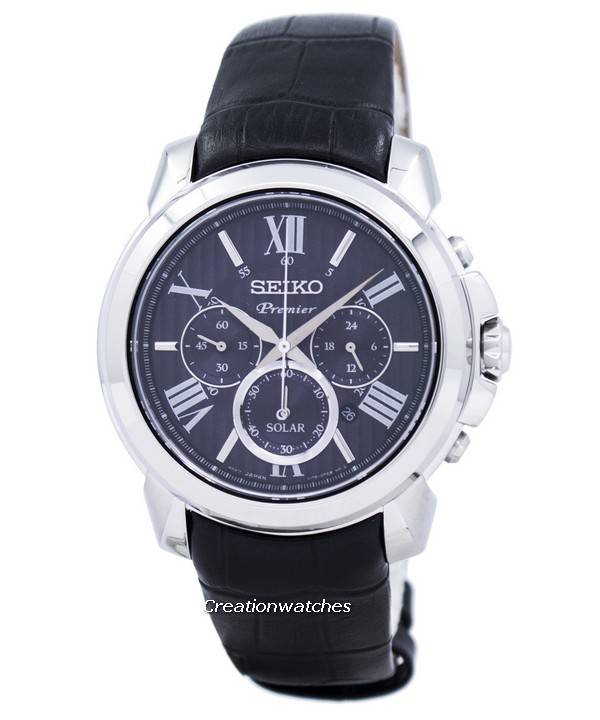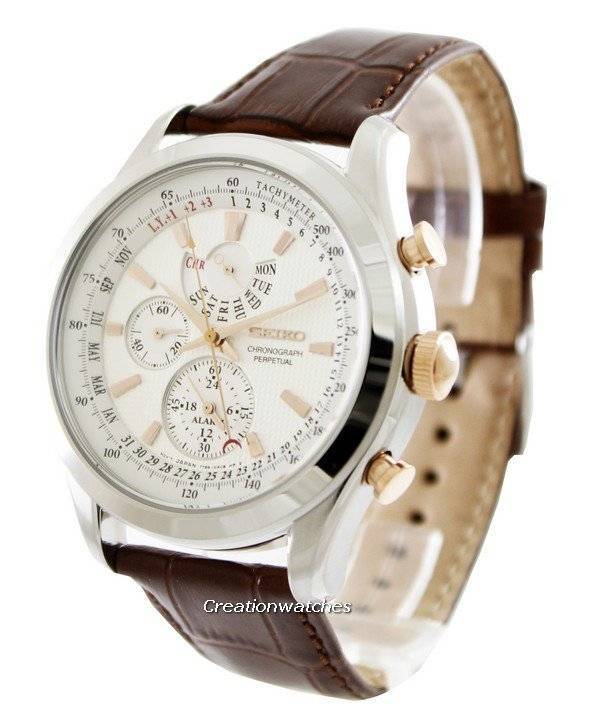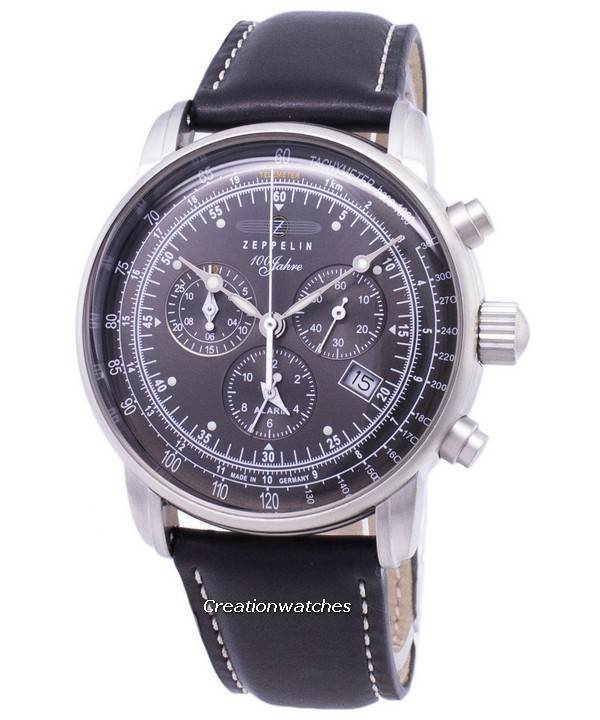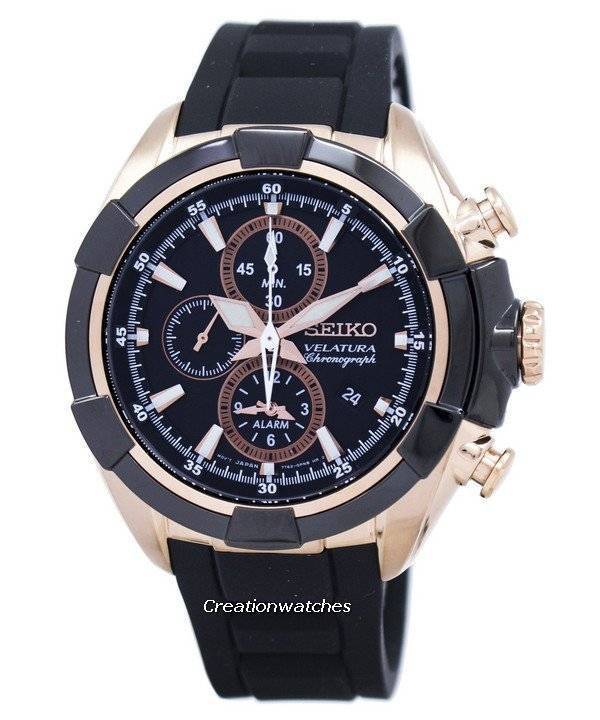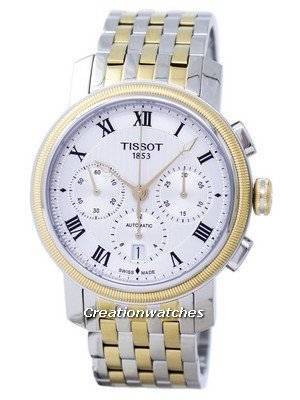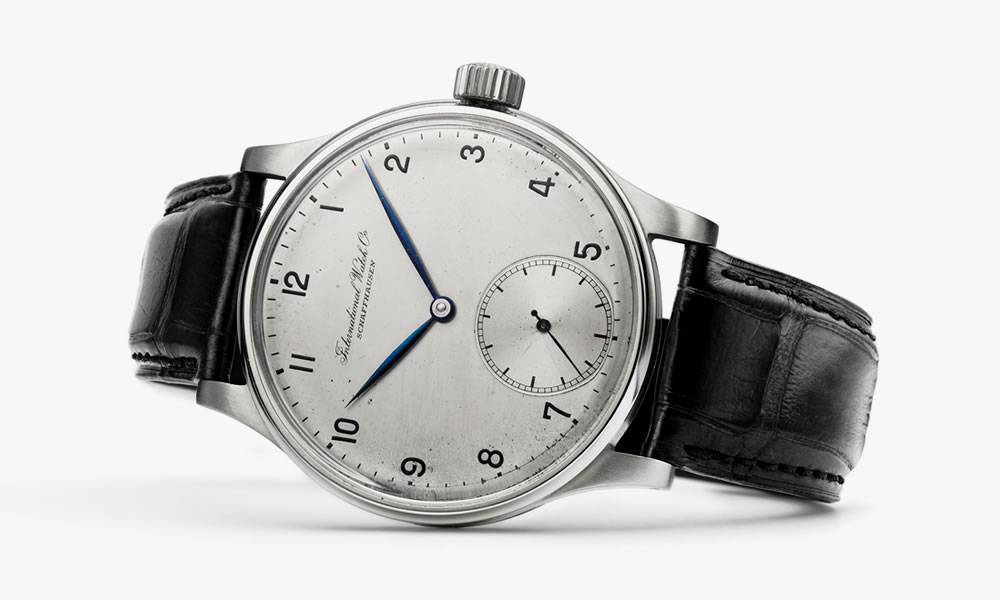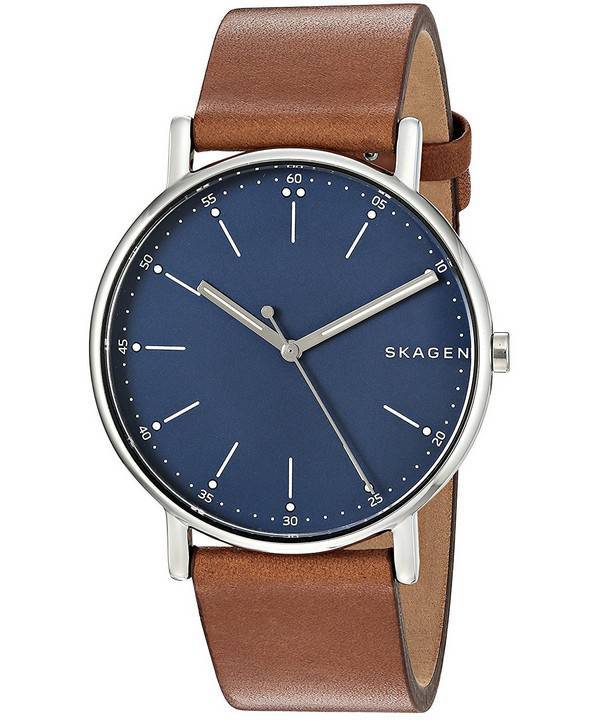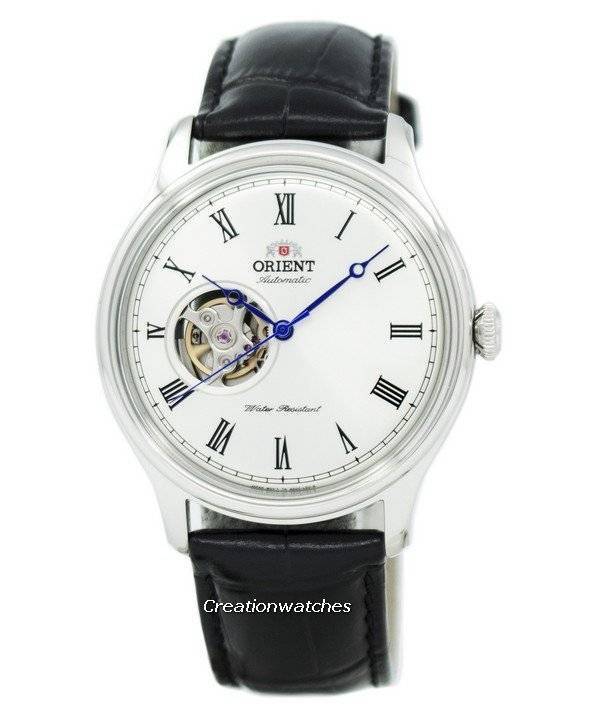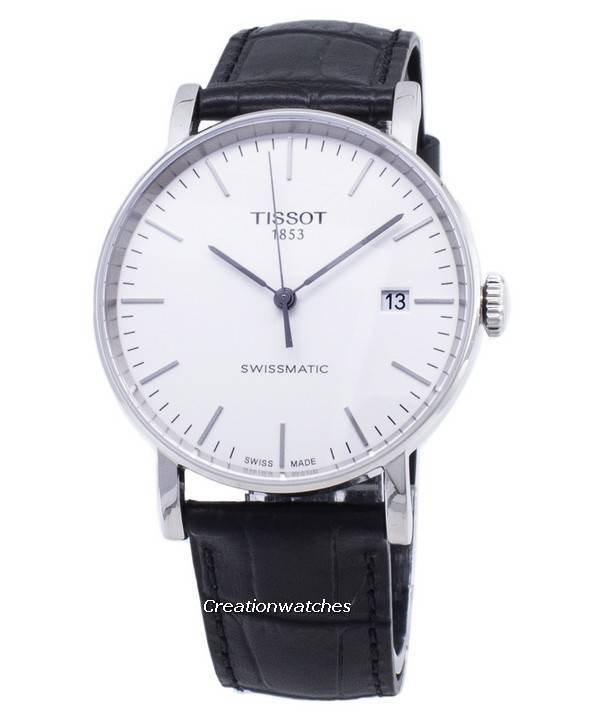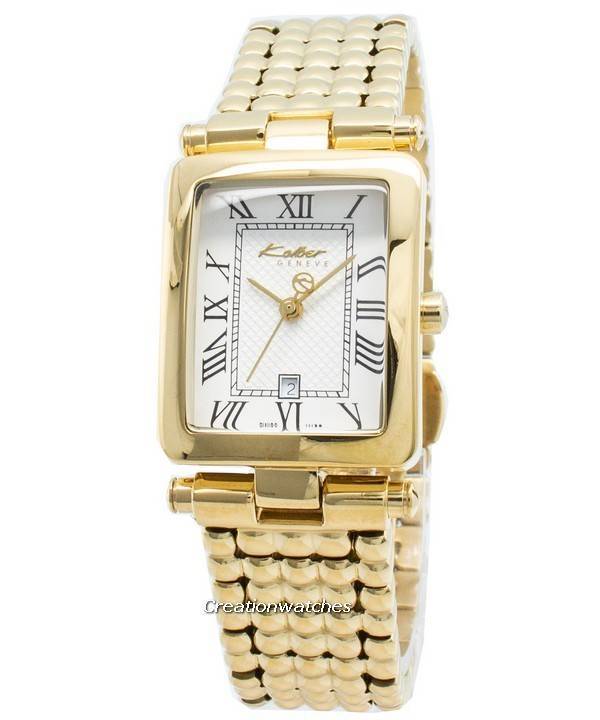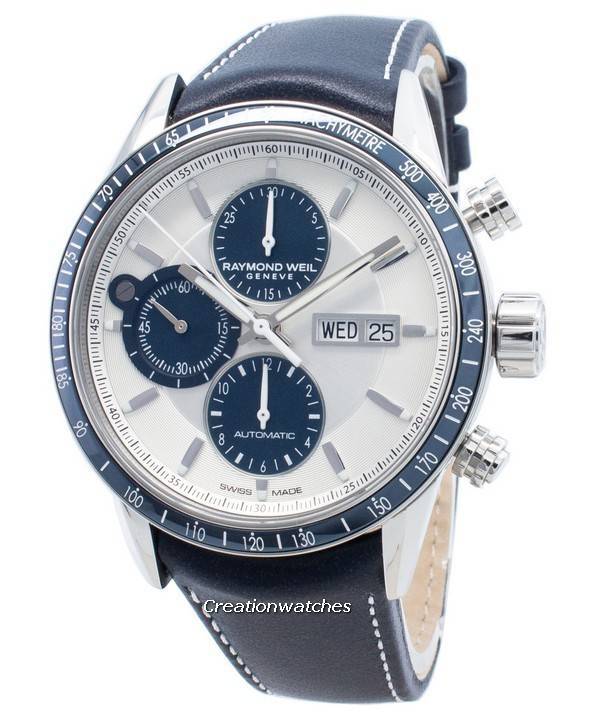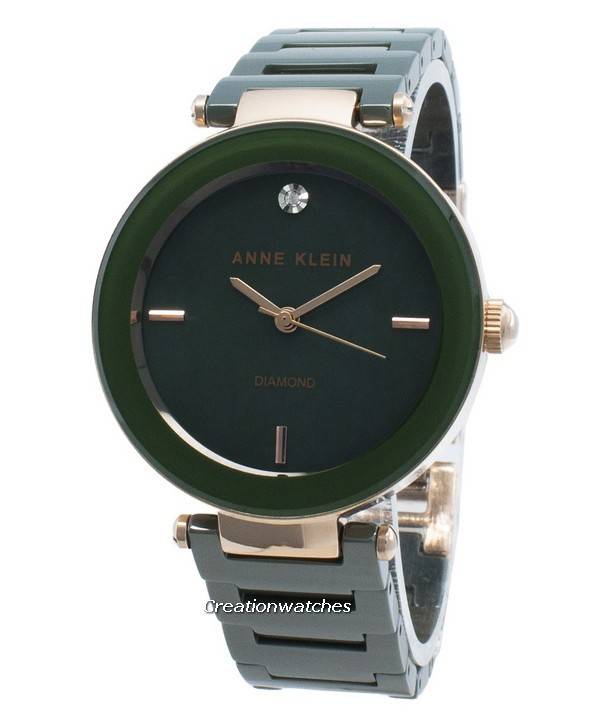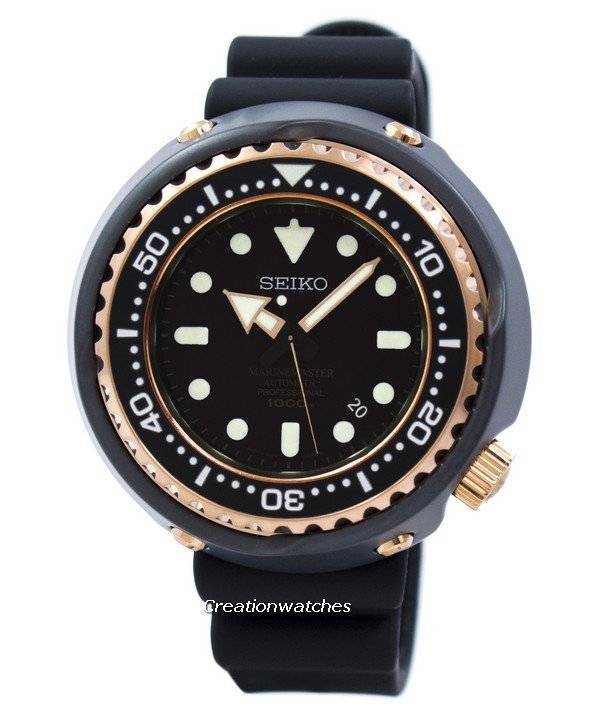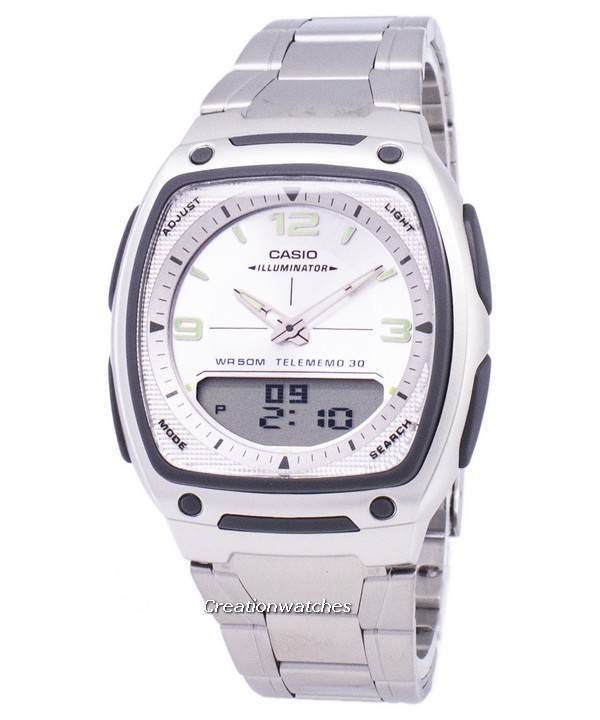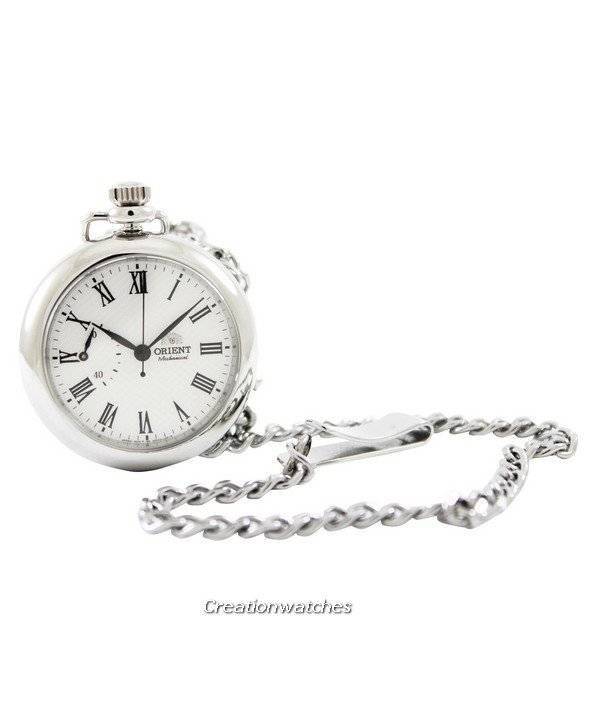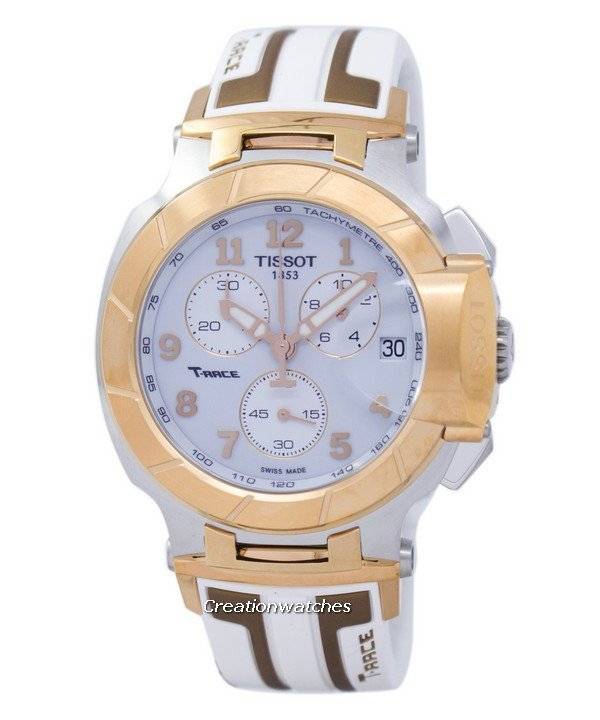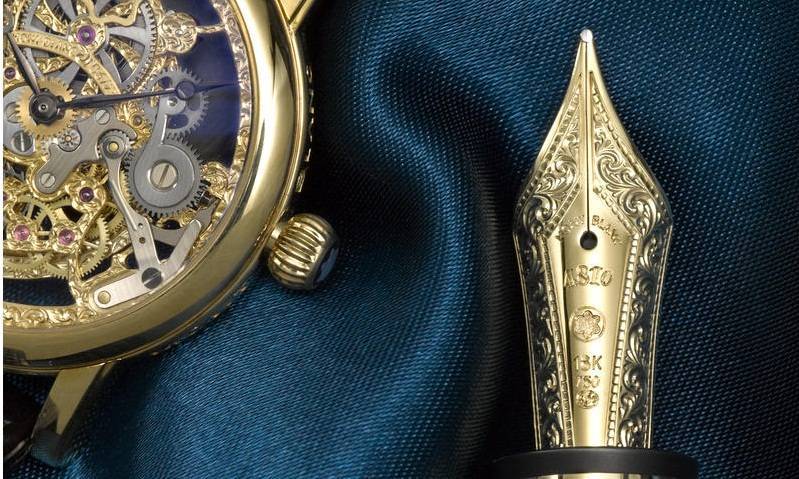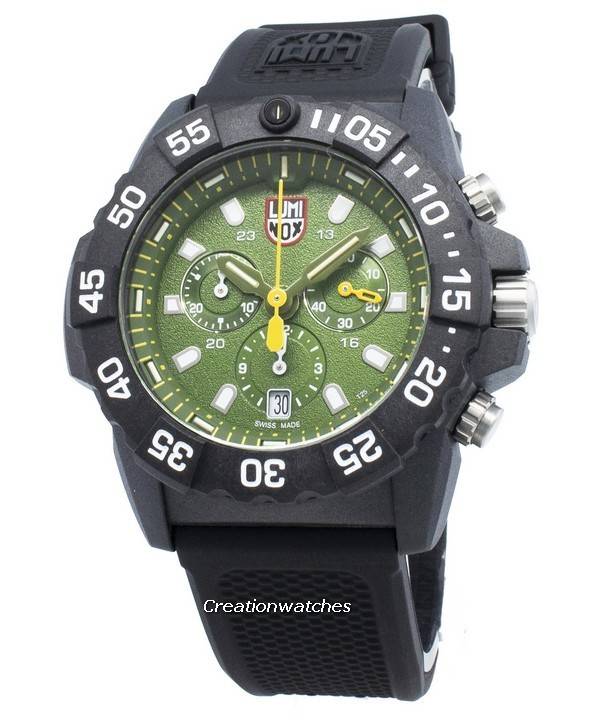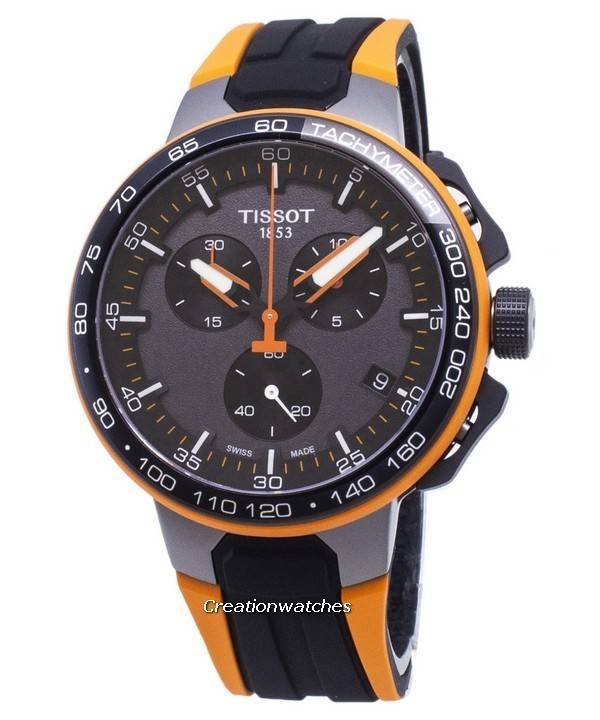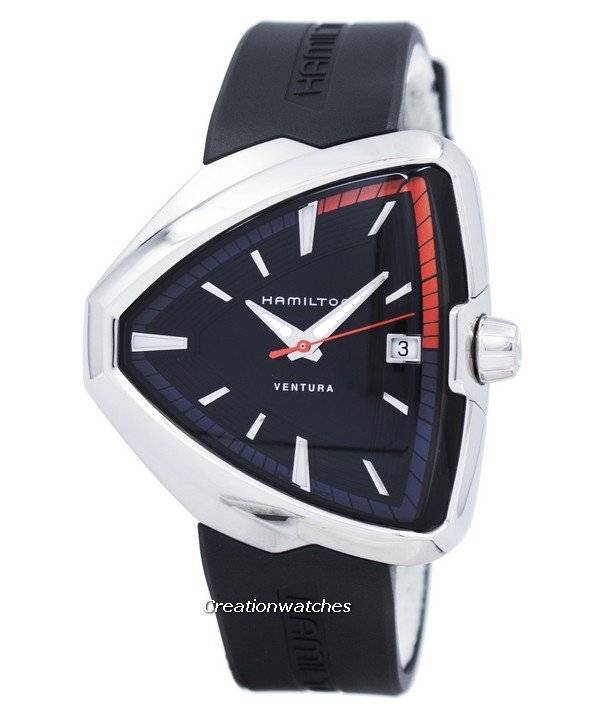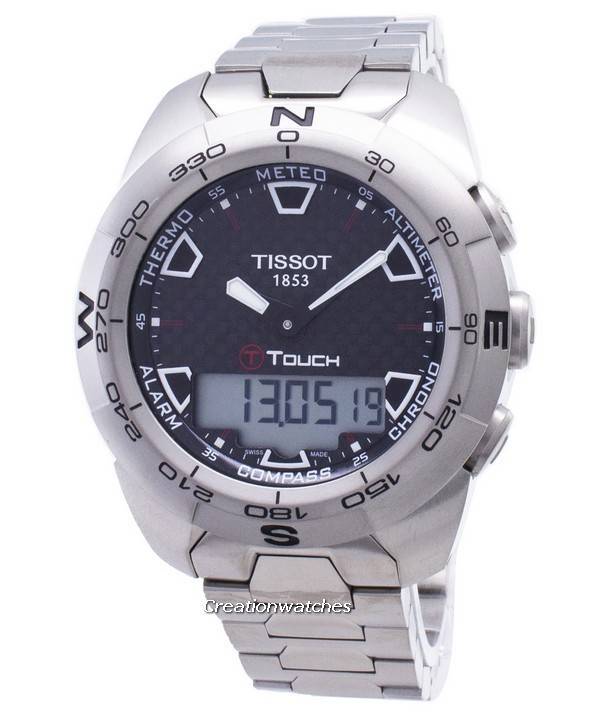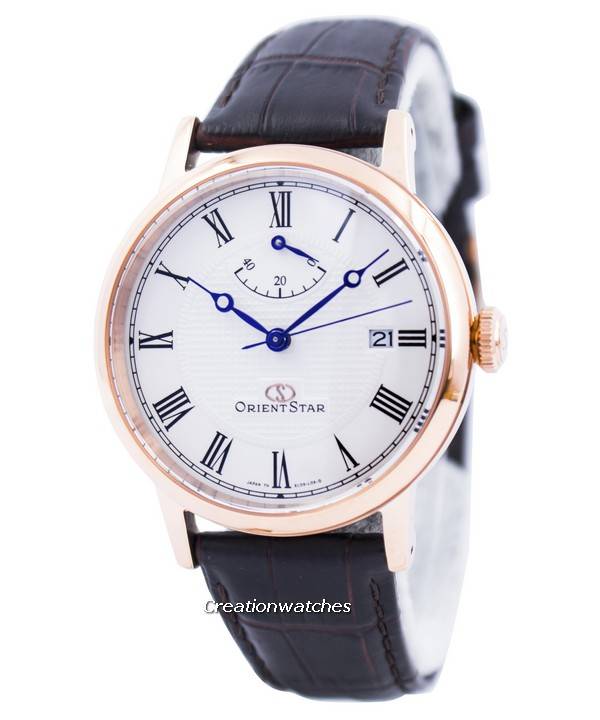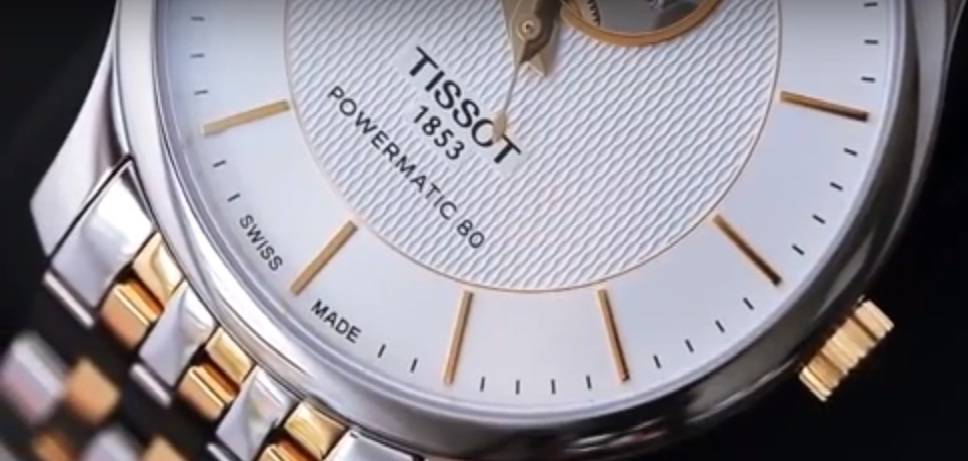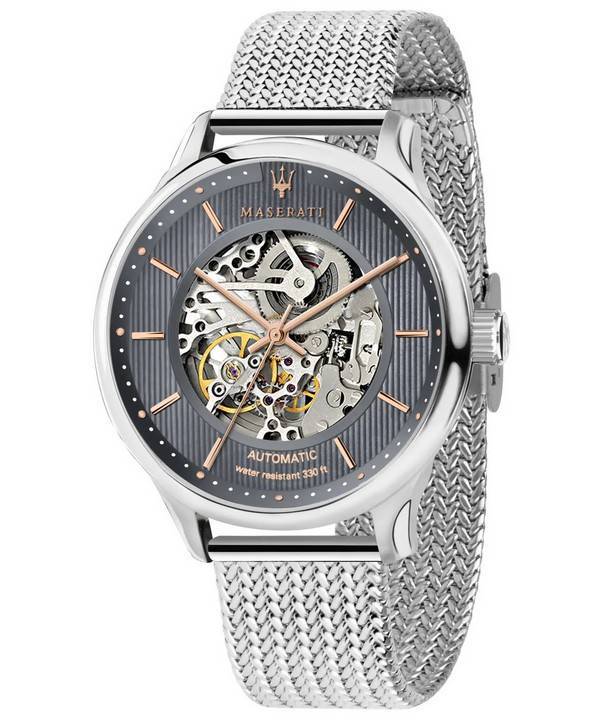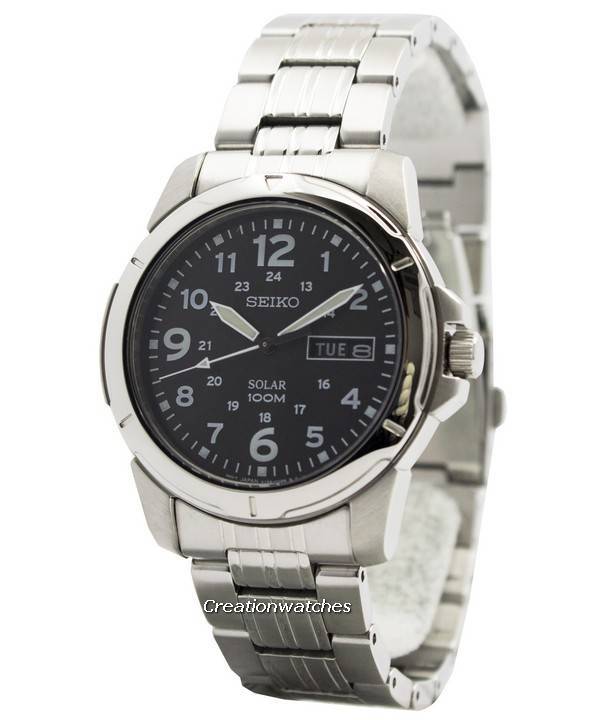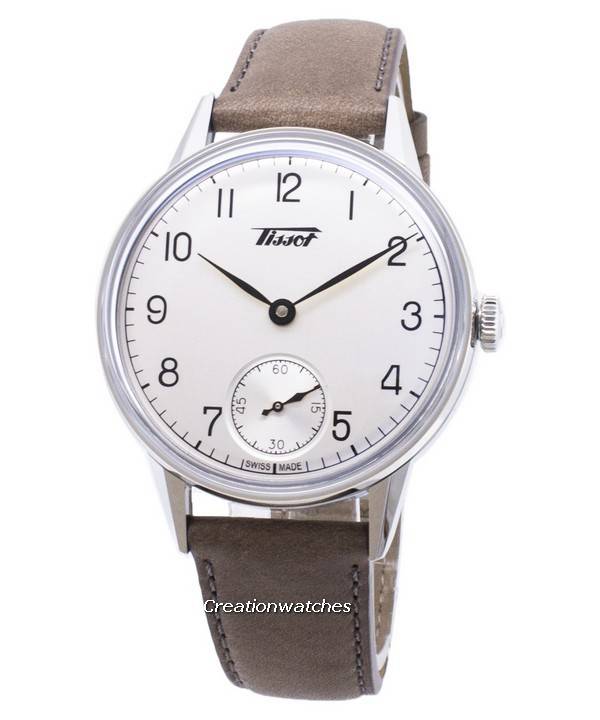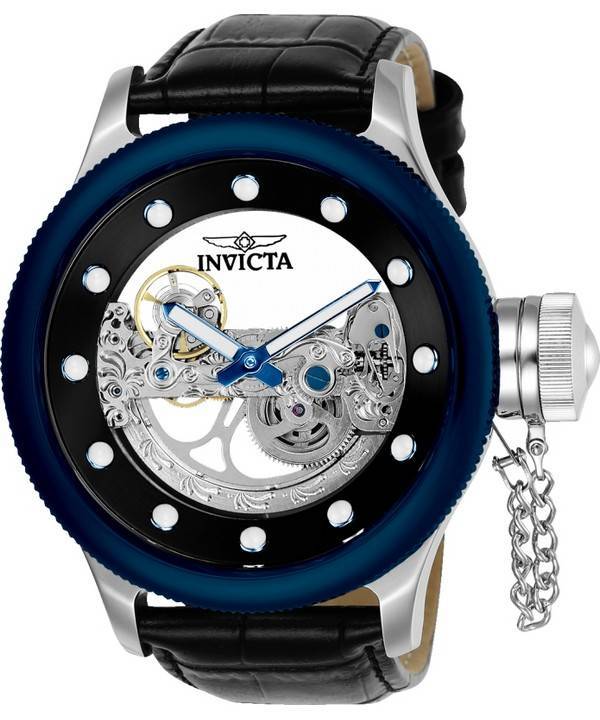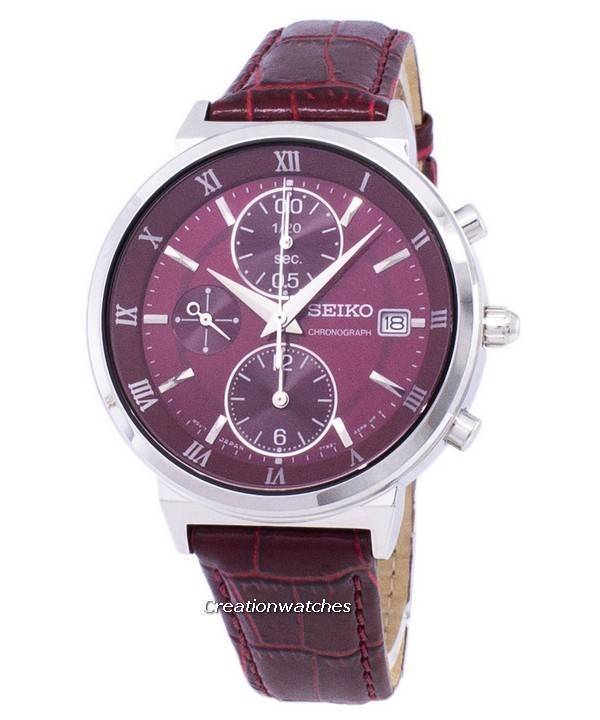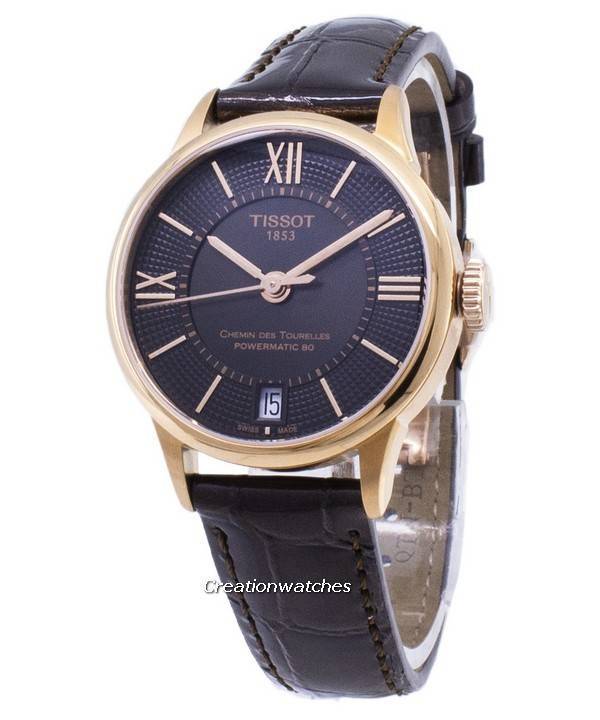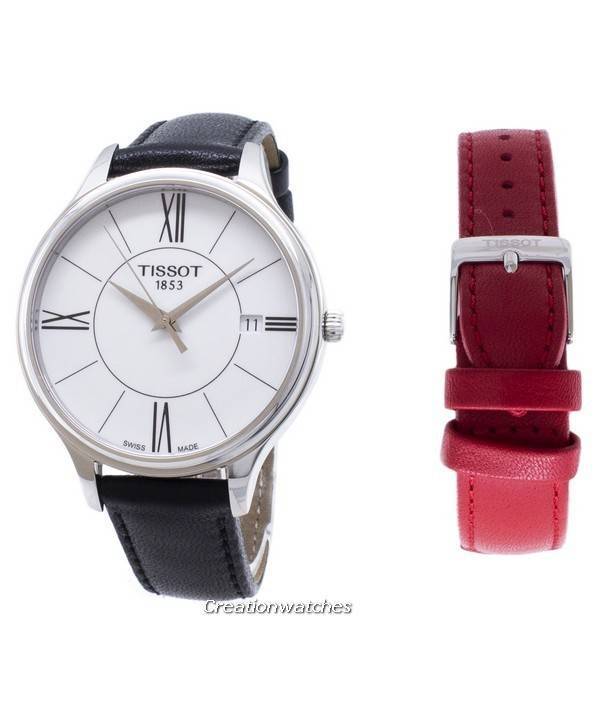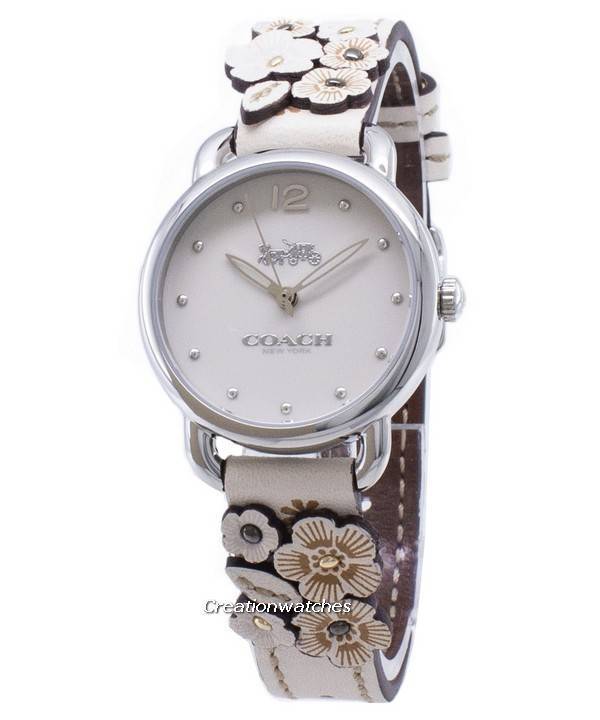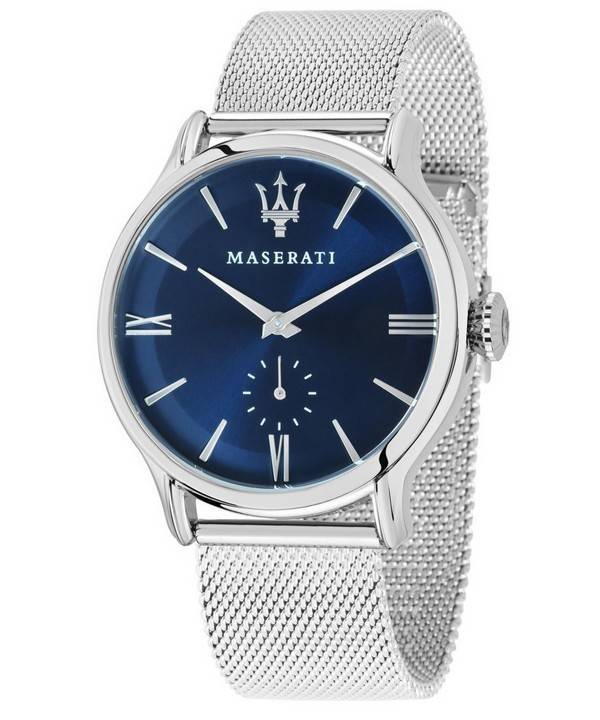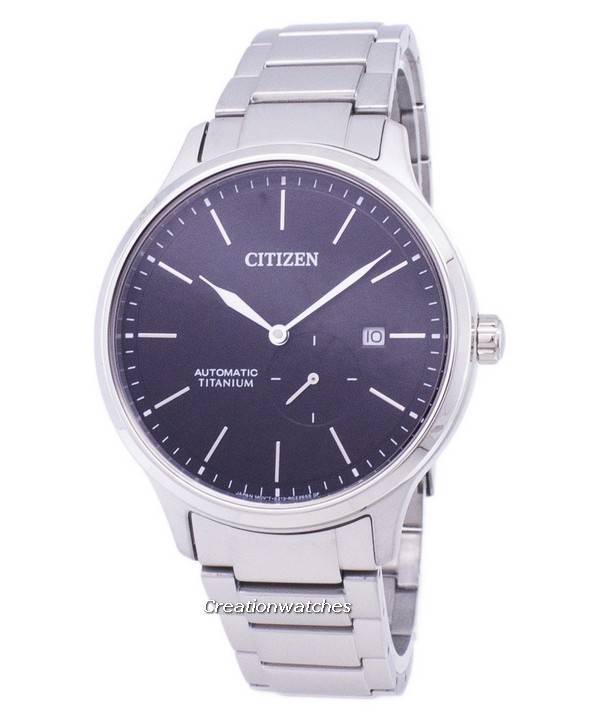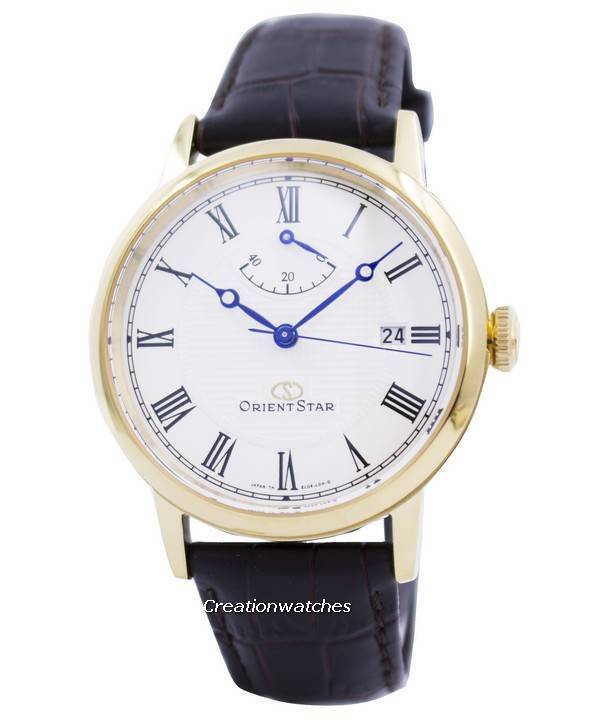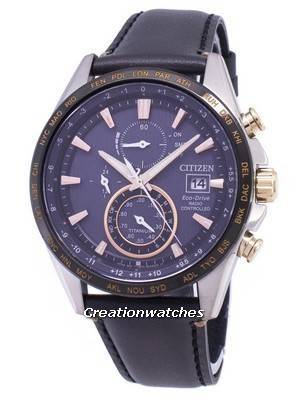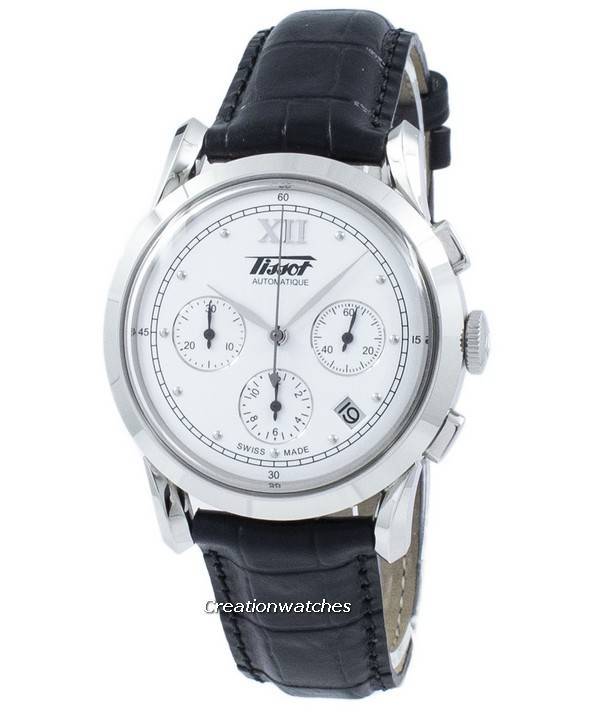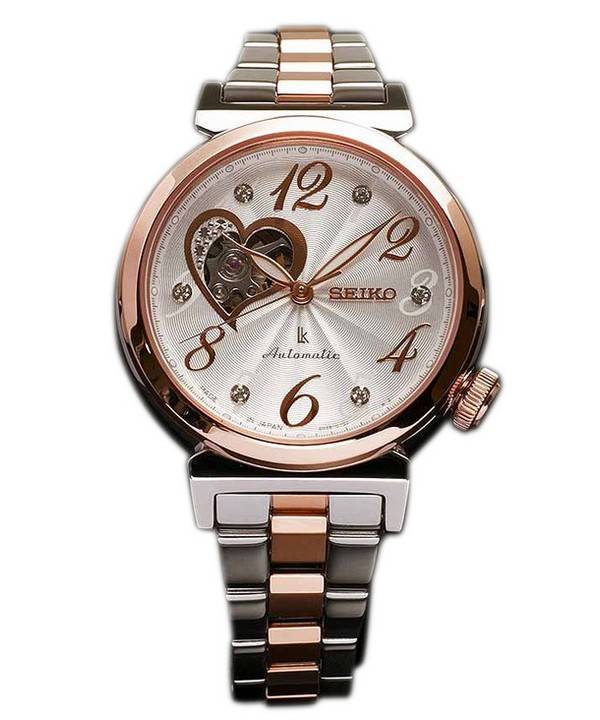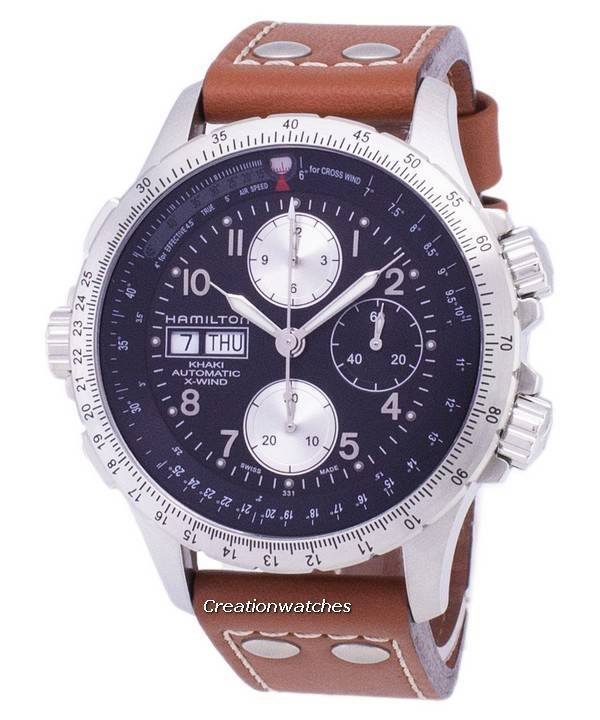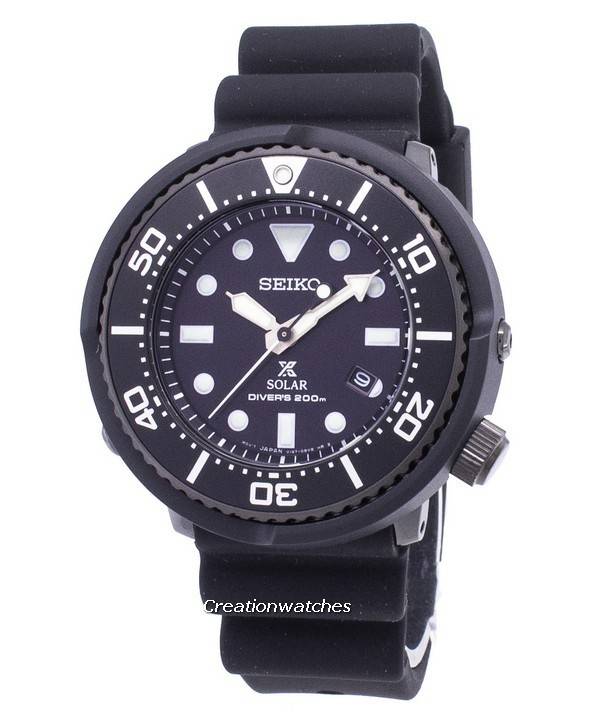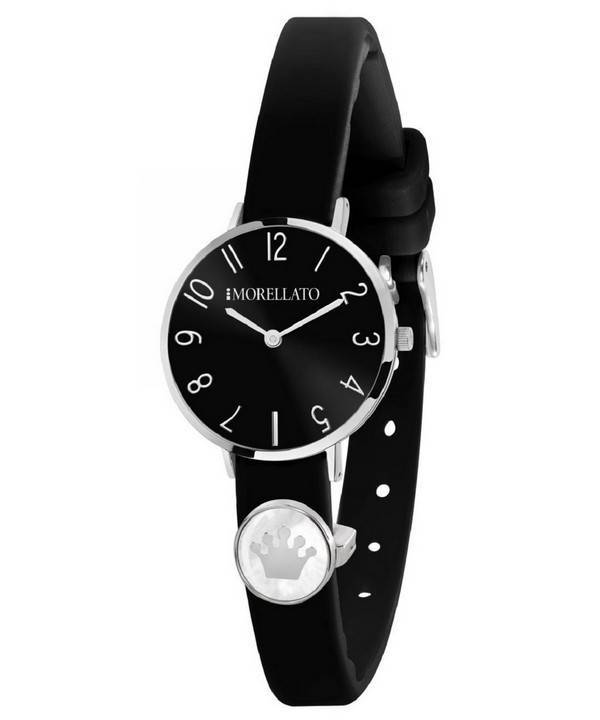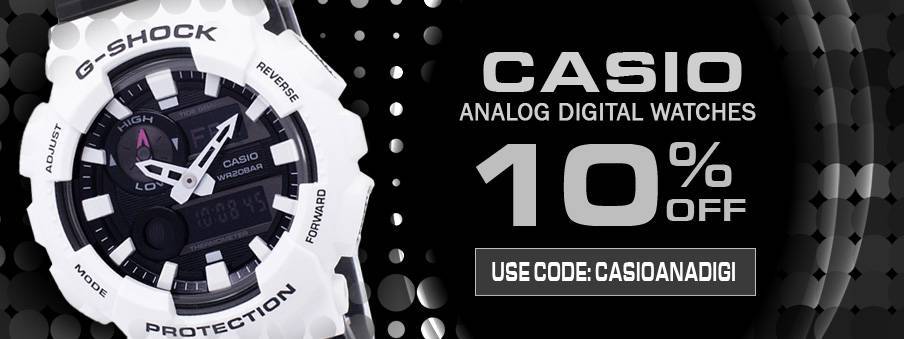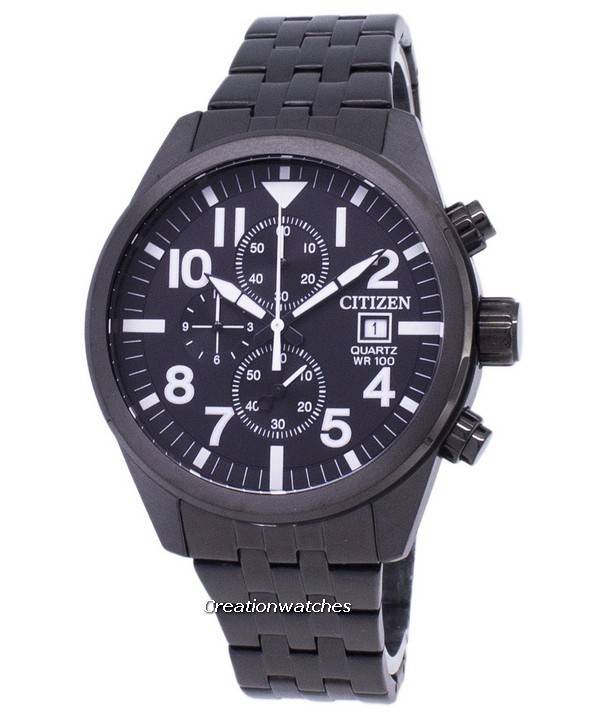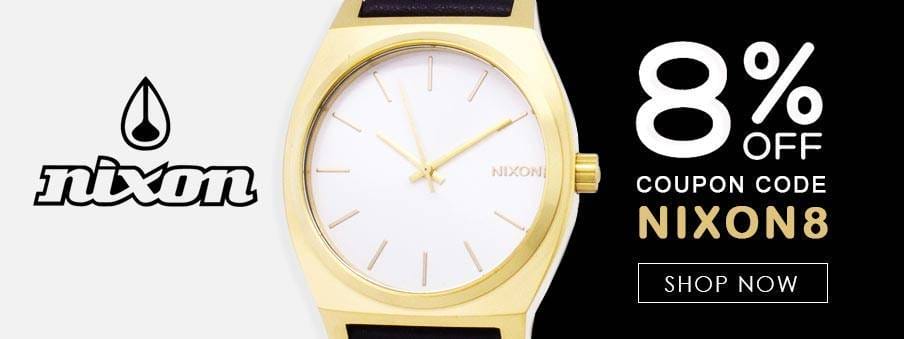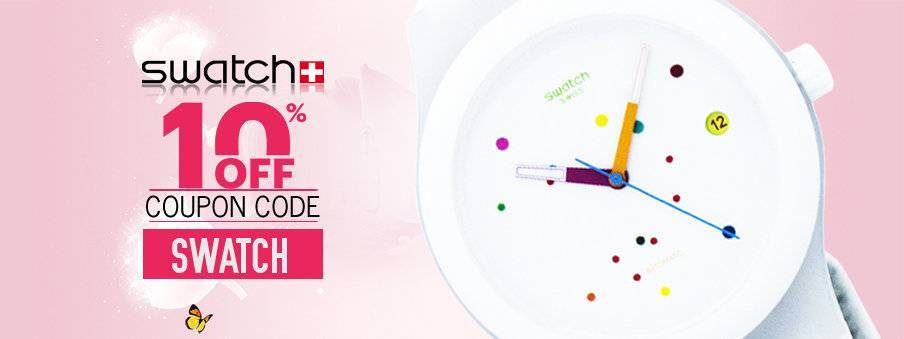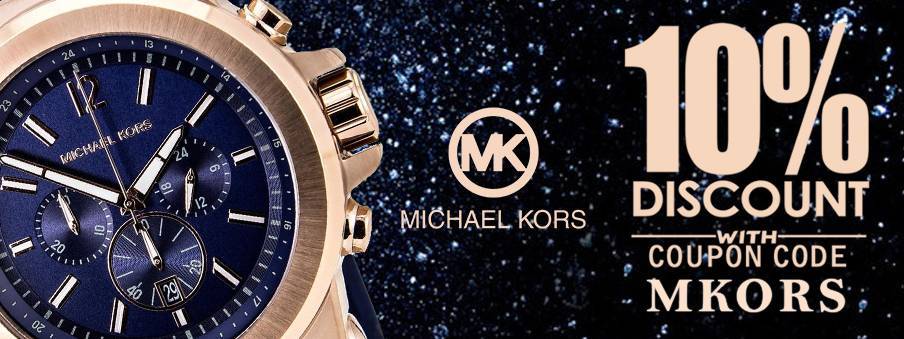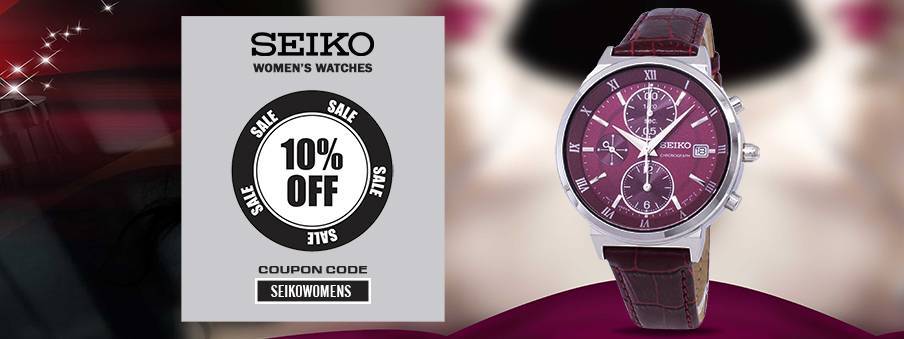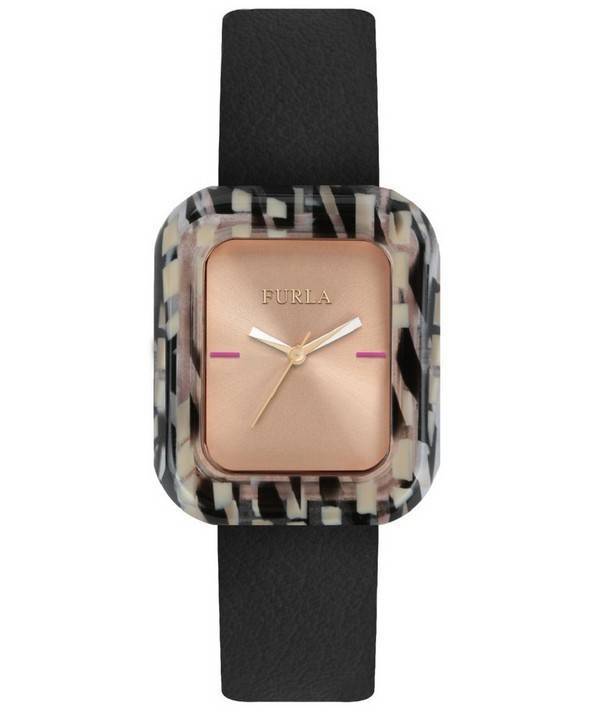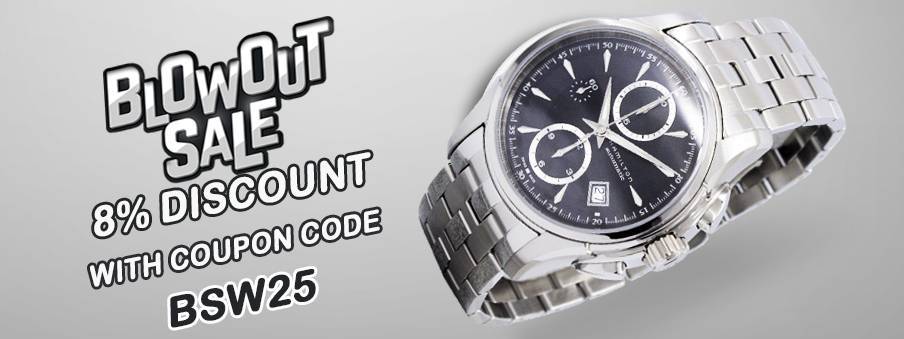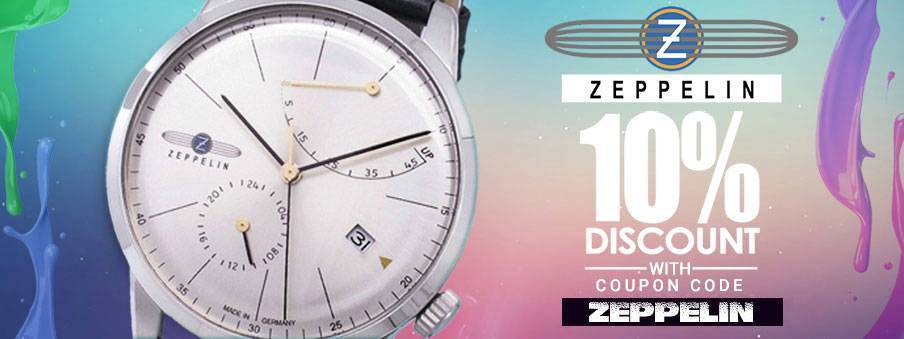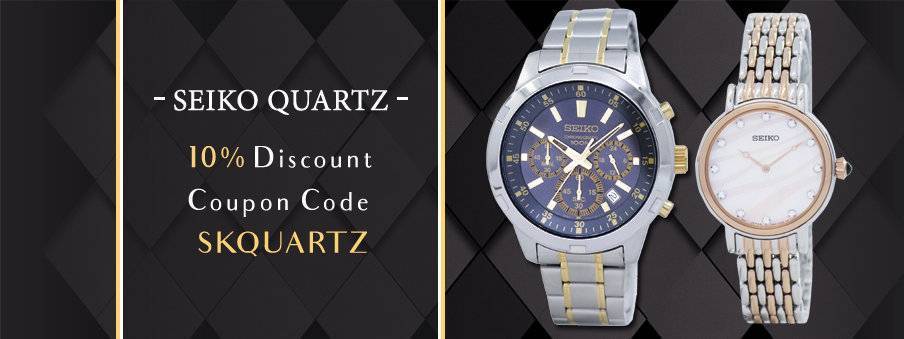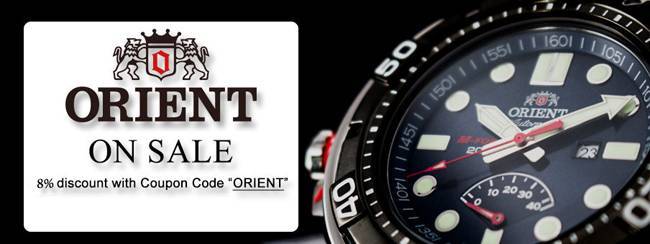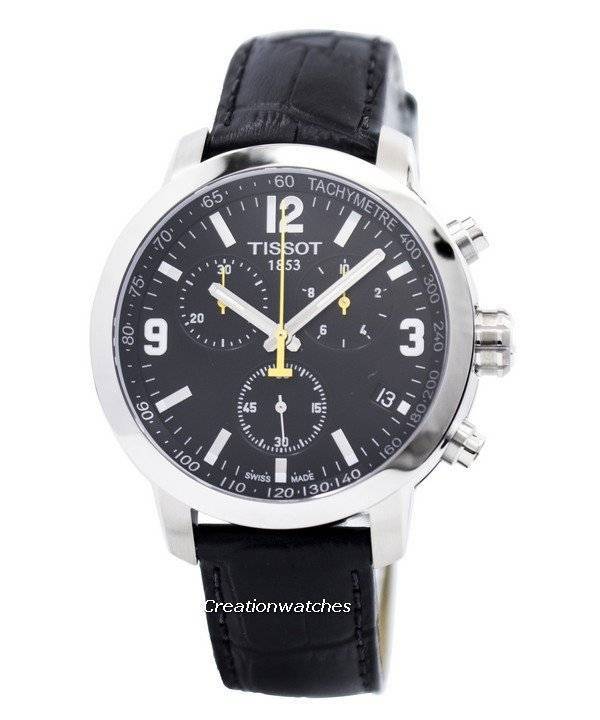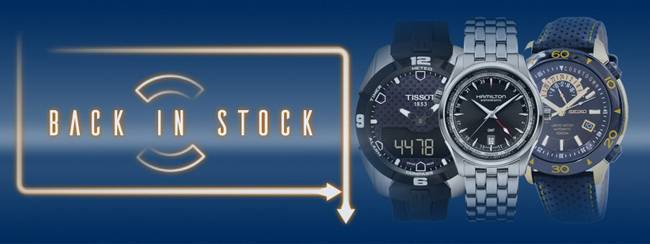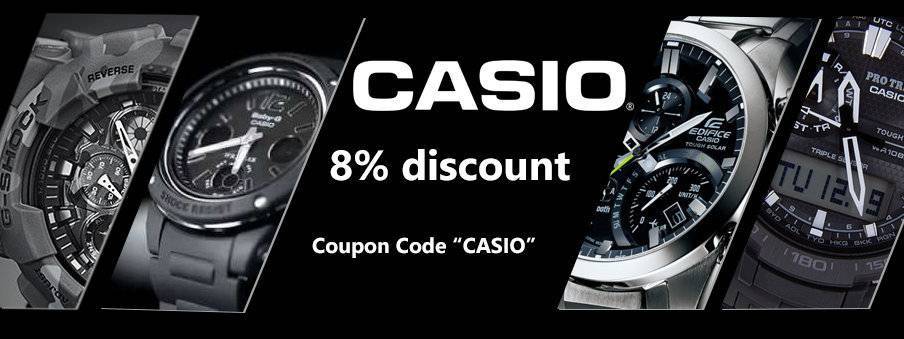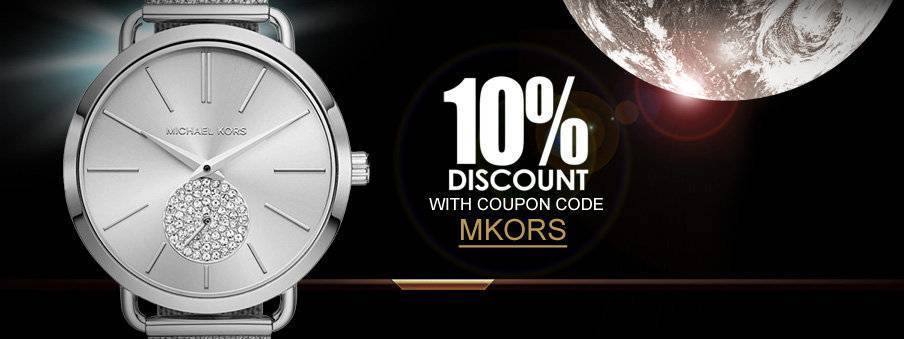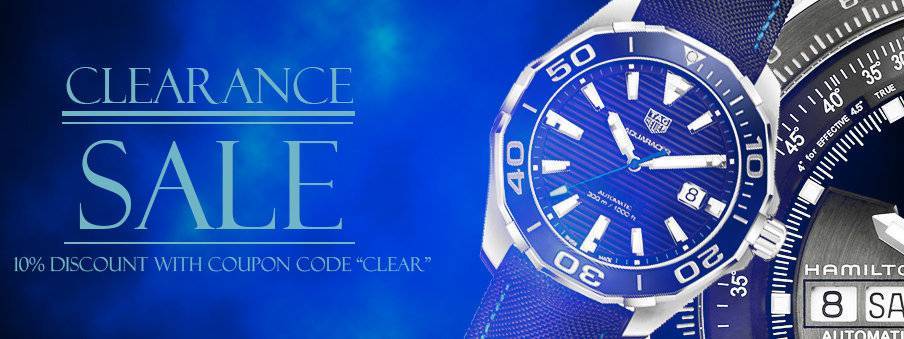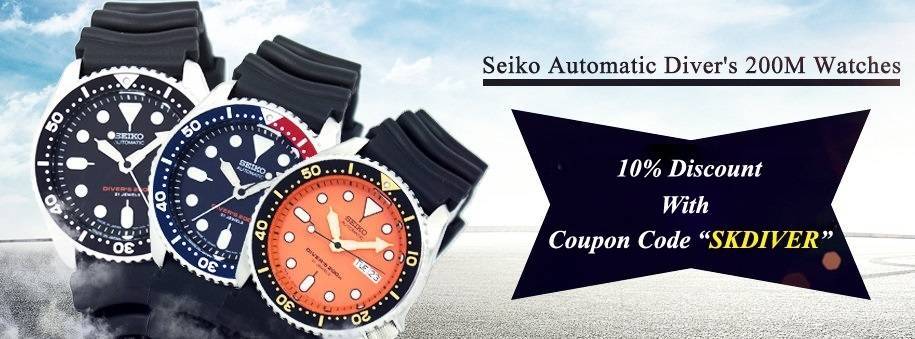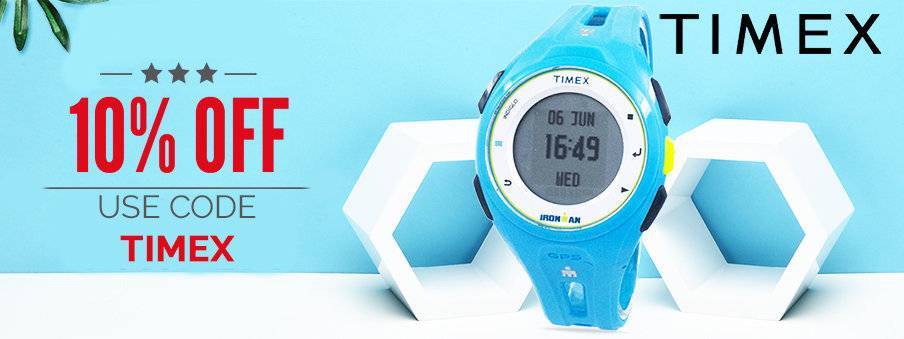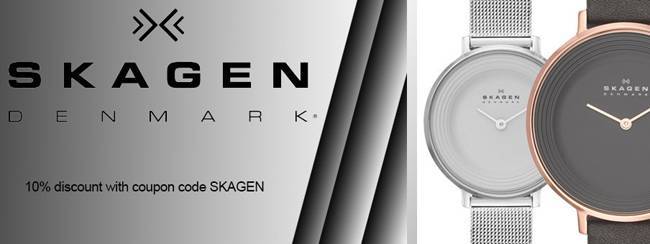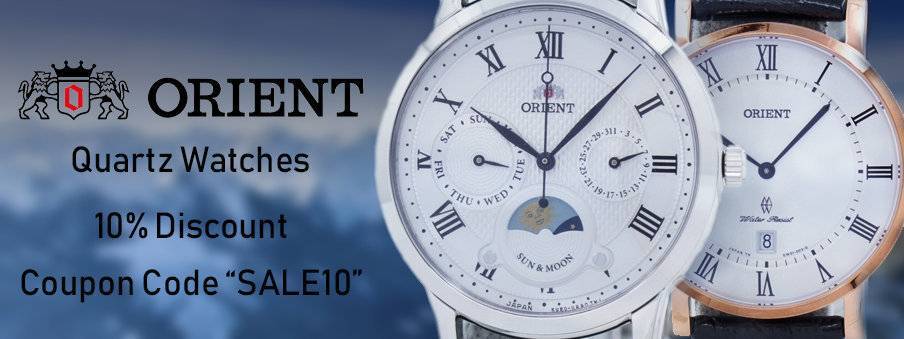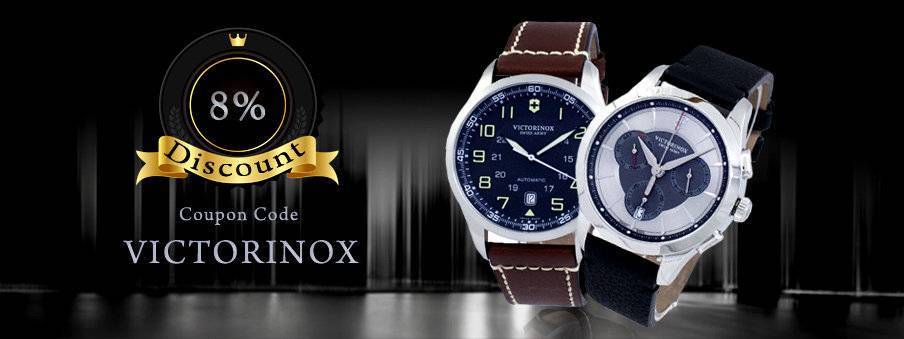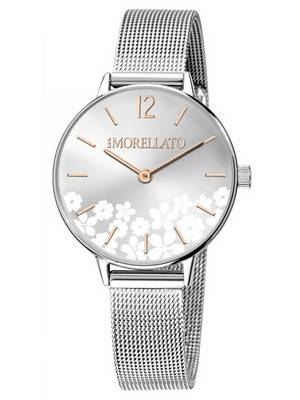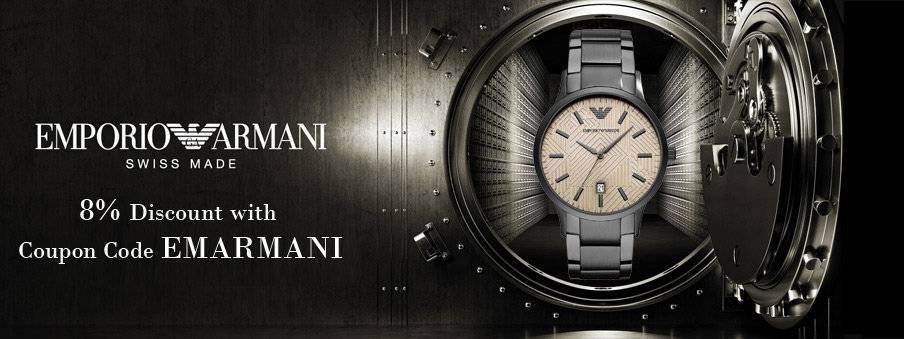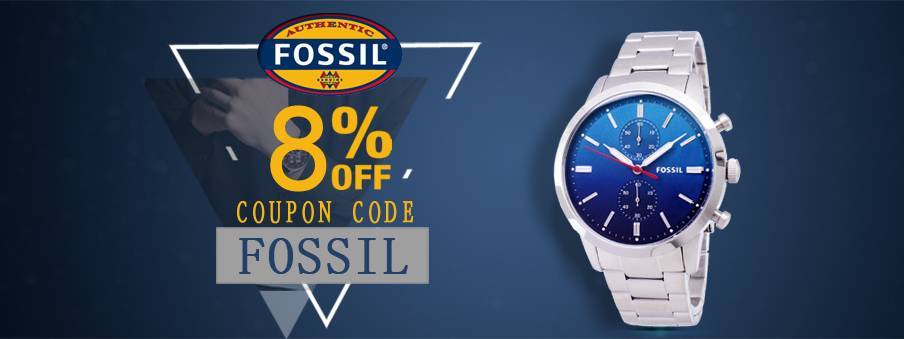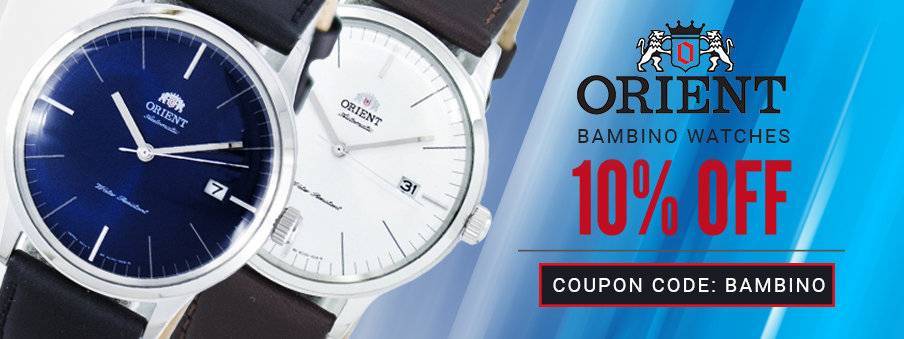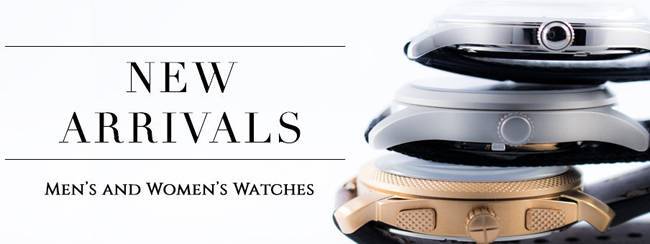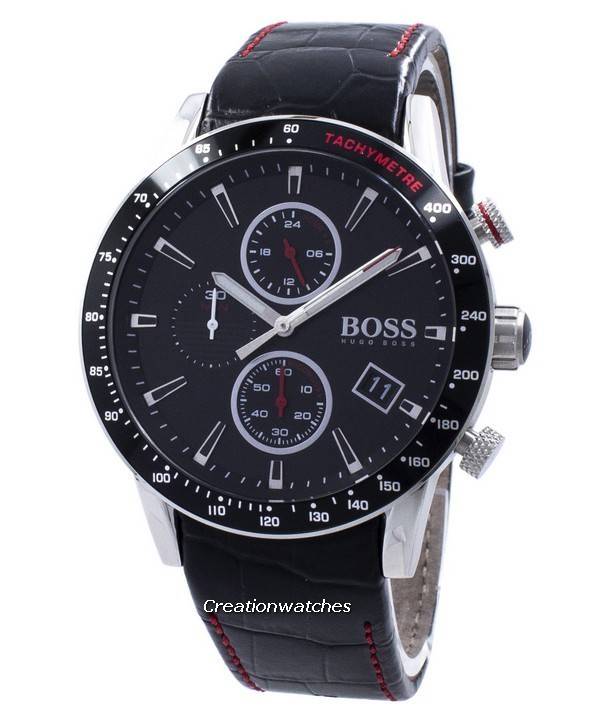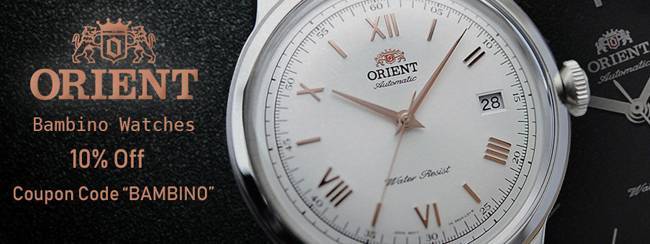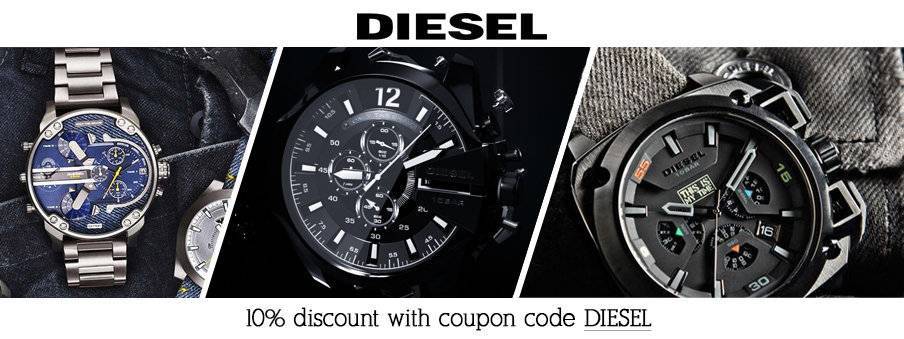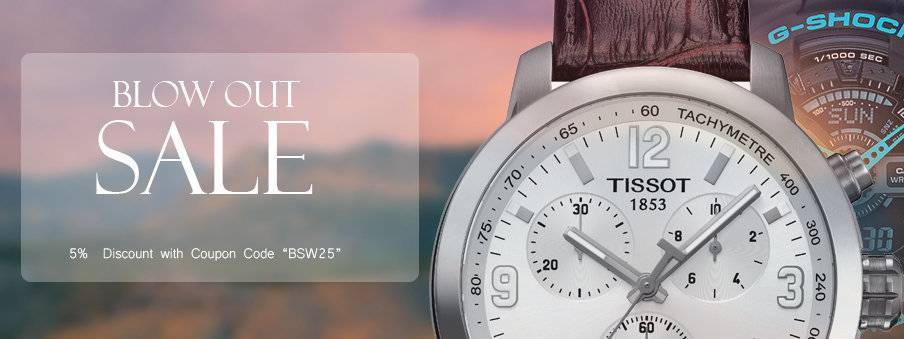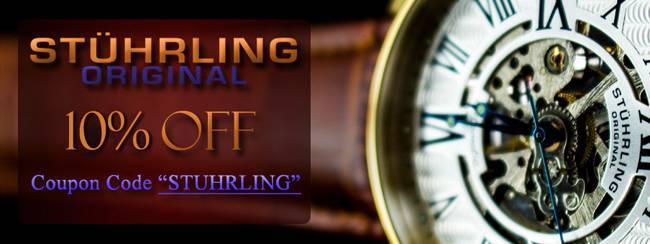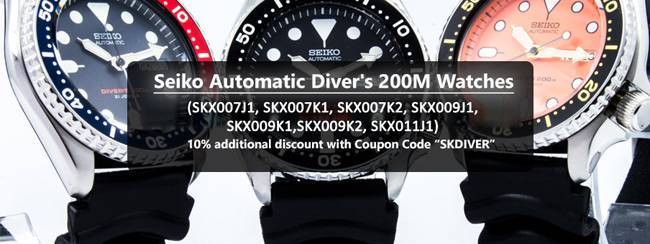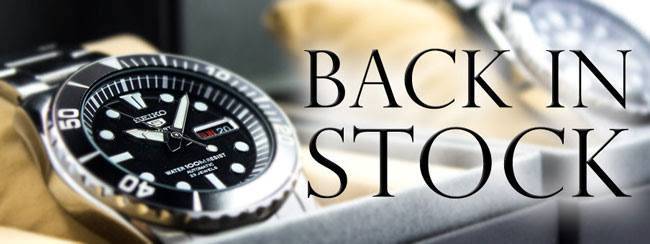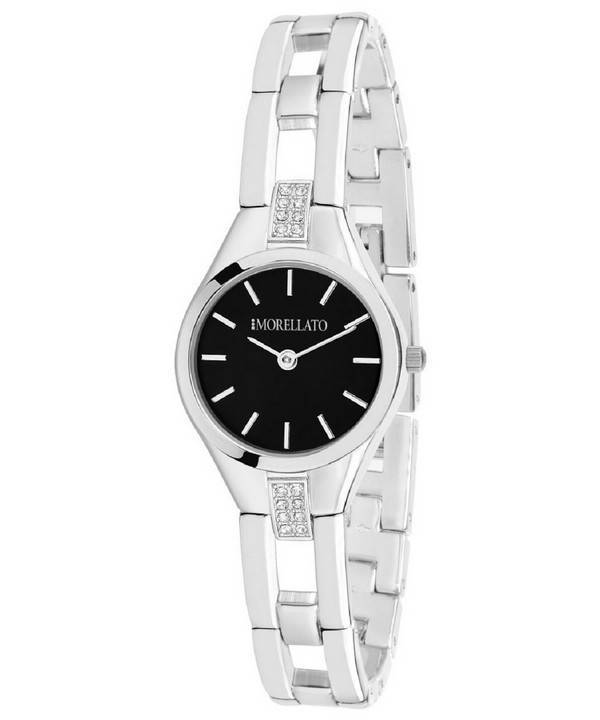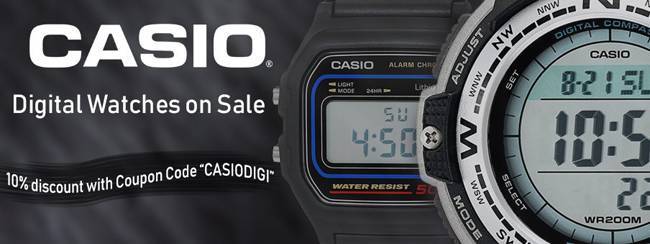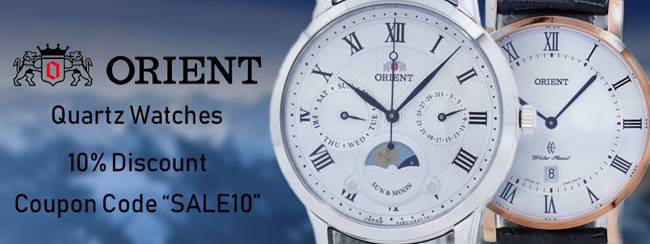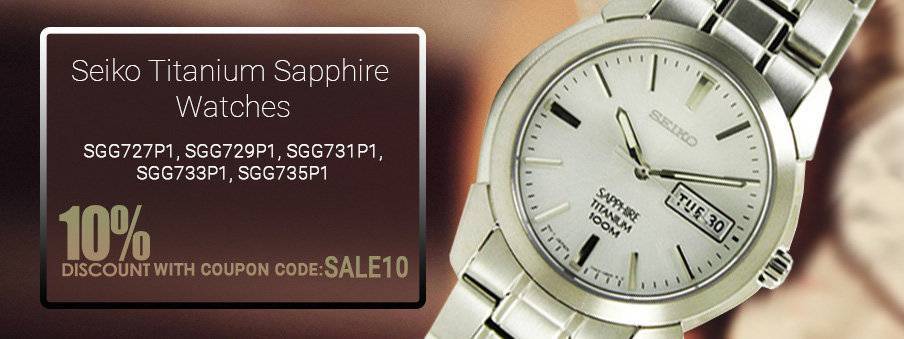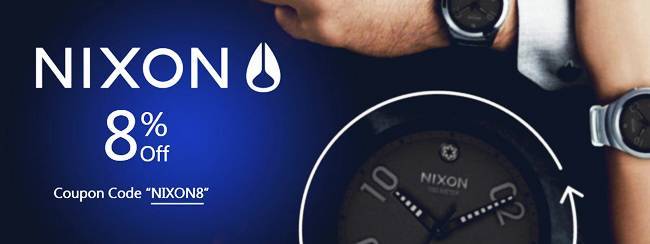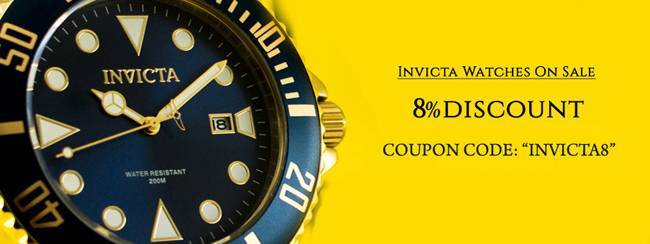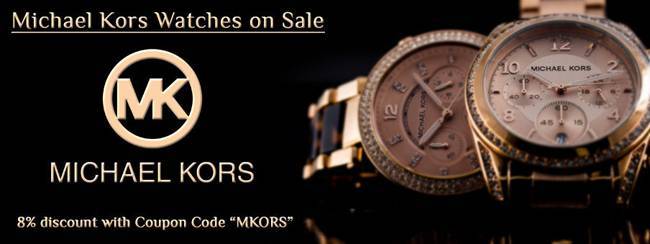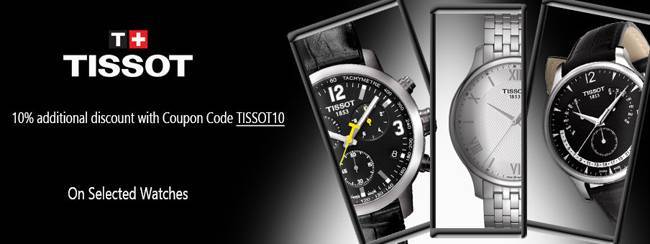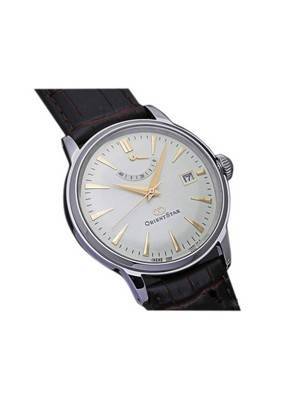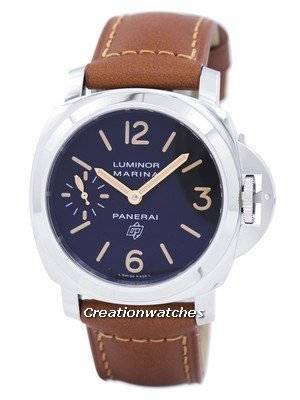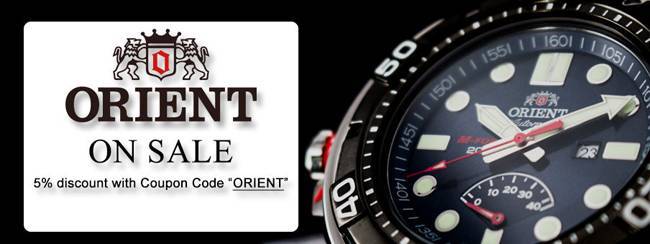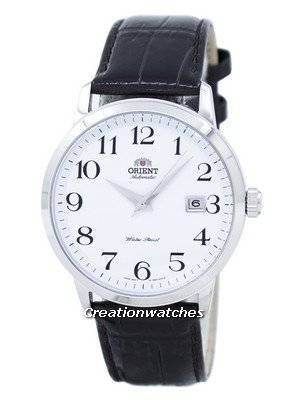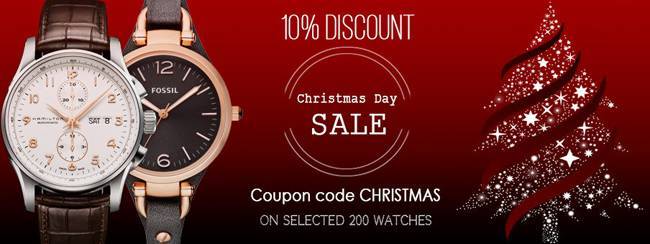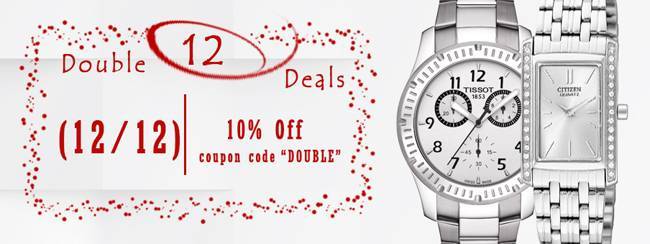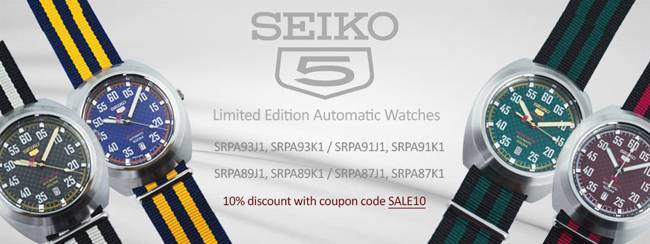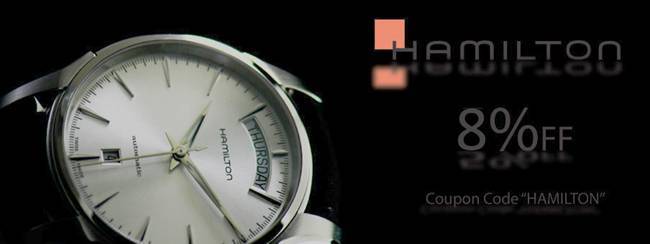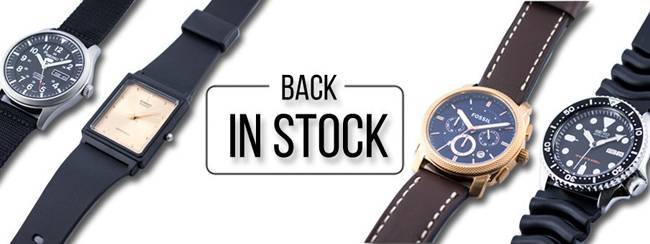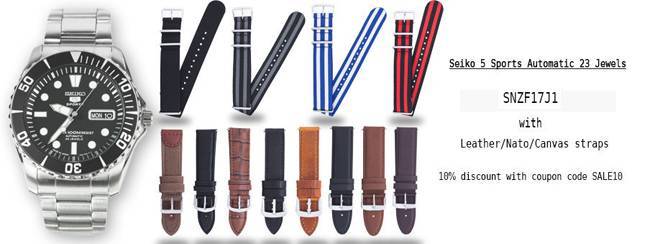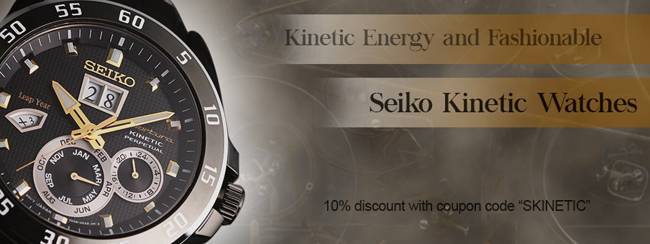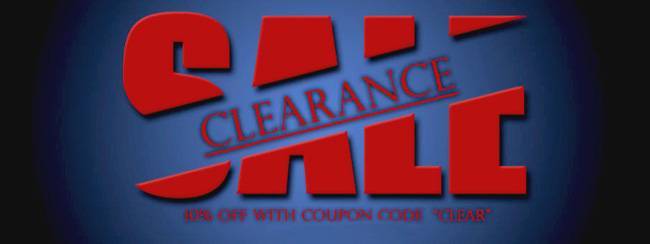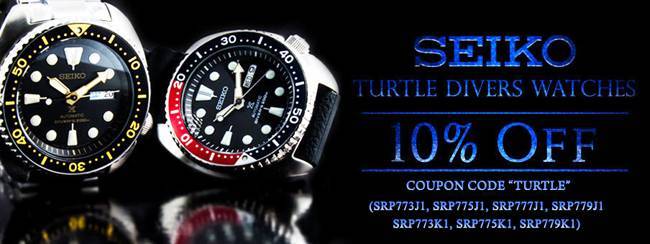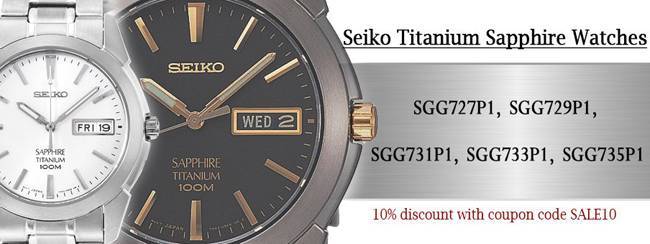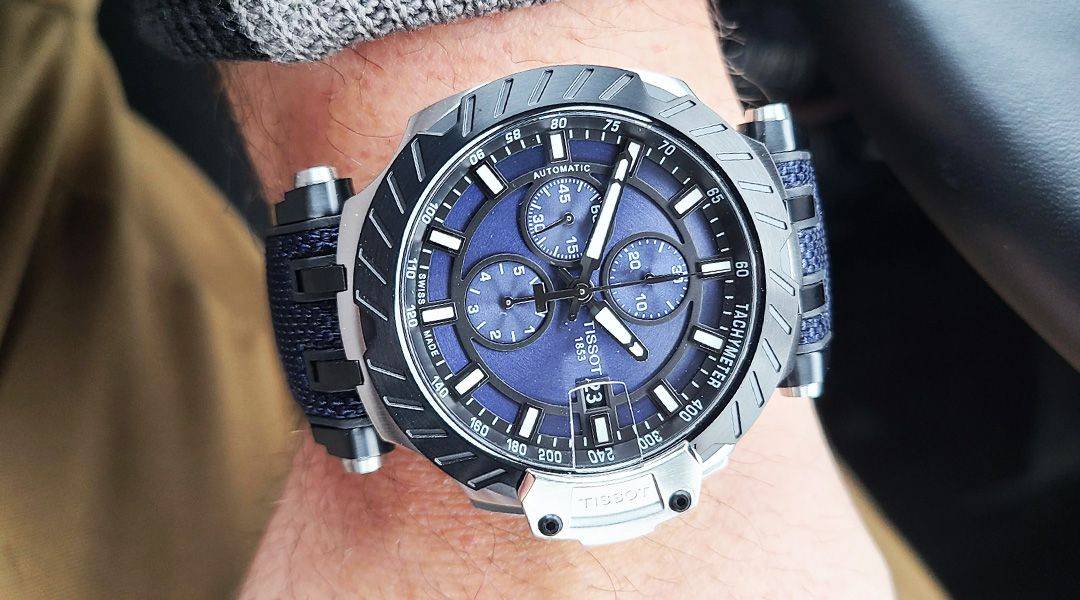
- August 30, 2023
- Watch Gonzo
- 0
The luxury watch market has always been a highly competitive industry, with brands constantly striving to innovate and captivate consumers with their timepieces. In recent years, one brand that has been making waves in this realm is Tissot with their automatic watches. These Swiss-made timepieces have gained significant popularity among watch enthusiasts and collectors, carving out a niche for themselves in the luxury watch market.
With a rich heritage dating back to 1853, Tissot has consistently pushed the boundaries of horological innovation while staying true to their commitment to providing accessible luxury. This combination of quality and affordability has allowed them to stand out in an industry dominated by established luxury brands. Their automatic watches not only exude elegance but also boast intricate mechanical movements that appeal to watch enthusiasts who appreciate the artistry behind each tick.
Furthermore, Tissot’s ability to adapt to changing consumer preferences and embrace technological advancements has played a crucial role in their success. By incorporating innovative features like chronographs, power reserves, and even smartwatch capabilities into their automatic watches, Tissot has managed to capture the attention of a wider audience while still maintaining their reputation for producing high-quality timepieces.
UNDERSTANDING THE MECHANICS: HOW DO TISSOT AUTOMATIC WATCHES WORK?
Tissot Automatic Watches are like finely tuned engines. The magic happens inside, where a special part called the rotor starts moving when you wear the watch and move your wrist. Think of it as the heartbeats of your watch. This rotor is like a little helper that winds up the watch’s internal spring, which stores energy like a coiled-up spring in a toy car. As this spring gets wound up, it powers all the tiny gears and levers inside the watch, making it tick.
The coolest part is that this little dance of gears and springs happens all by itself when you wear the watch regularly, so you don’t have to wind it manually. Even if you take a break from wearing it, a well-made Tissot Automatic Watch can keep running for a long time because it stores enough energy from your previous wear. It’s like a watch that never wants to stop telling time, no matter what. This combination of craftsmanship and smart design is what makes Tissot’s automatic watches tick, and it is why they’re so special.
DURABLE OR FRAGILE? THE DELICATE NATURE OF TISSOT AUTOMATIC WATCHES
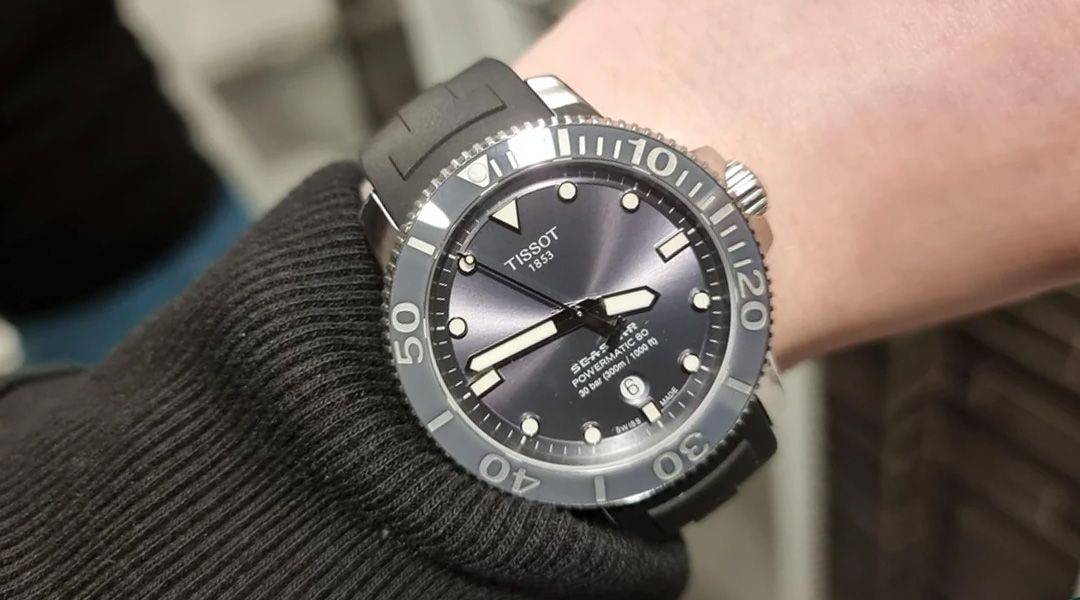
Have you ever wondered if luxury watches are as durable as they are fancy? Well, when it comes to Tissot automatic watches, it’s a bit of a mixed bag. Let’s explore the delicate nature of these timepieces and find out if they can handle the everyday wear and tear.
One key aspect to consider is the sensitivity of these watches to impact and water damage. They might look sleek and shiny, but they are more delicate than you might expect. Accidentally dropping your watch or subjecting it to rough handling can result in costly repairs or even permanent damage. So, if you have a habit of being clumsy or tend to engage in high-intensity activities, you might want to think twice about wearing your precious Tissot on those occasions.
Proper handling and maintenance are necessary when it comes to preserving the longevity of your Tissot automatic watch. Remember, these watches aren’t invincible superheroes; they require delicate care. Neglecting regular servicing, not storing them in proper watch boxes, or exposing them to extreme temperatures can significantly impact their durability. While Tissot offers exceptional craftsmanship, they are not immune to wear and tear.
The big question that arises is whether these automatic watches are suitable for everyday use. Well, it depends on your definition of “every day.” If you consider your daily routine a minefield for delicate timepieces, perhaps it’s best to reserve your Tissot watch for special occasions. On the other hand, if you love the feeling of luxury on your wrist as you go about your day, just be cautious and take extra care to avoid any mishaps.
Tissot automatic watches are well crafted, but they come with their fair share of fragility. So, if you are someone who appreciates the finer things in life and knows how to handle them with care, a Tissot watch could be a symbol of sophistication on your wrist.
ARE TISSOT AUTOMATIC WATCHES OVERPRICED?
The subject of whether Tissot watches are pricey does, however, come up as it does with any luxury good. We must investigate the elements that contribute to its cost in order to resolve this.
Value for Craftsmanship: The automatic watches from Tissot are the epitome of innovative design and precise construction. Each item is an artistic union of cutting-edge technology and conventional watchmaking methods. Every component demonstrates the brand’s commitment to excellence, from the complex automatic movement to the exquisite dial and case design.
Swiss Heritage: Le Locle, Switzerland, the birthplace of fine watchmaking, is where Tissot got its start. The history, accuracy, and dedication to the horological perfection of the Swiss watch industry are well known. The Tissot Automatic Watches carry on this tradition, establishing them as prestigious timepieces that compete favorably with other high-end labels.
Mechanism Innovation: The automated movement that drives Tissot watches is a wonder of engineering, consisting of many parts that operate together seamlessly. The intricate nature of this mechanism necessitates precise production and assembly, which raises the price of the watch as a whole.
Materials and Aesthetics: Tissot uses premium materials, including sapphire crystal, stainless steel, and detailed dials. The watches’ perceived value is increased by the attention to detail and the aesthetics of their designs.
Position in the Market: Unlike some extremely prominent brands, Tissot watches are more affordable for a wider audience since they sit at the nexus of luxury and accessibility. This balance is reflected in the price point, which gives customers a taste of Swiss luxury without the exclusivity of sky-high prices.
It’s important to recognize that the cost of Tissot Automatic Watches includes more than just the materials and mechanics; it also takes into account the brand’s tradition, innovation, and the experience of owning a piece of horological history.
COMPARING TISSOT AUTOMATIC WATCHES TO COMPETING BRANDS IN TERMS OF QUALITY AND DURABILITY
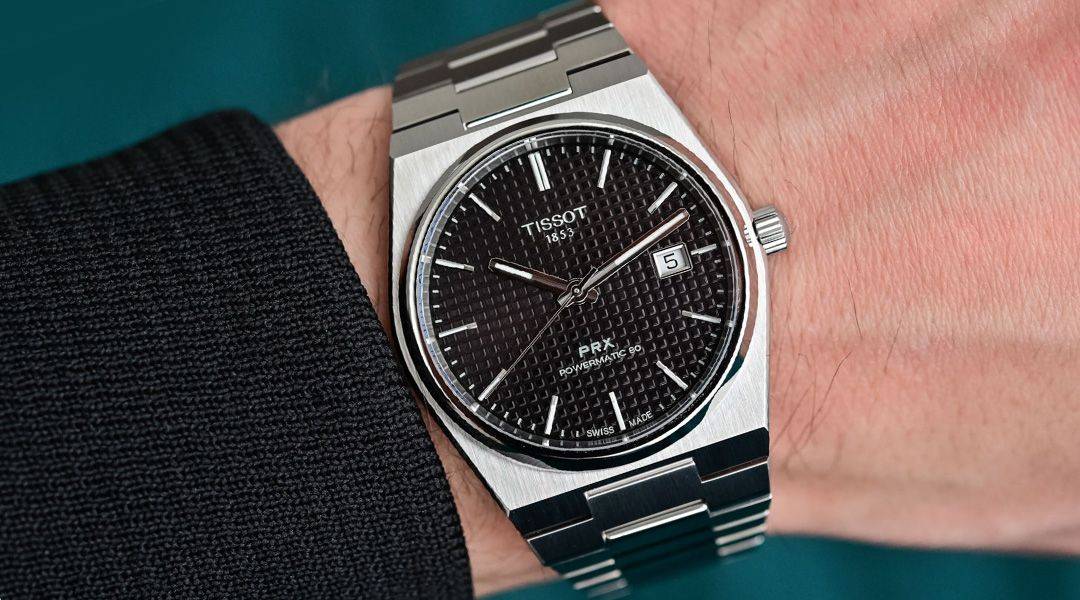
Considering investing in a Tissot automatic watch? You may be wondering how it stacks up against other luxury watch brands when it comes to reliability and durability.
When it comes to quality, Tissot watches are known for their precision engineering and attention to detail. Whether it’s the classic charm of the Tissot Le Locle Automatic or the contemporary flair of the Tissot Gentleman Powermatic 80 Silicium. While top-tier brands like Rolex and Omega undoubtedly excel in craftsmanship, Tissot’s dedication to quality places them in the same league.
Tissot Automatic Watches are designed to accompany wearers through various adventures, exemplified by models like the Tissot T-Classic PR 100 Automatic, which combines durability with elegance. While Tissot may not carry the heritage of watchmaking giants like Patek Philippe, their reputation for reliability is solid and resonates with those who seek timepieces that can withstand the rigors of daily wear.
Tissot’s positioning in the luxury watch segment provides a unique advantage. While it competes with brands like TAG Heuer, Longines, and Montblanc, Tissot offers a bridge between high-end Swiss luxury and accessibility. This sweet spot allows them to deliver quality and durability without reaching the astronomical price points of some upper-tier brands.
However, the competition isn’t just about legacy; it’s also about innovation. Brands like Tudor and Breitling infuse modern technology and design into their watches. Tissot, too, balances tradition with innovation through features like the Powermatic 80 movement, combining contemporary performance with timeless craftsmanship.
In the arena of quality and durability, Tissot’s automatic watches proudly compete with the best. While they might not possess the decades-long heritage of some competitors, Tissot’s reputation for producing reliable, well-crafted timepieces positions them as a wise choice for those who seek a harmonious blend of Swiss excellence and contemporary design.
THE PROS AND CONS OF OWNING A TISSOT AUTOMATIC WATCH
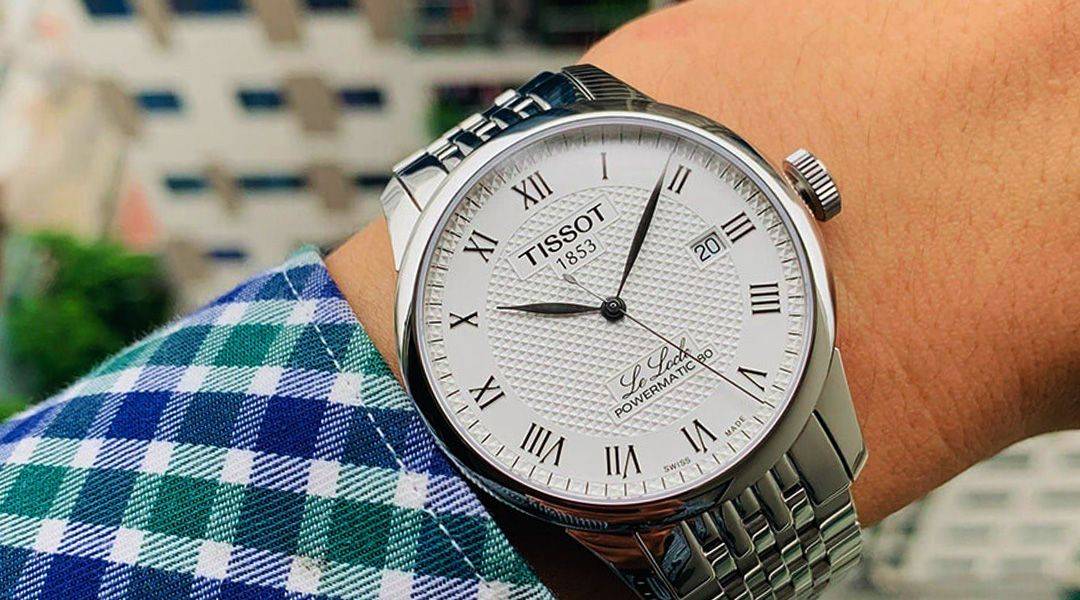
ADVANTAGES OF OWNING A TISSOT AUTOMATIC WATCH:
Craftsmanship: Tissot’s legacy in watchmaking shines through in their automatic watches. Models like the Tissot Le Locle Automatic boast impeccable craftsmanship, featuring intricate details.
Diverse Selection: Tissot offers an impressive range of automatic watches that cater to various styles. The Tissot T-Classic PR 100 Automatic is a versatile option suitable for both formal and casual occasions.
Convenience: The self-winding mechanism eliminates the requirement for manual winding, ensuring the watch remains operational as long as someone wears it.
Brand Recognition: Tissot’s reputation as a respected Swiss watchmaker adds a touch of prestige to owning their automatic watches.
DRAWBACKS OF TISSOT AUTOMATIC WATCHES:
Accuracy: While Tissot Automatic Watches are generally accurate, they may not match the precision of quartz watches. Minor timekeeping discrepancies are common.
Maintenance: Regular wear or a watch winder is necessary to keep the watch running. Extended periods of inactivity could lead to manual winding.
Price Range: Tissot’s automatic watches fall into the luxury category, making them more expensive than basic quartz watches.
IS INVESTING IN A TISSOT AUTOMATIC WATCH A WISE DECISION?
When considering a luxury watch investment, several key factors can influence the decision: the price-performance ratio, personal preferences, and long-term reliability. Tissot Automatic Watches emerge as a compelling choice due to their unique blend of craftsmanship, heritage, and modernity.
Price-Performance Ratio: Tissot’s automatic watches strike a delicate balance between cost and quality. This makes them an attractive option for those seeking value in their luxury watch investment. Models like the Tissot Le Locle Automatic and Tissot T-Classic PR 100 Automatic deliver exceptional craftsmanship at nominal price points ranging from $400 to $700. This translates to a solid price-performance ratio. Buyers receive Swiss precision, elegant design, and a touch of prestige without entering the stratospheric realm of ultra-luxury brands.
Personal Preference: Watch collecting is a deeply personal journey, often driven by an individual’s taste and style. Tissot acknowledges this diversity by offering a wide range of automatic watches that cater to various preferences. Whether one leans towards classic elegance, contemporary sophistication, or sporty functionality, Tissot’s collection encompasses a watch for every wrist. The Tissot Gentleman Powermatic 80 Silicium, for instance, offers a blend of classic and modern elements. This makes it suitable for versatile styling.
Long-Term Reliability: An investment in a luxury watch isn’t just about the present; it’s also about the future. Tissot’s reputation for crafting reliable and durable timepieces ensures that your investment stands the test of time. The Powermatic 80 movement, found in watches like the Tissot T-Classic PR 100 Automatic, extends the power reserve and reduces the frequency of servicing. This further enhances the long-term reliability of these watches. While they might not carry the prestige of brands like Rolex, Tissot’s commitment to quality ensures your investment retains its value over the years.
















